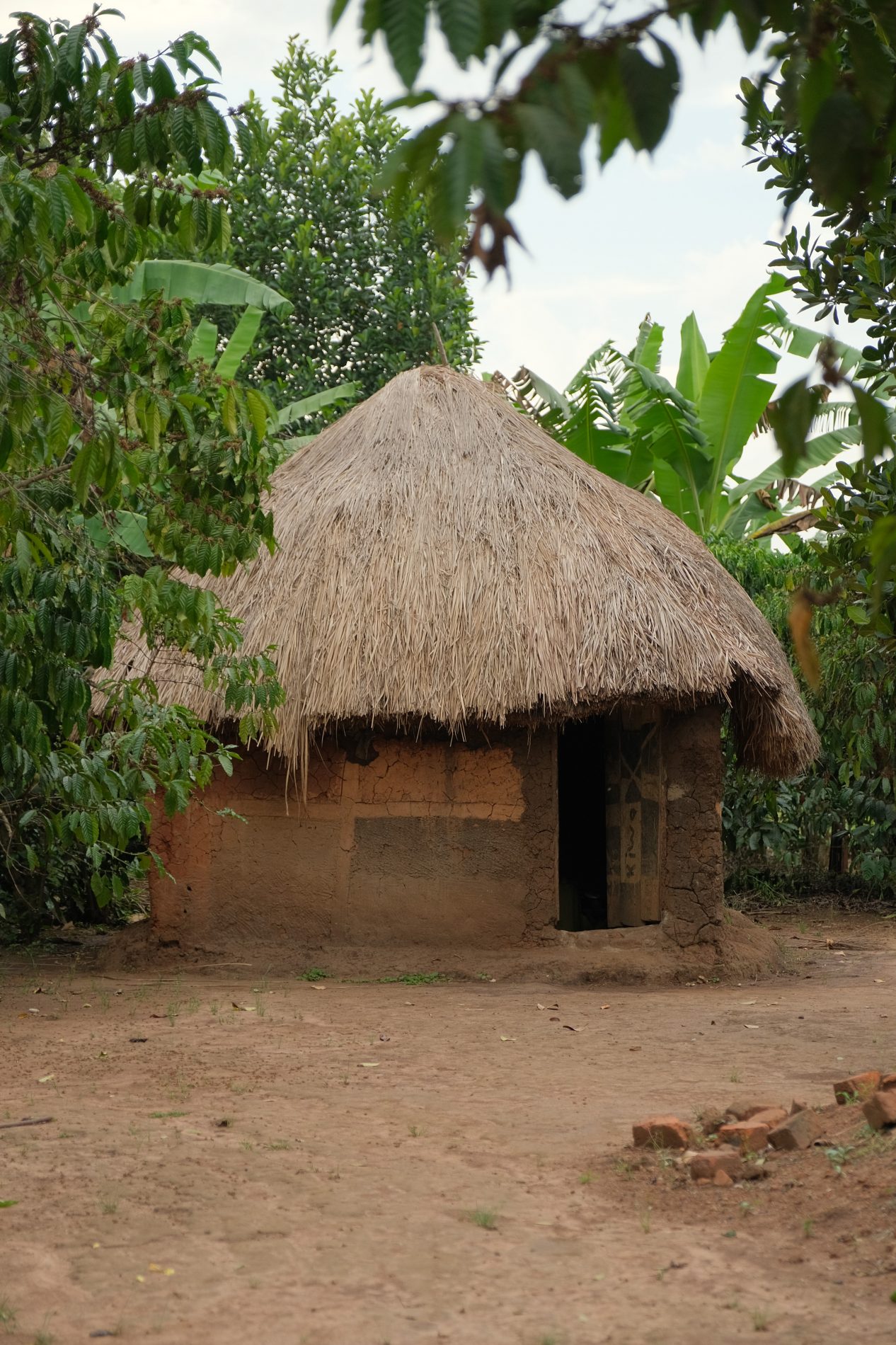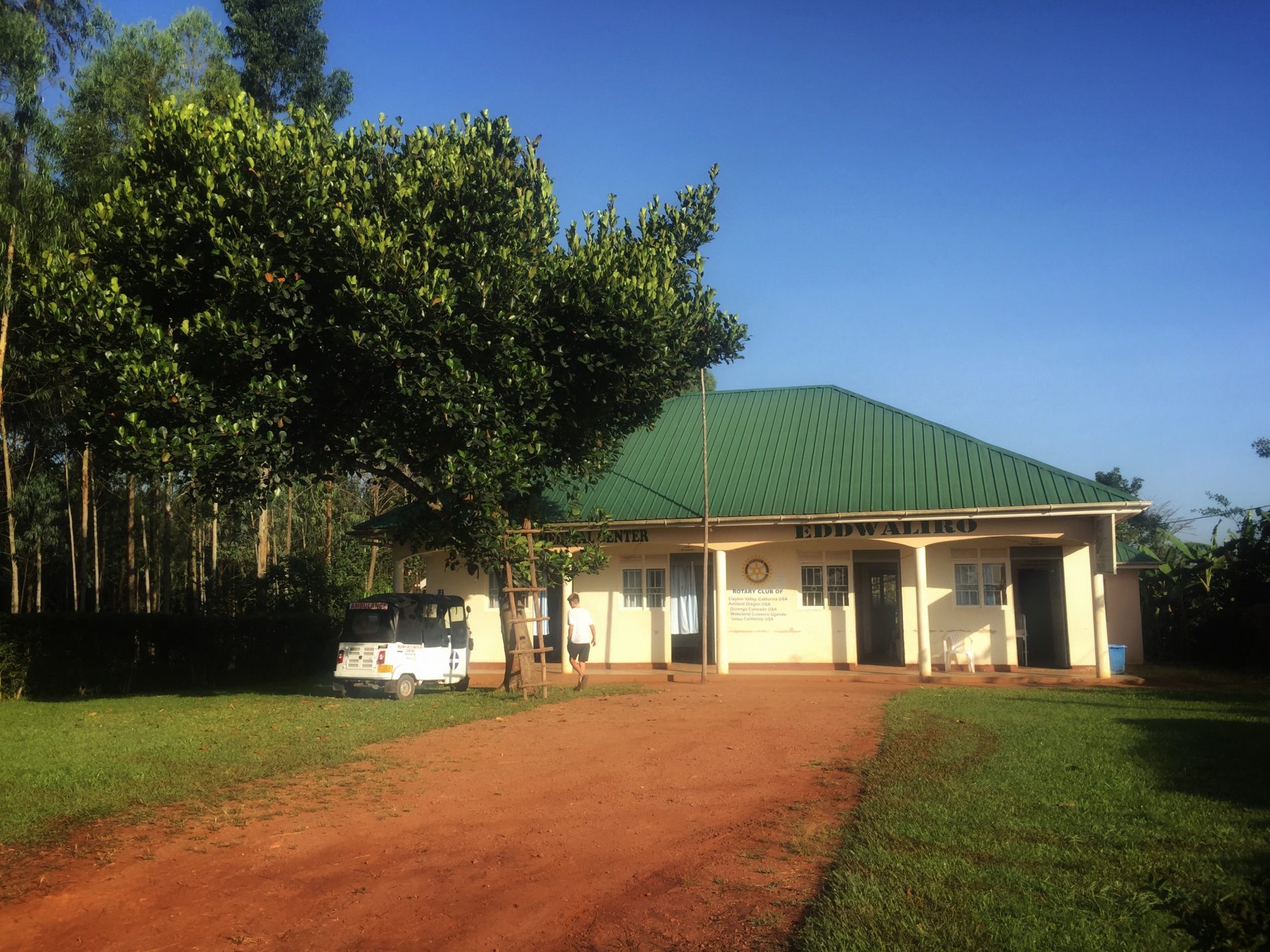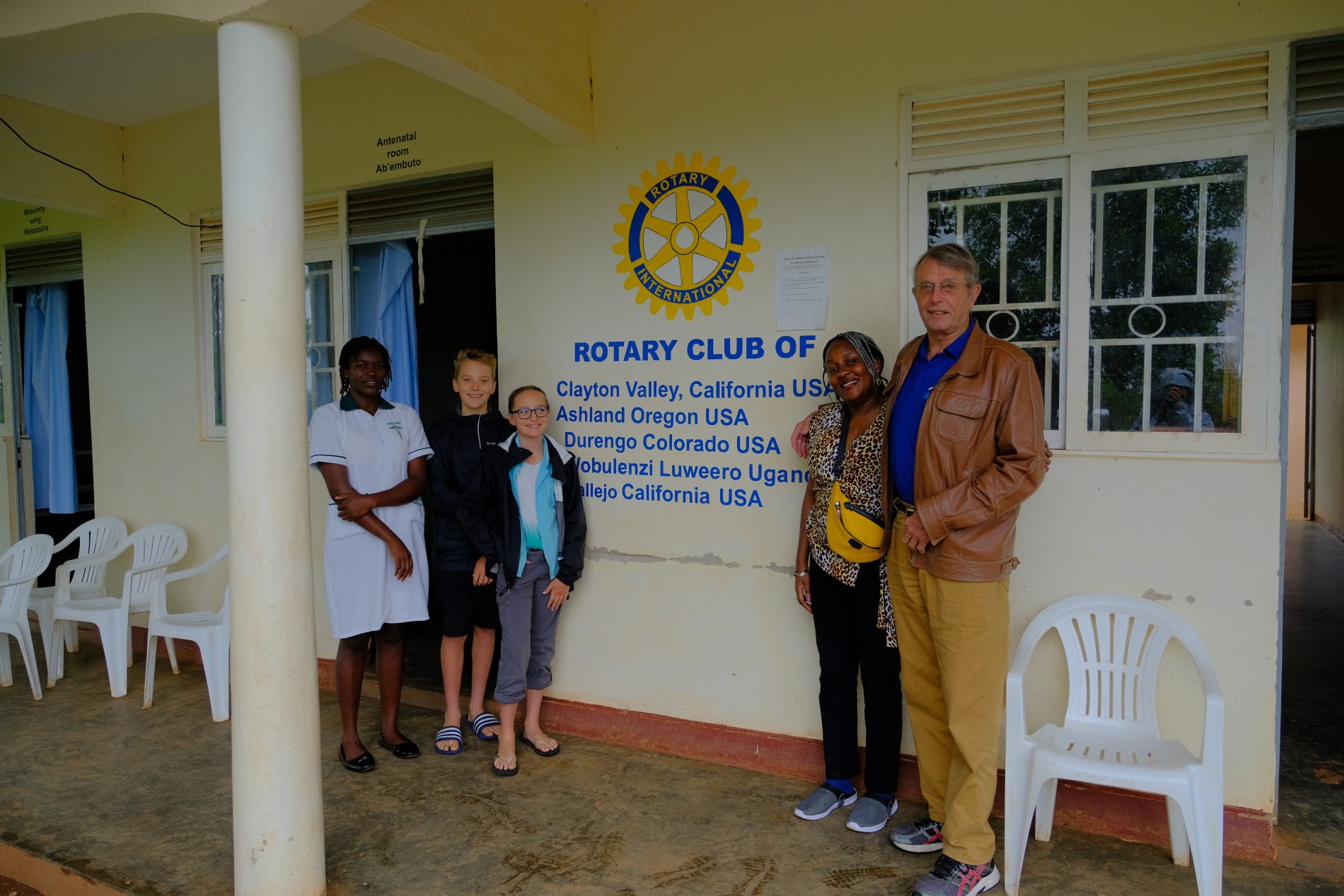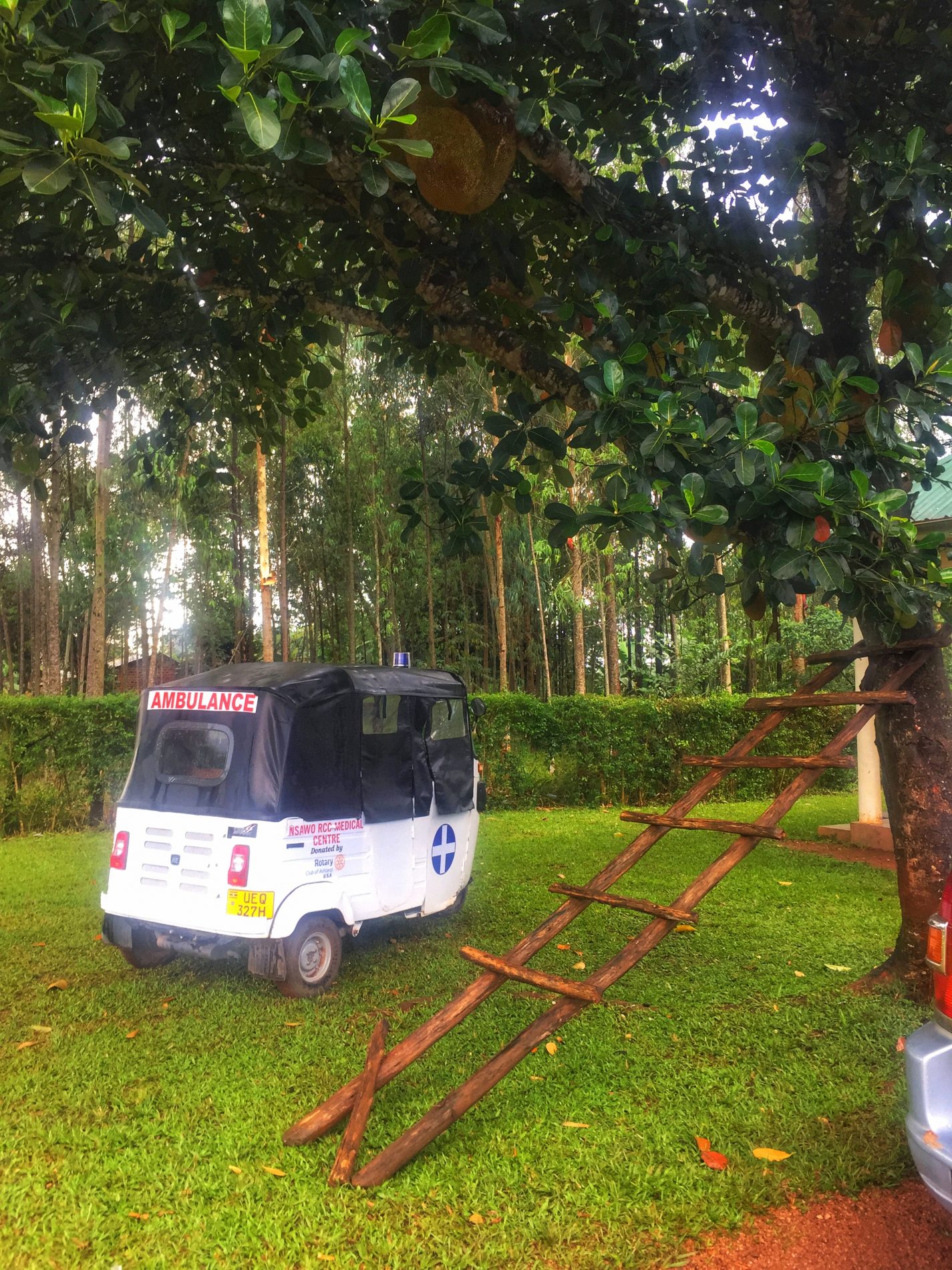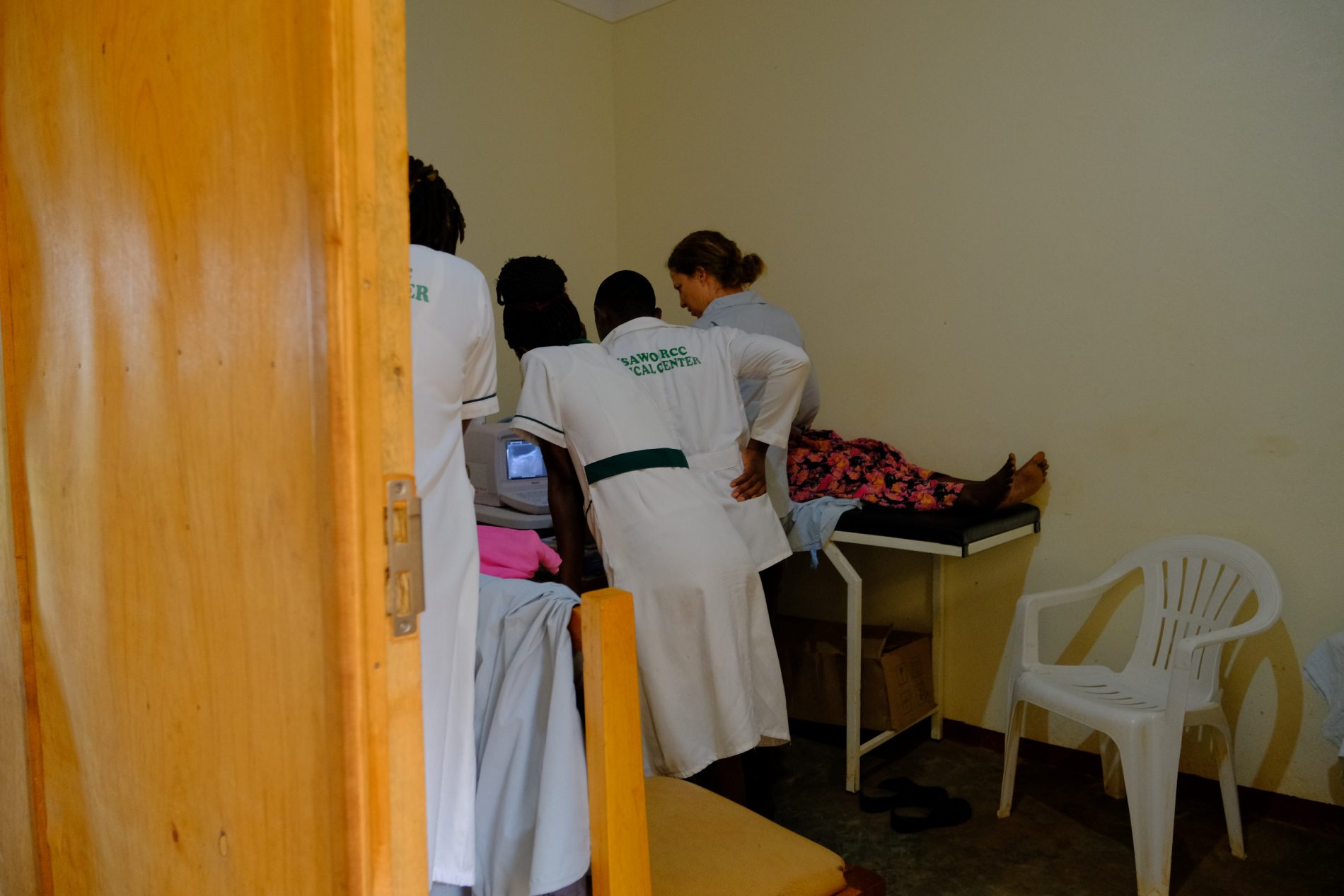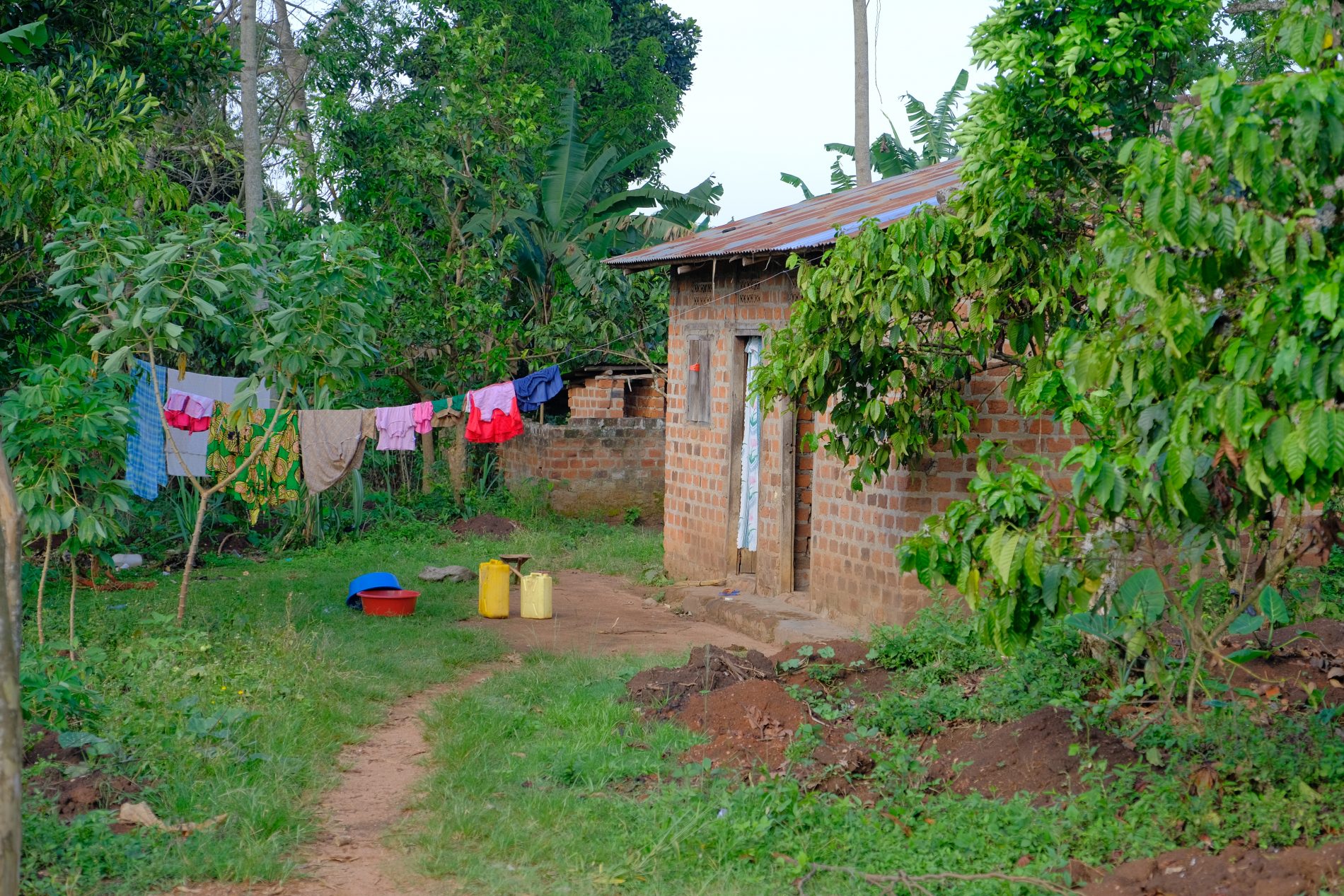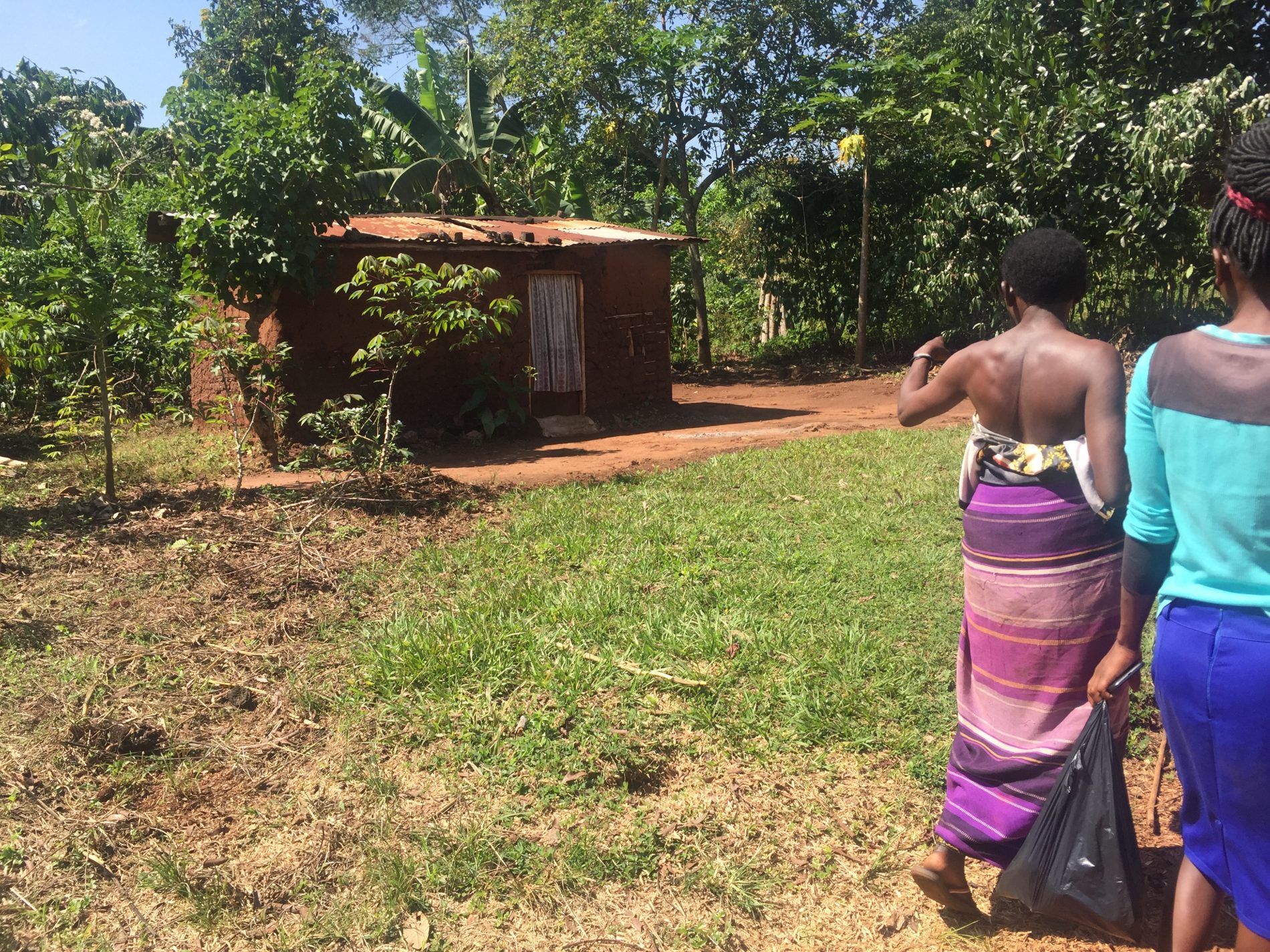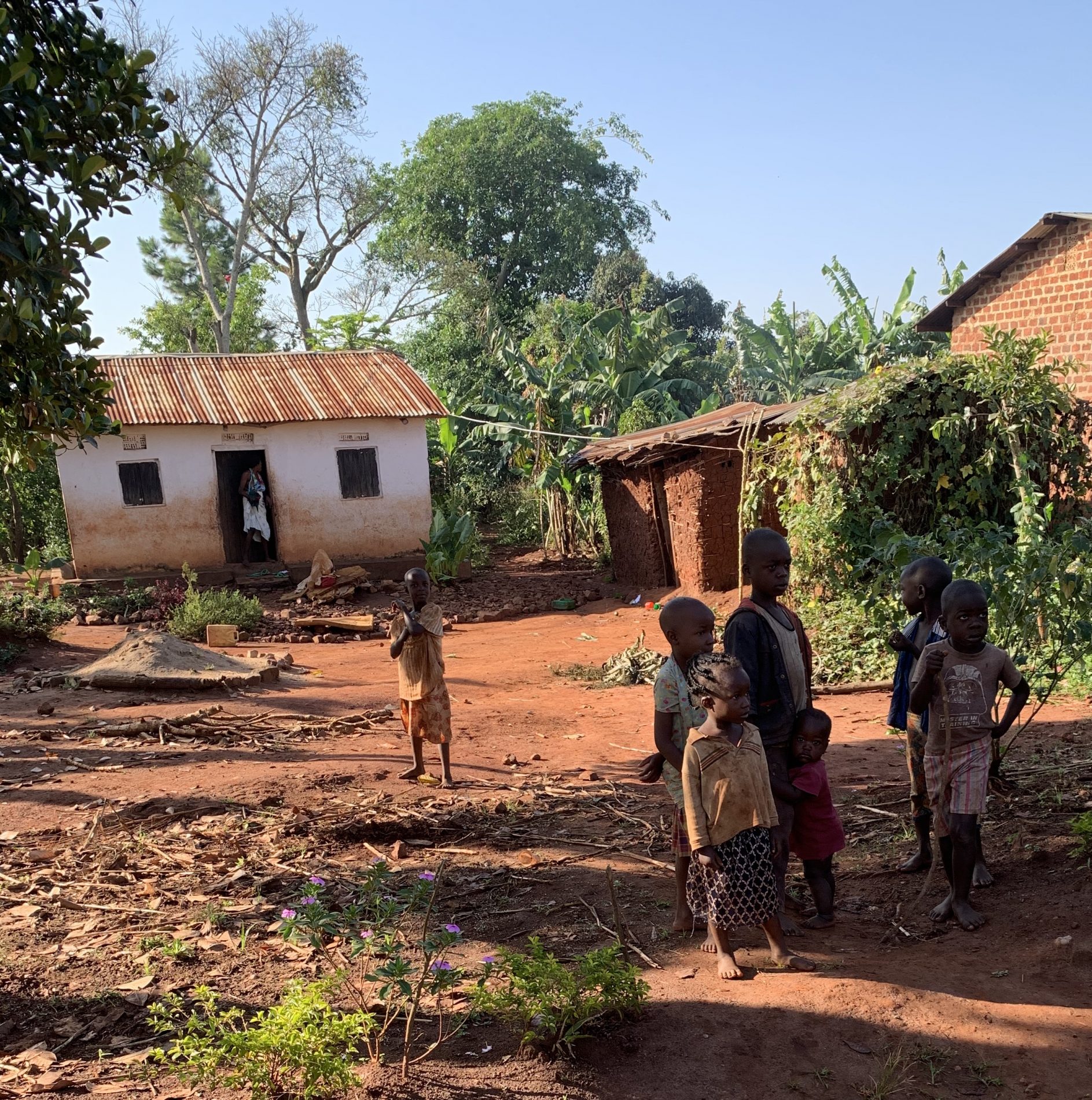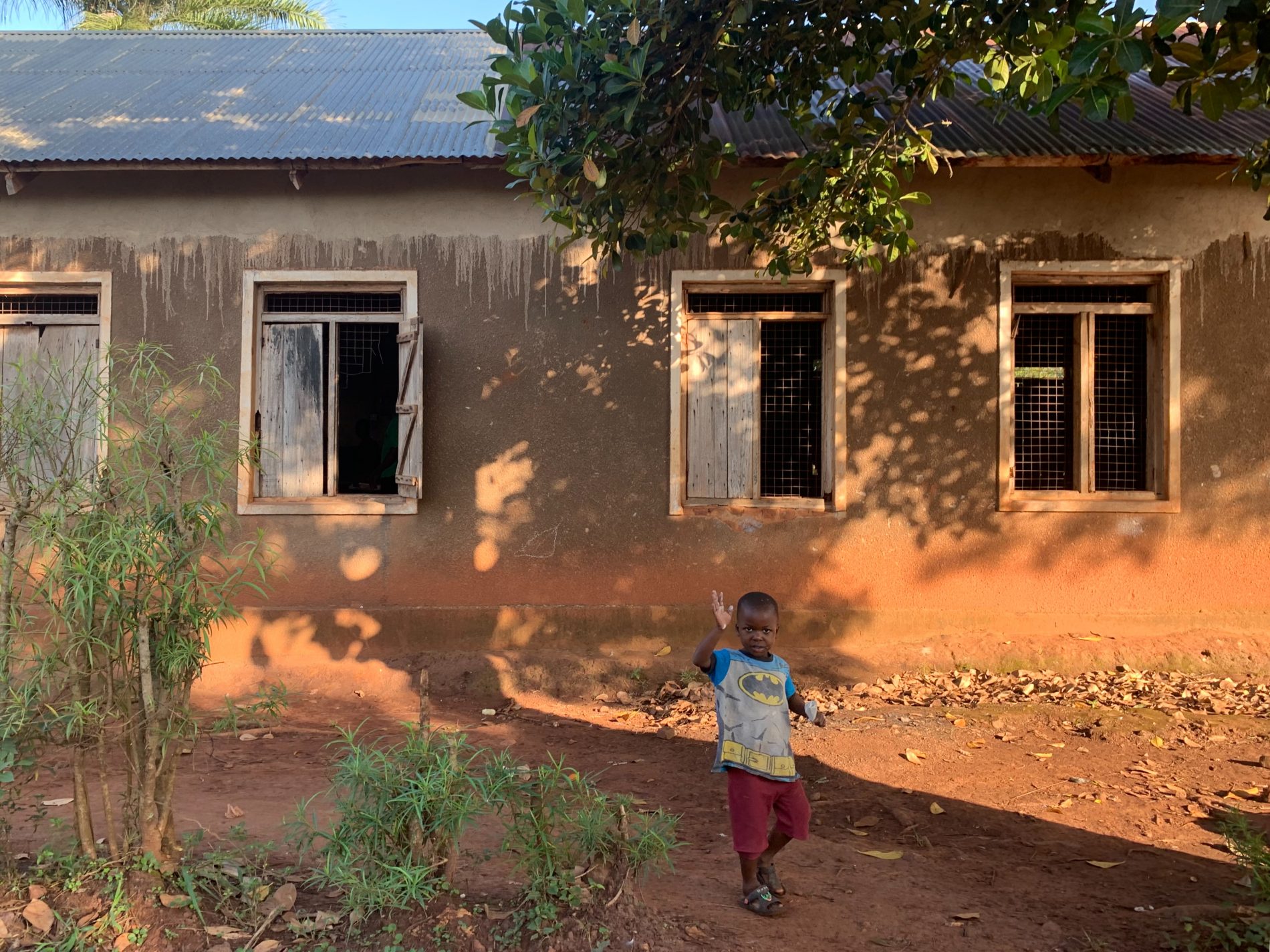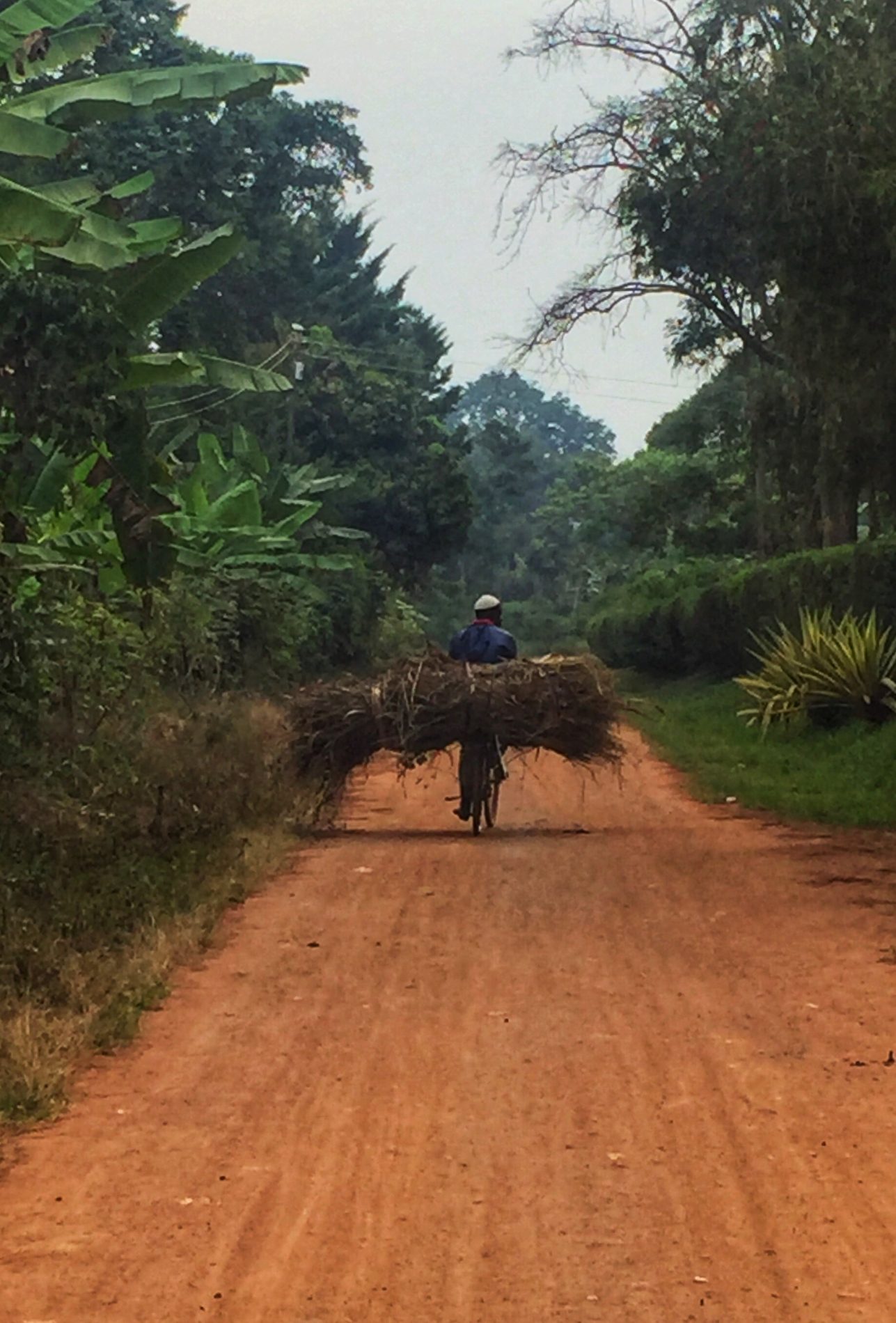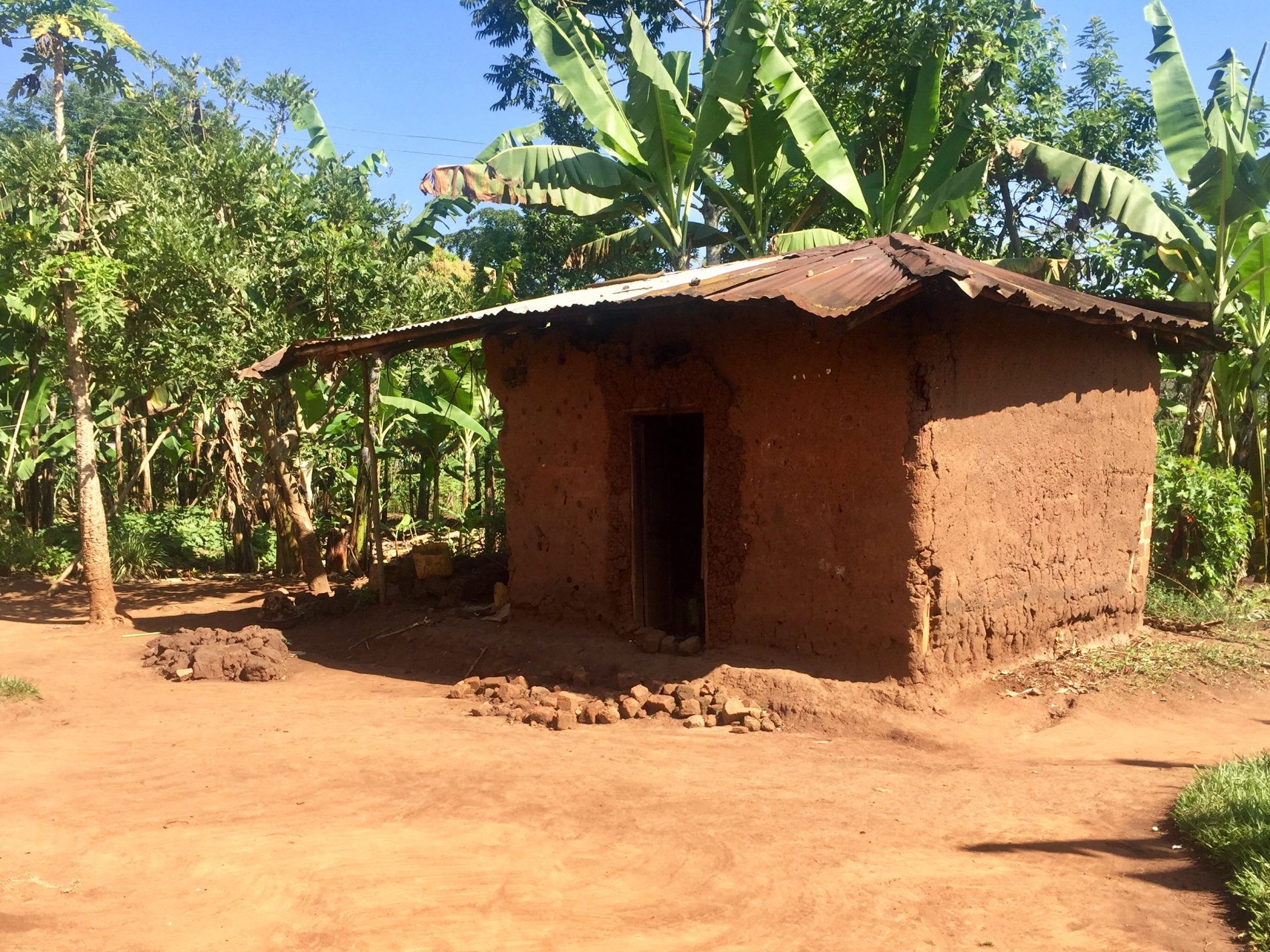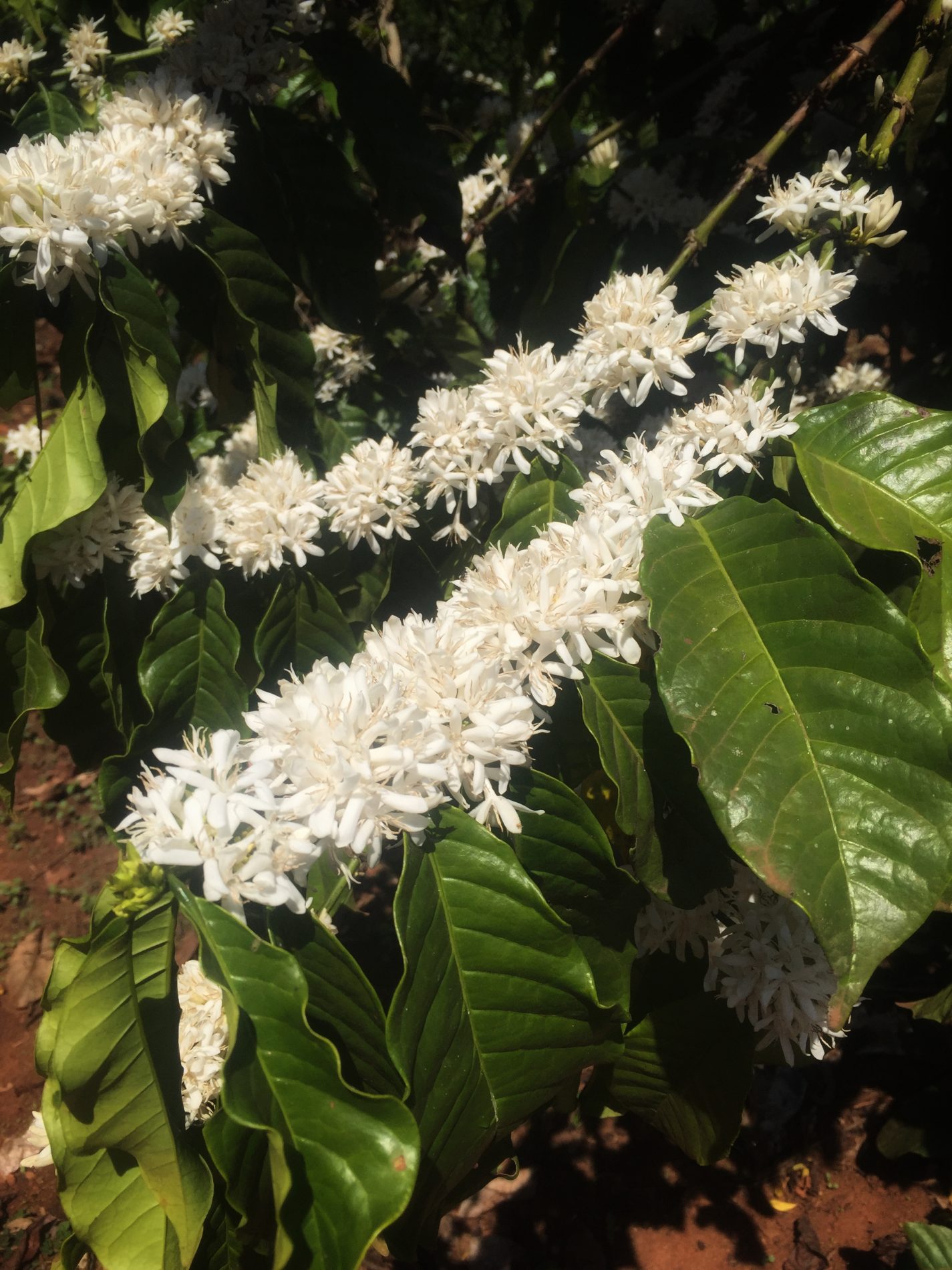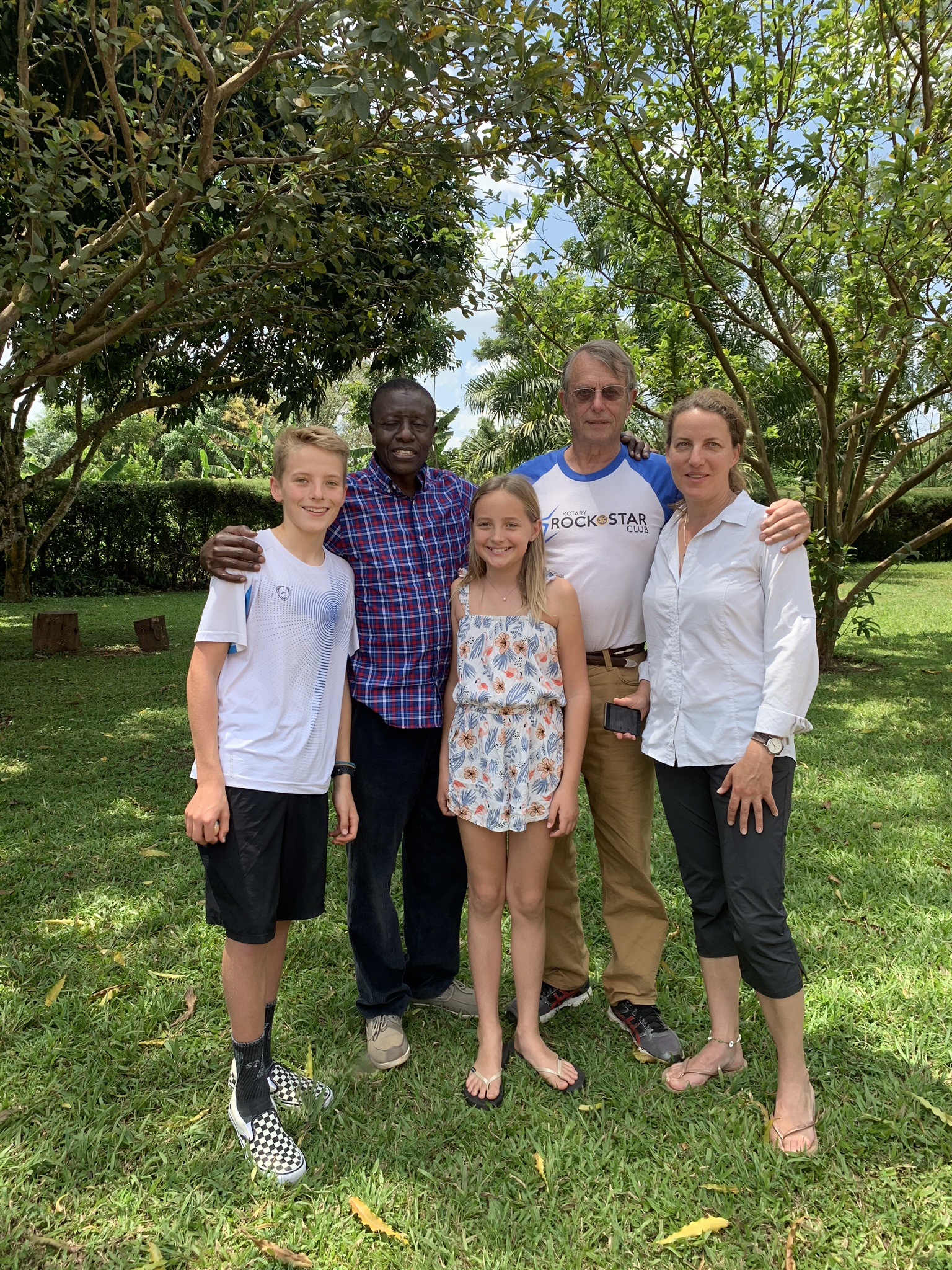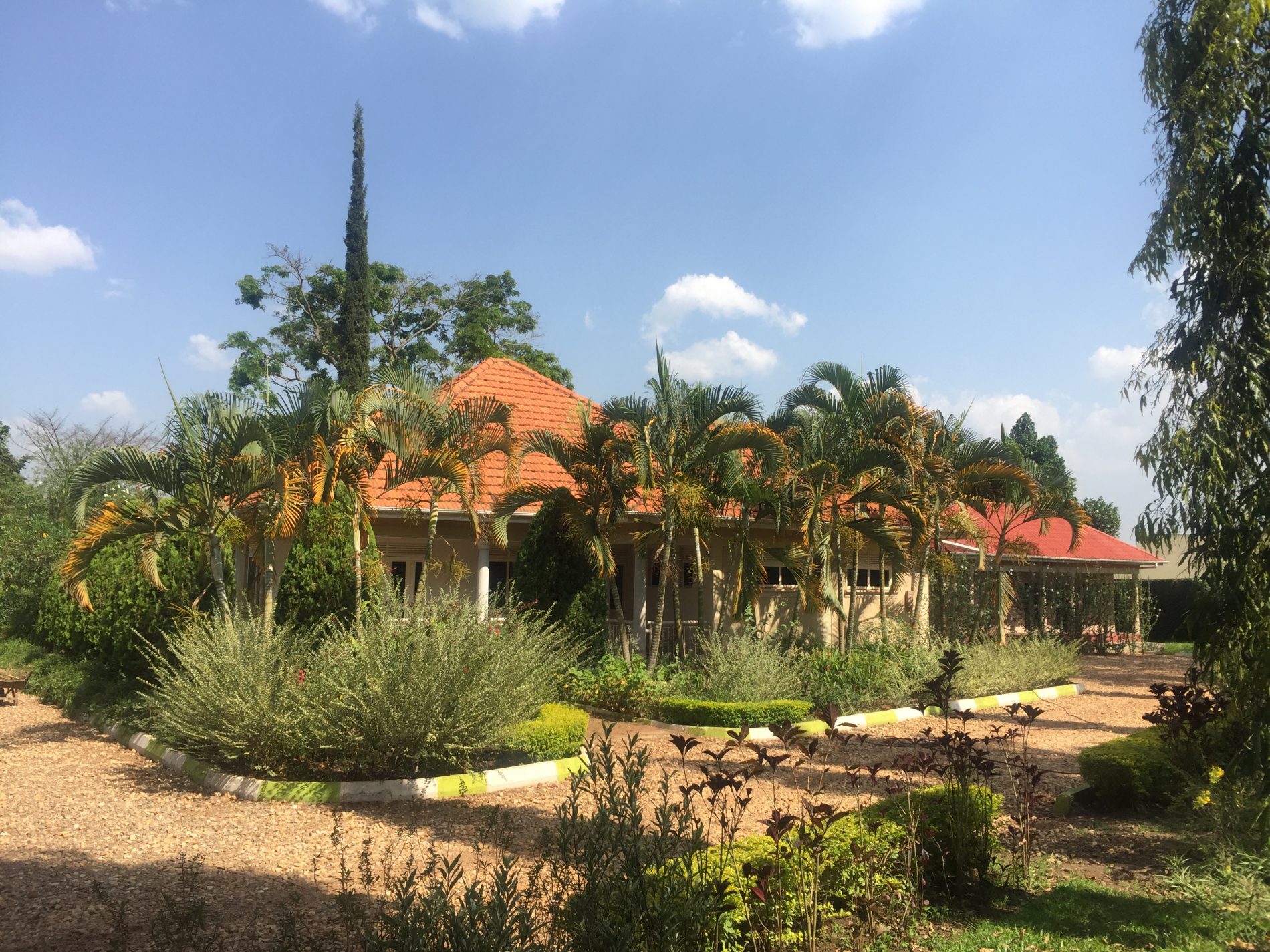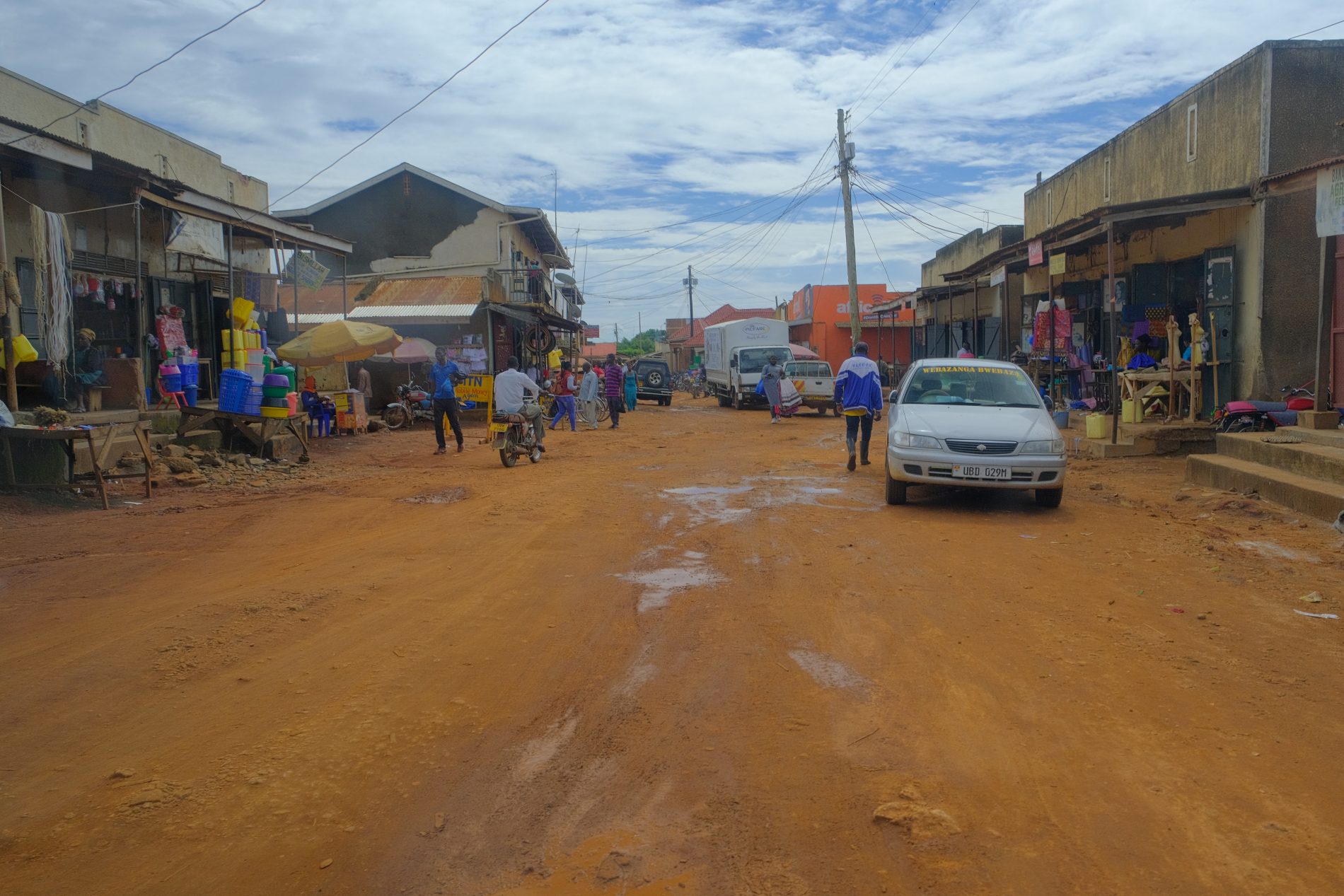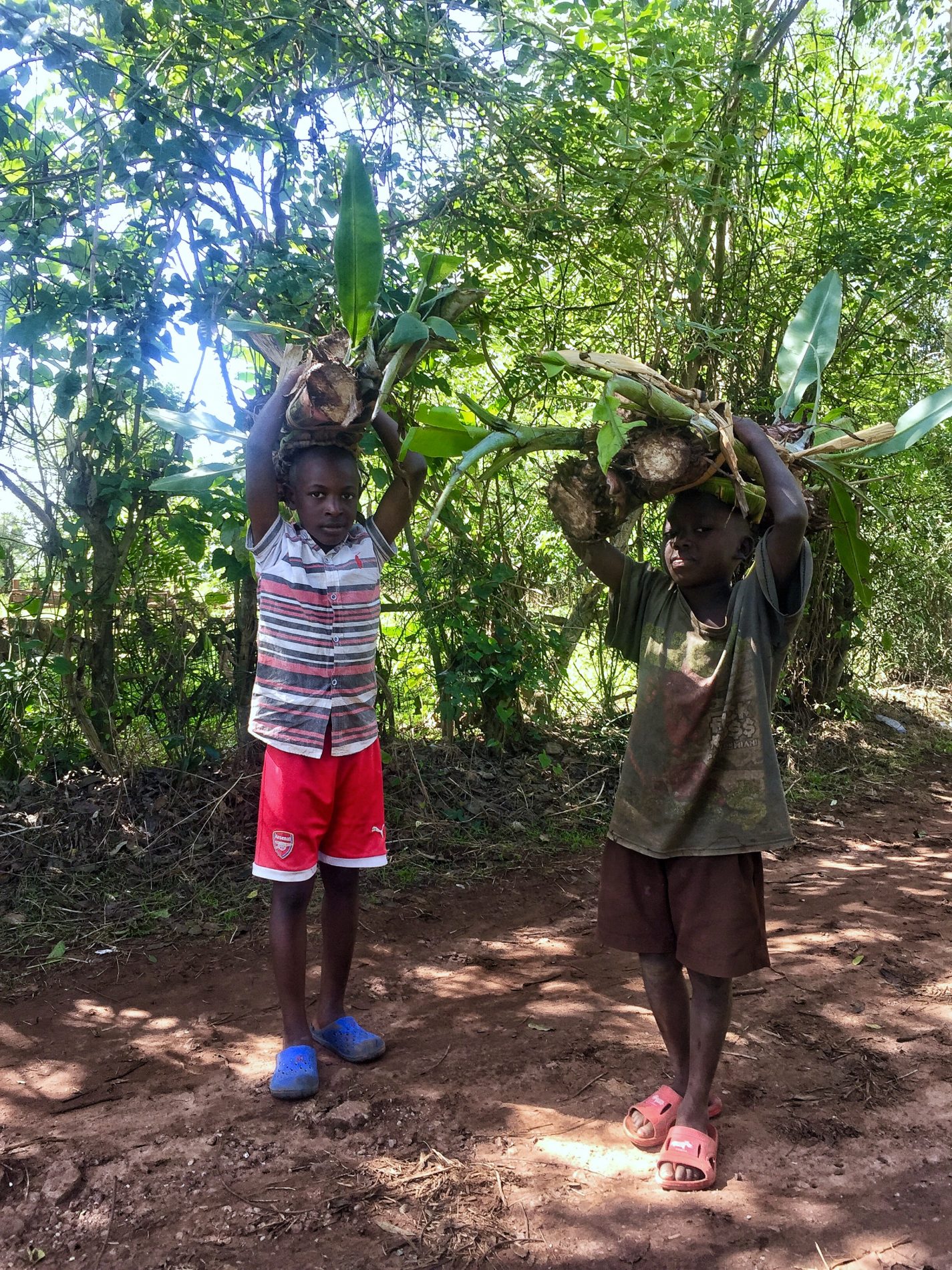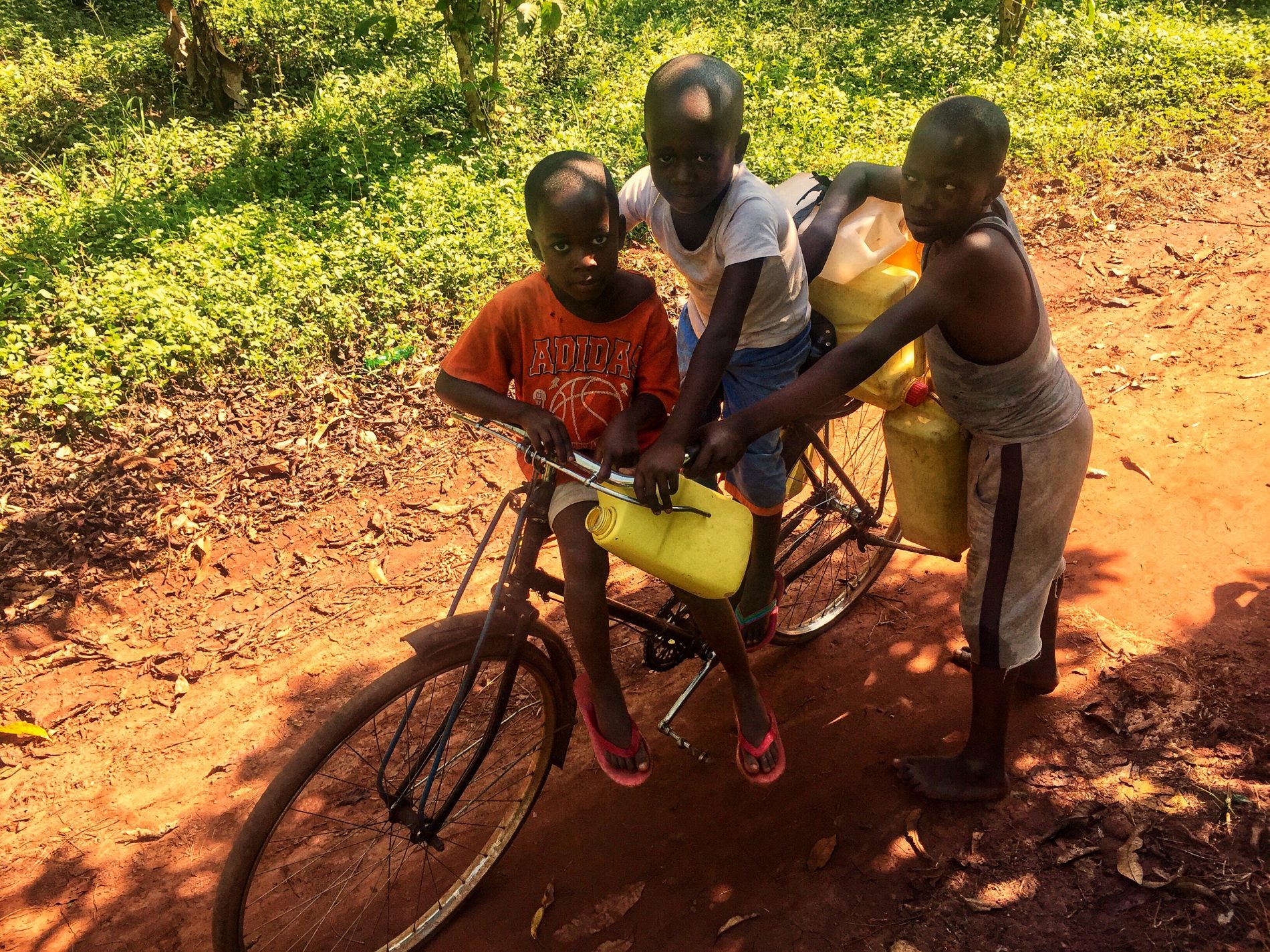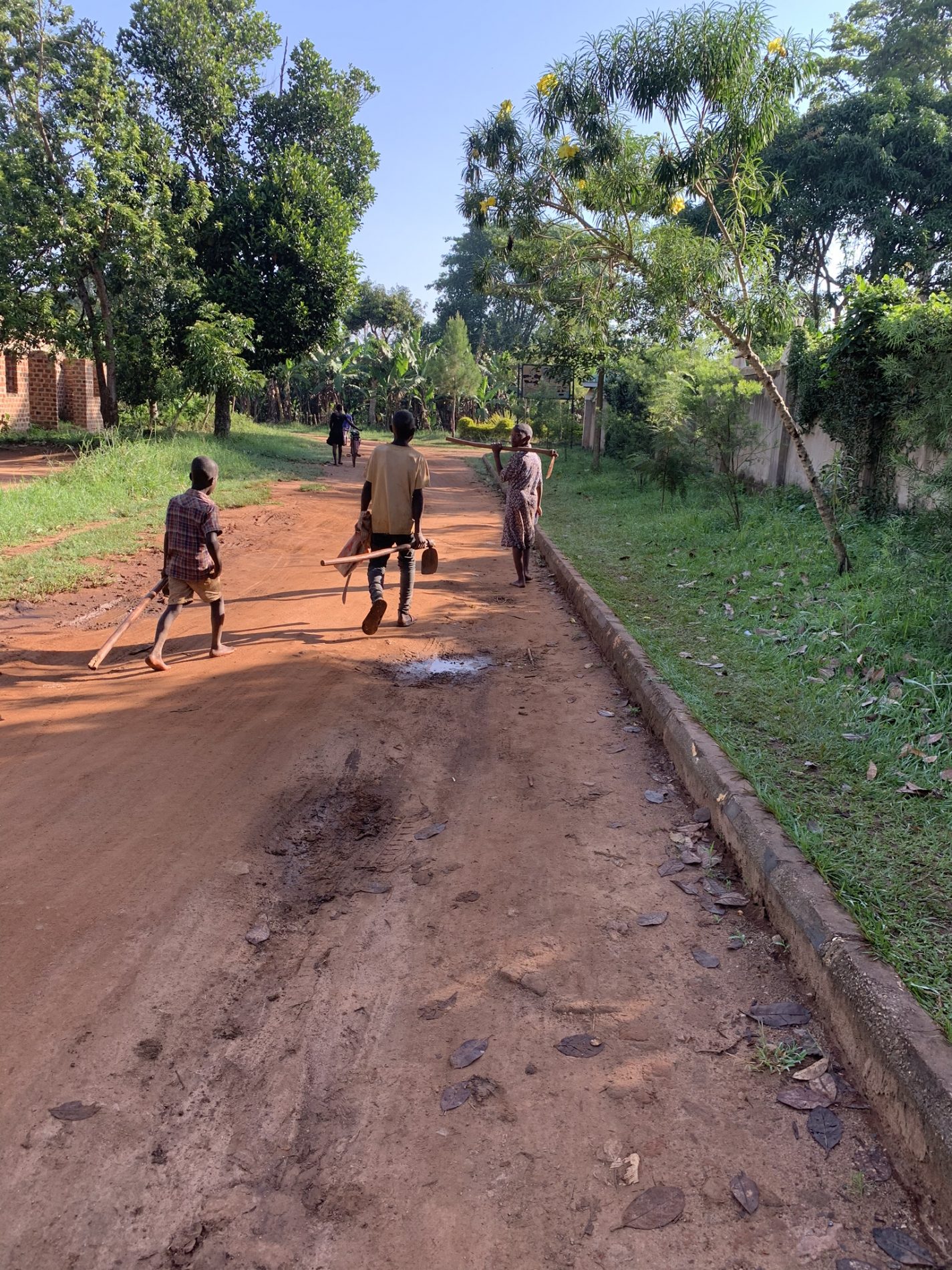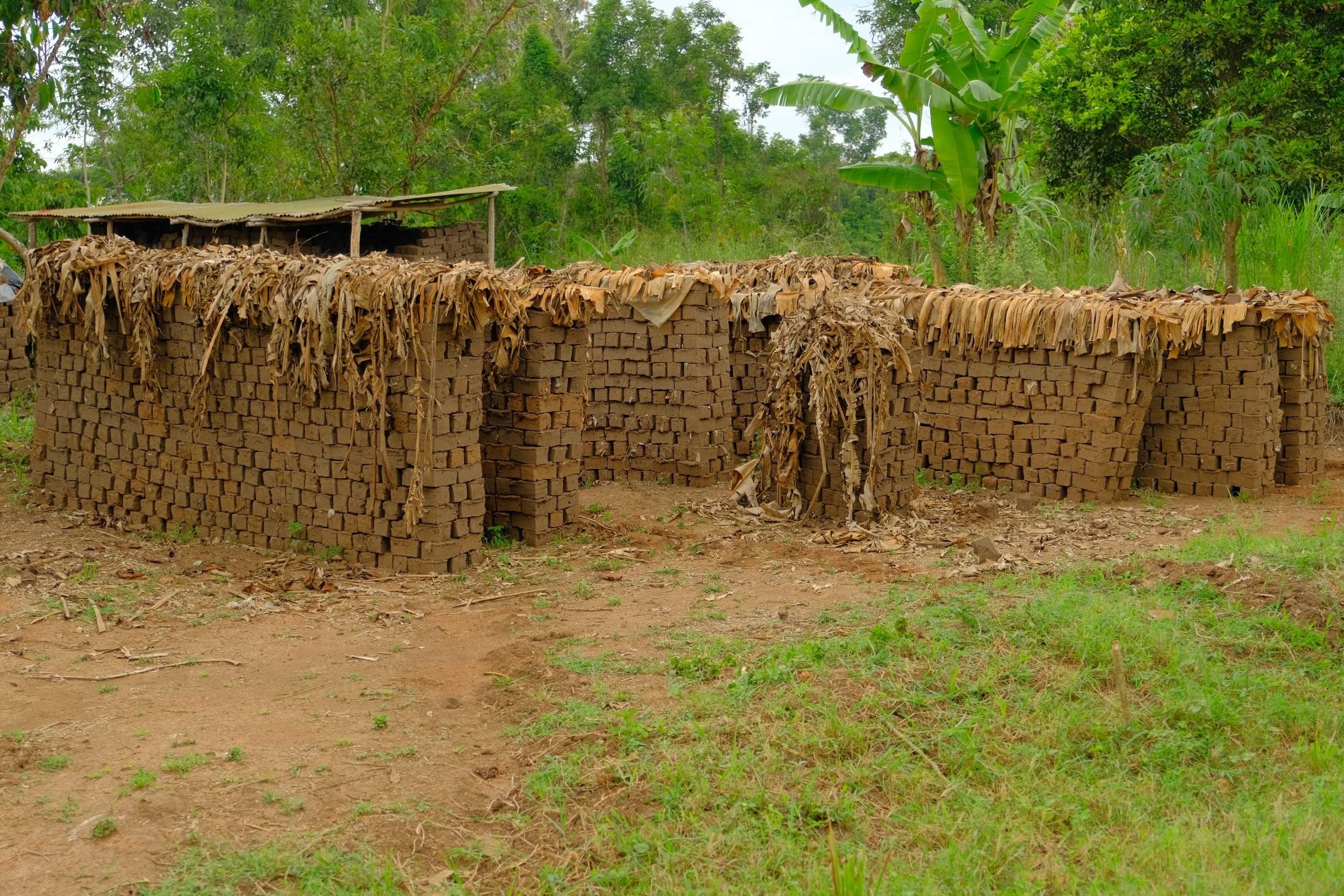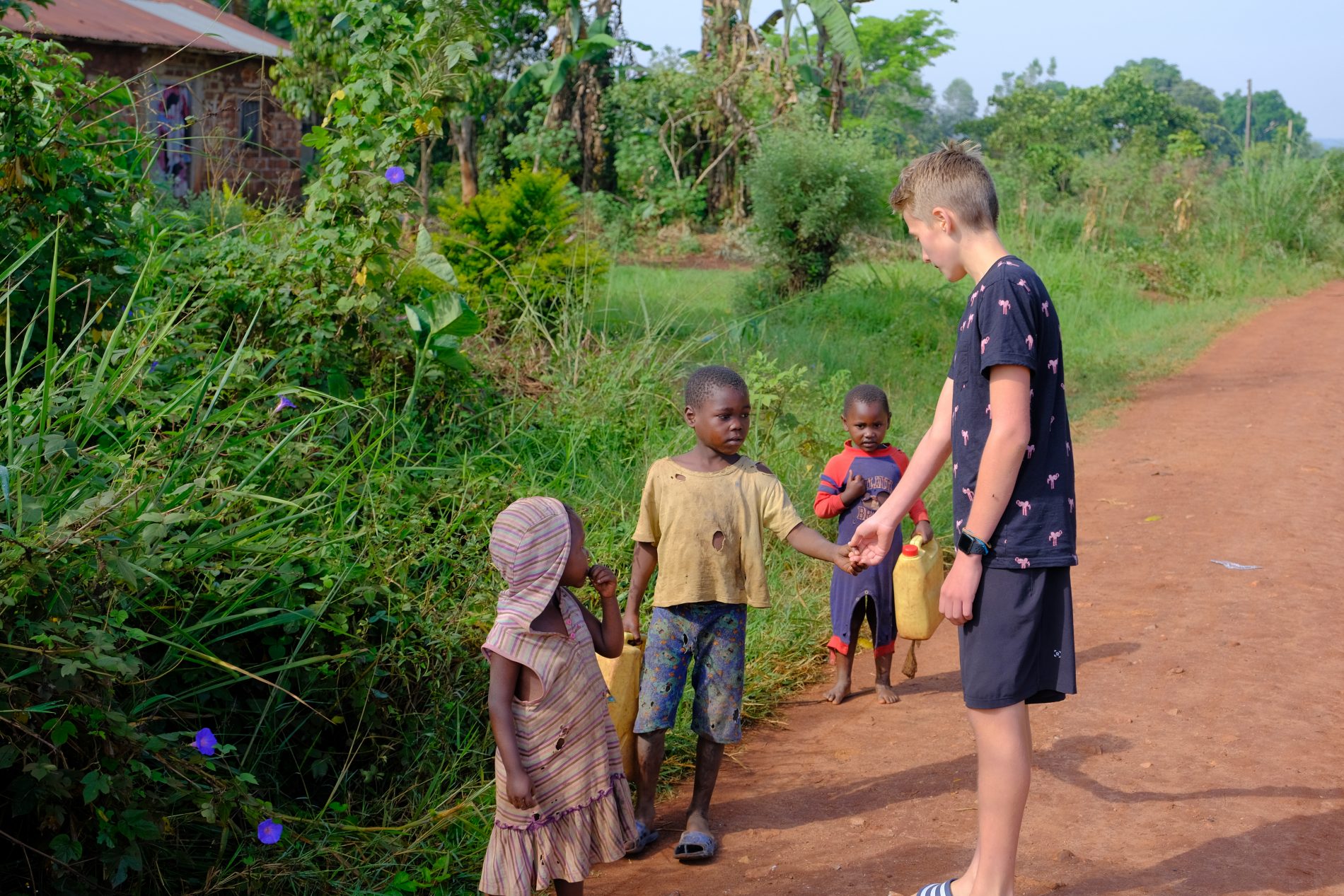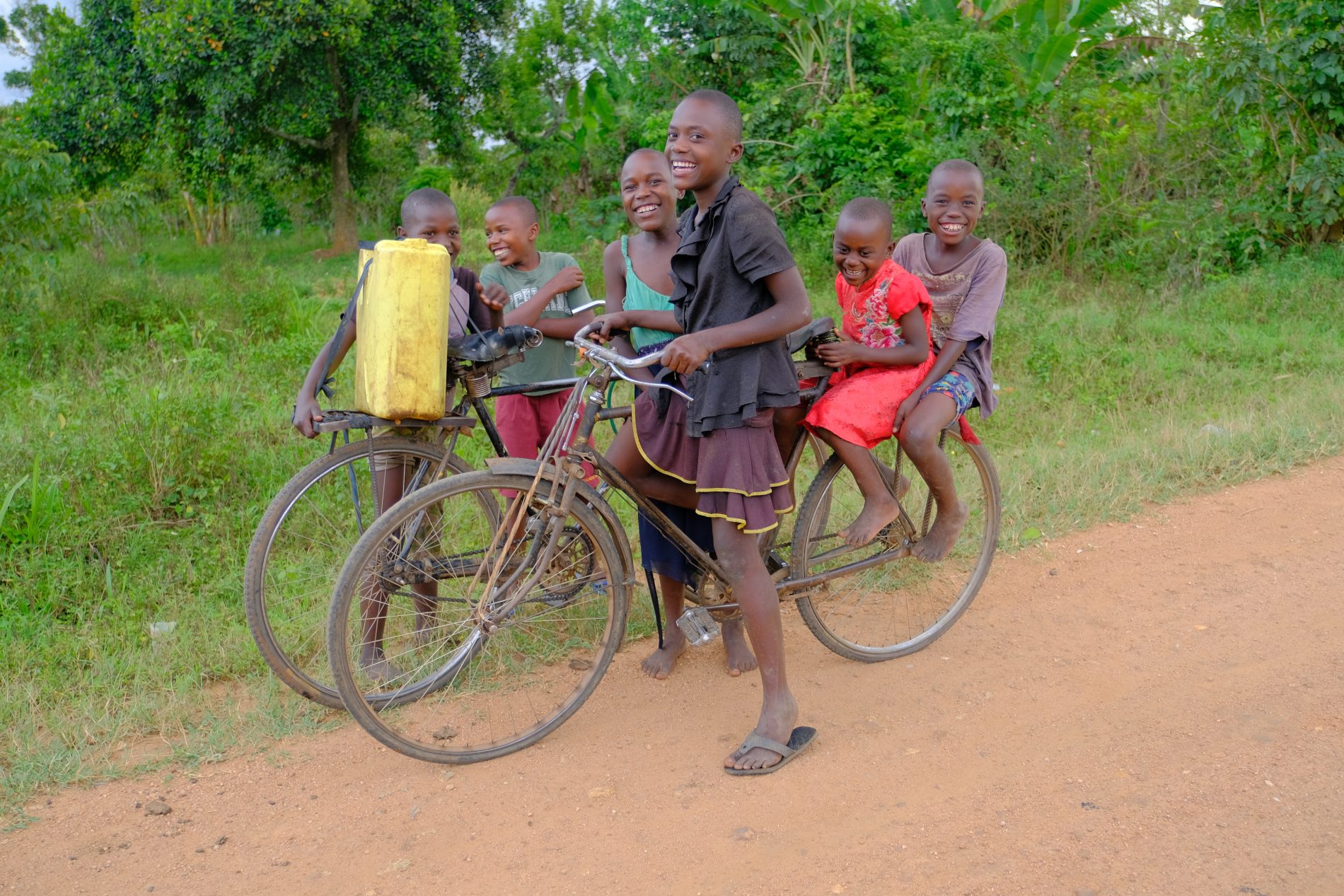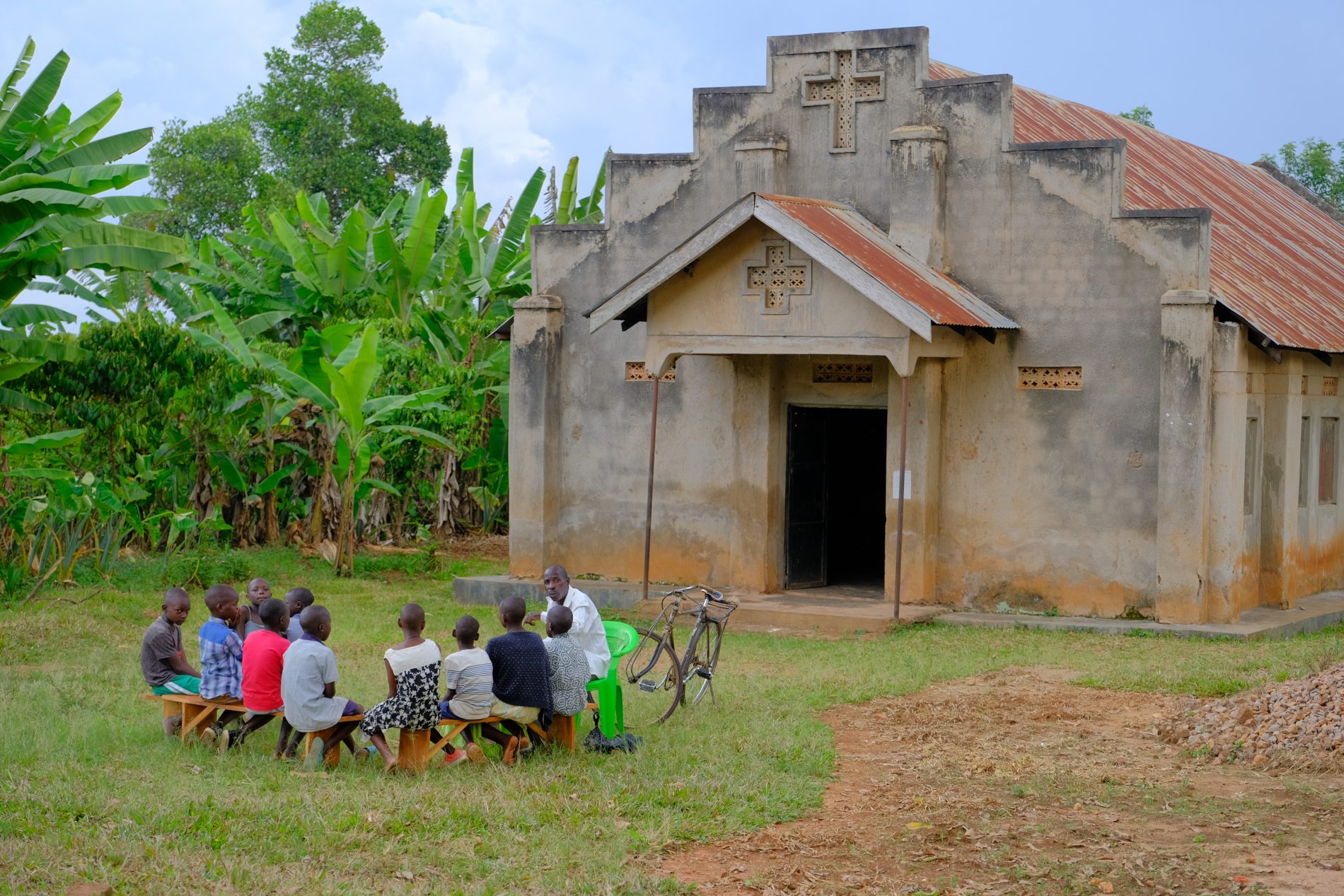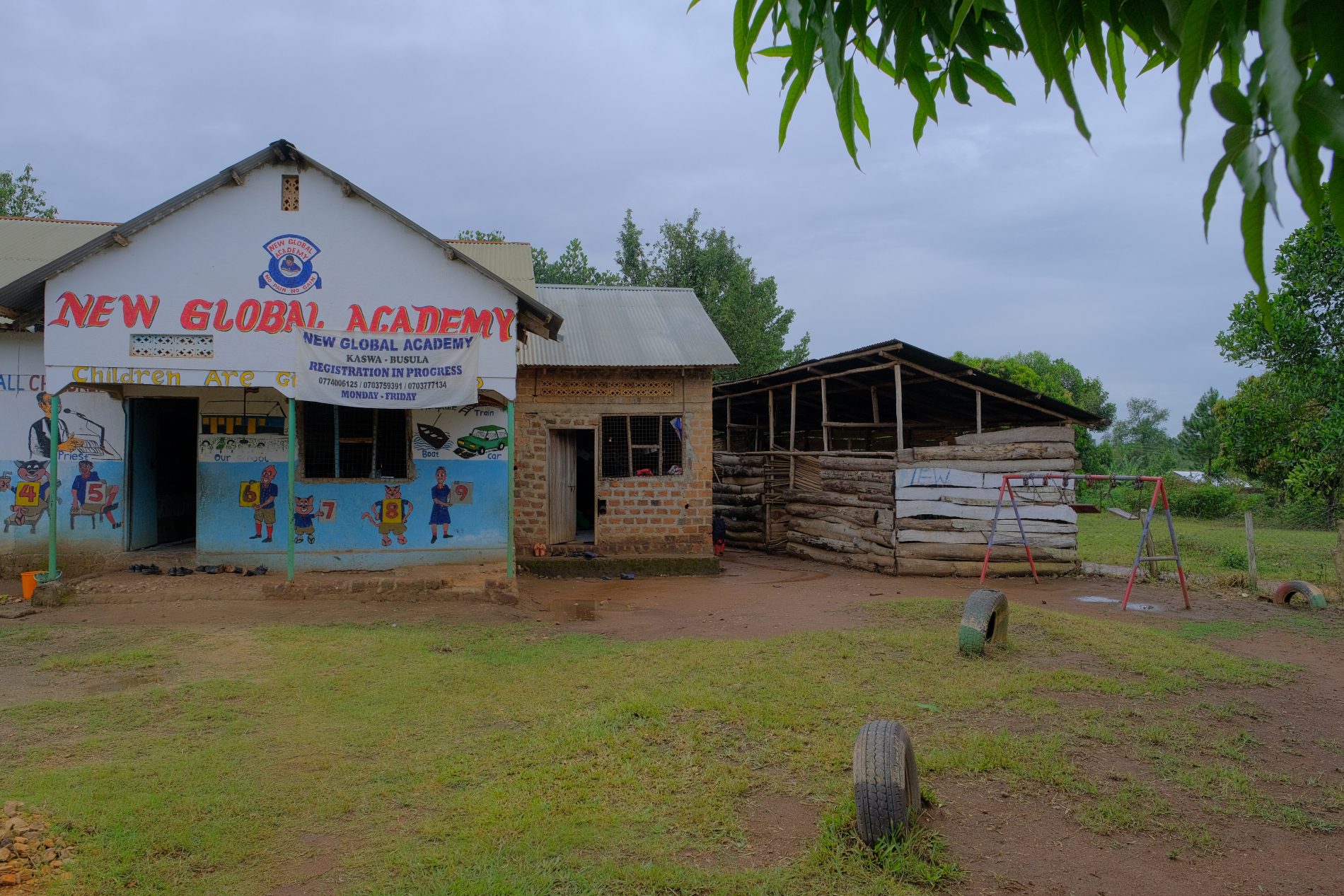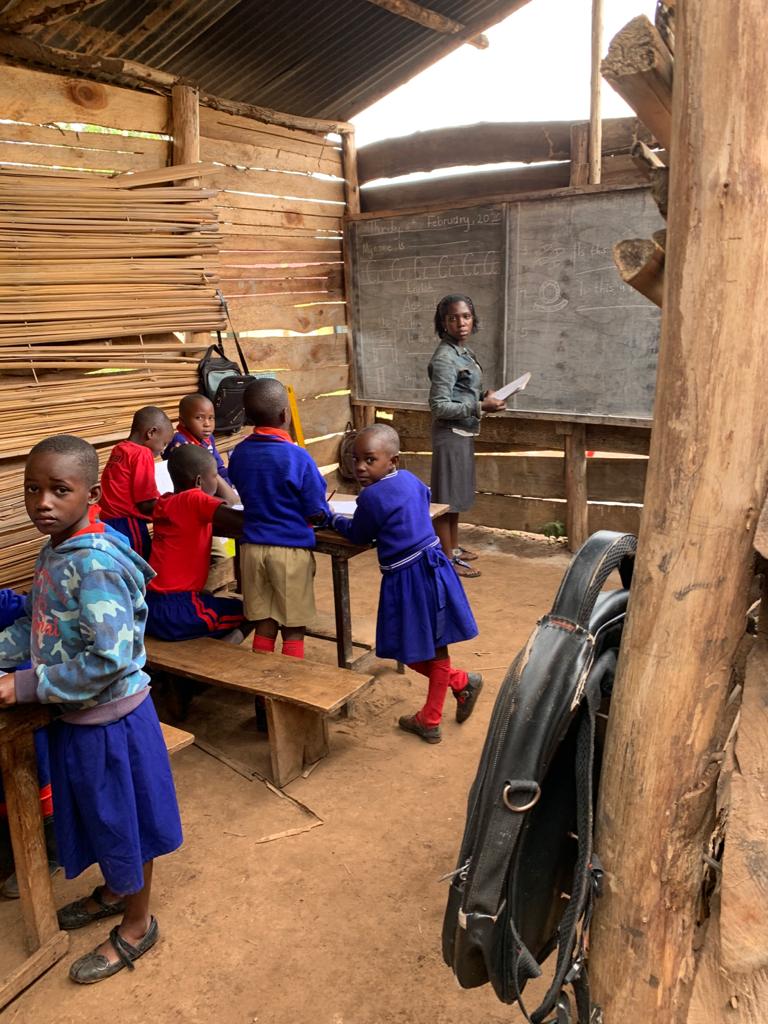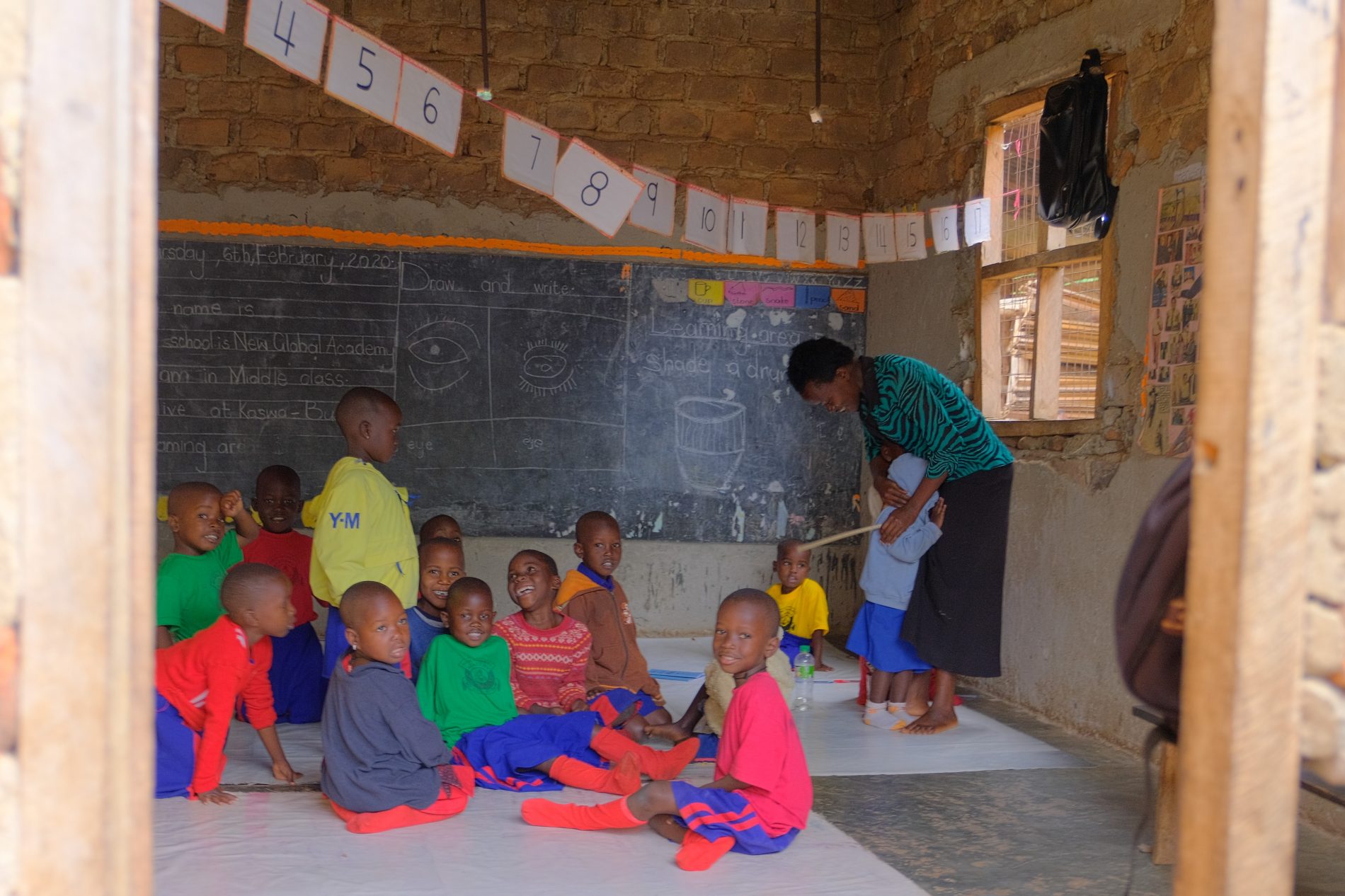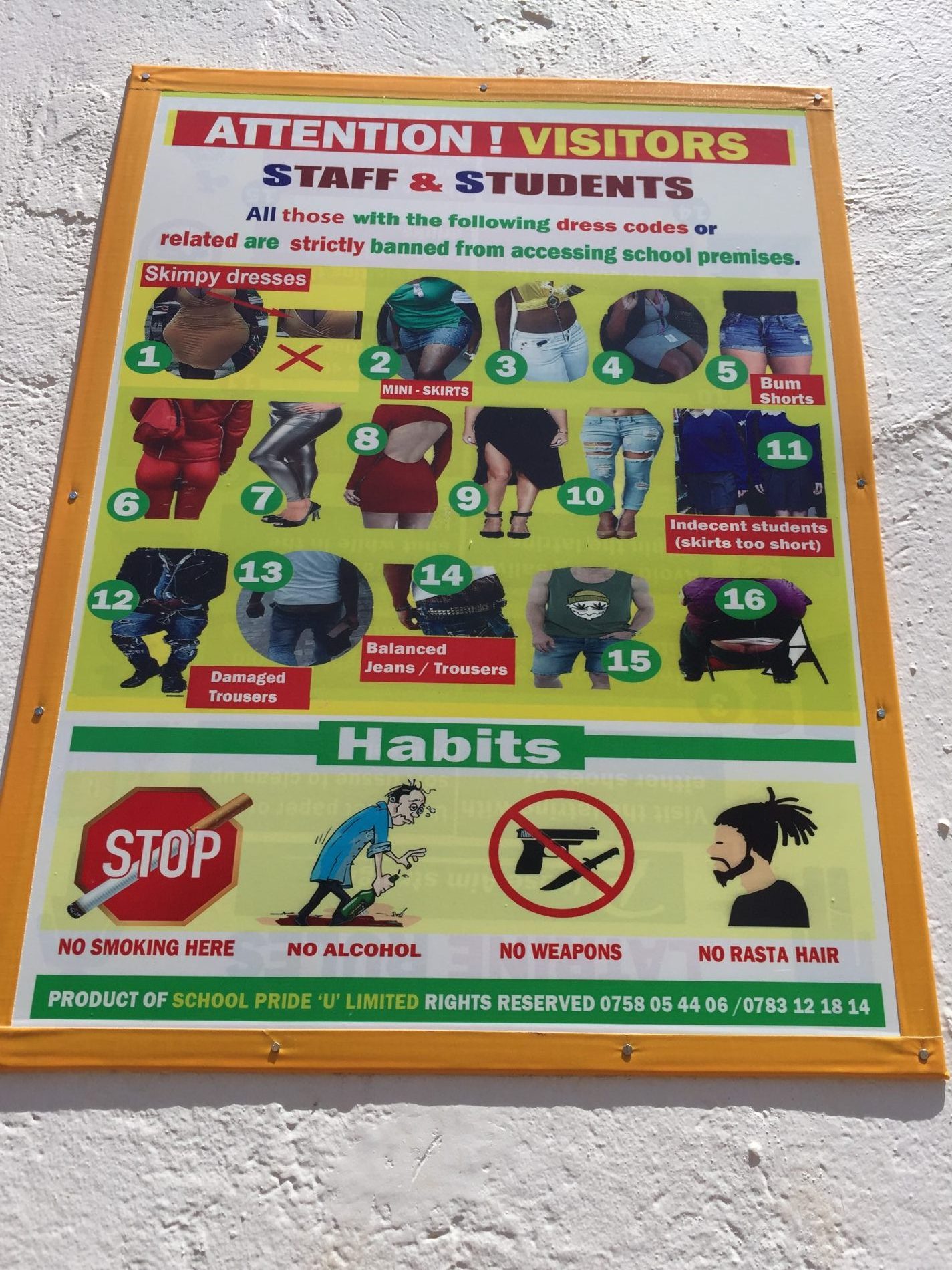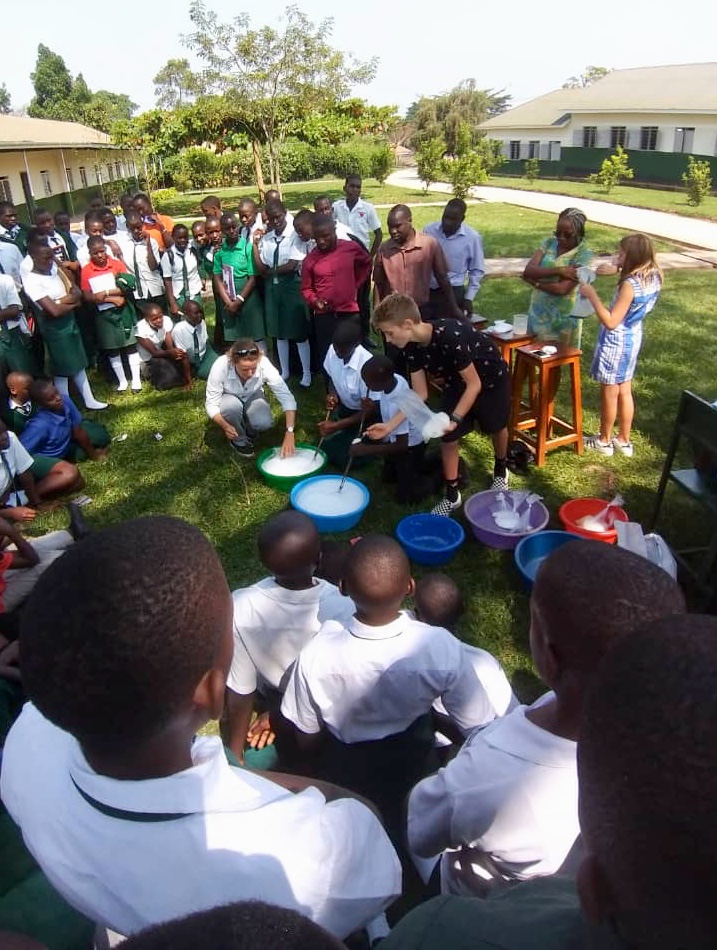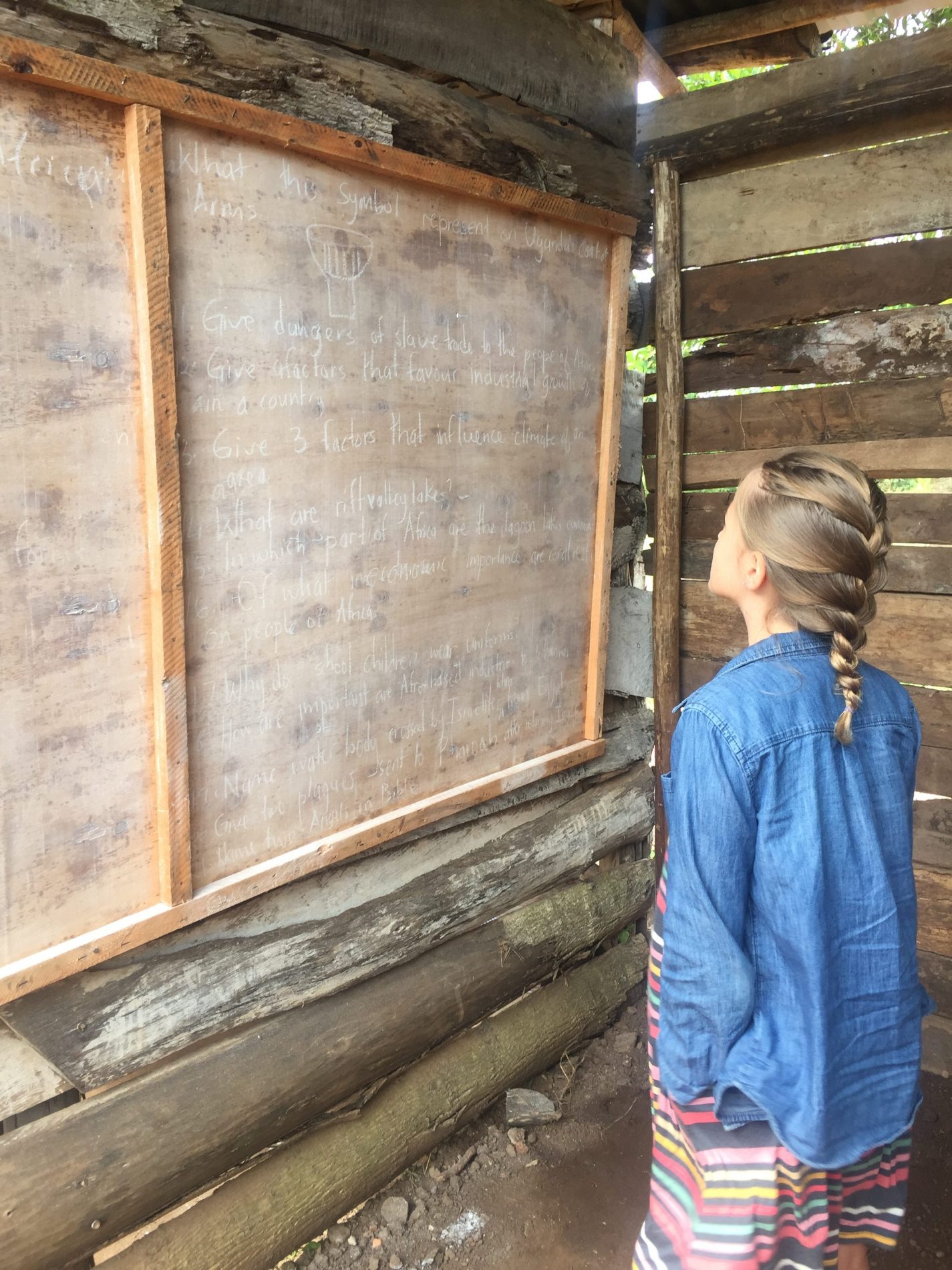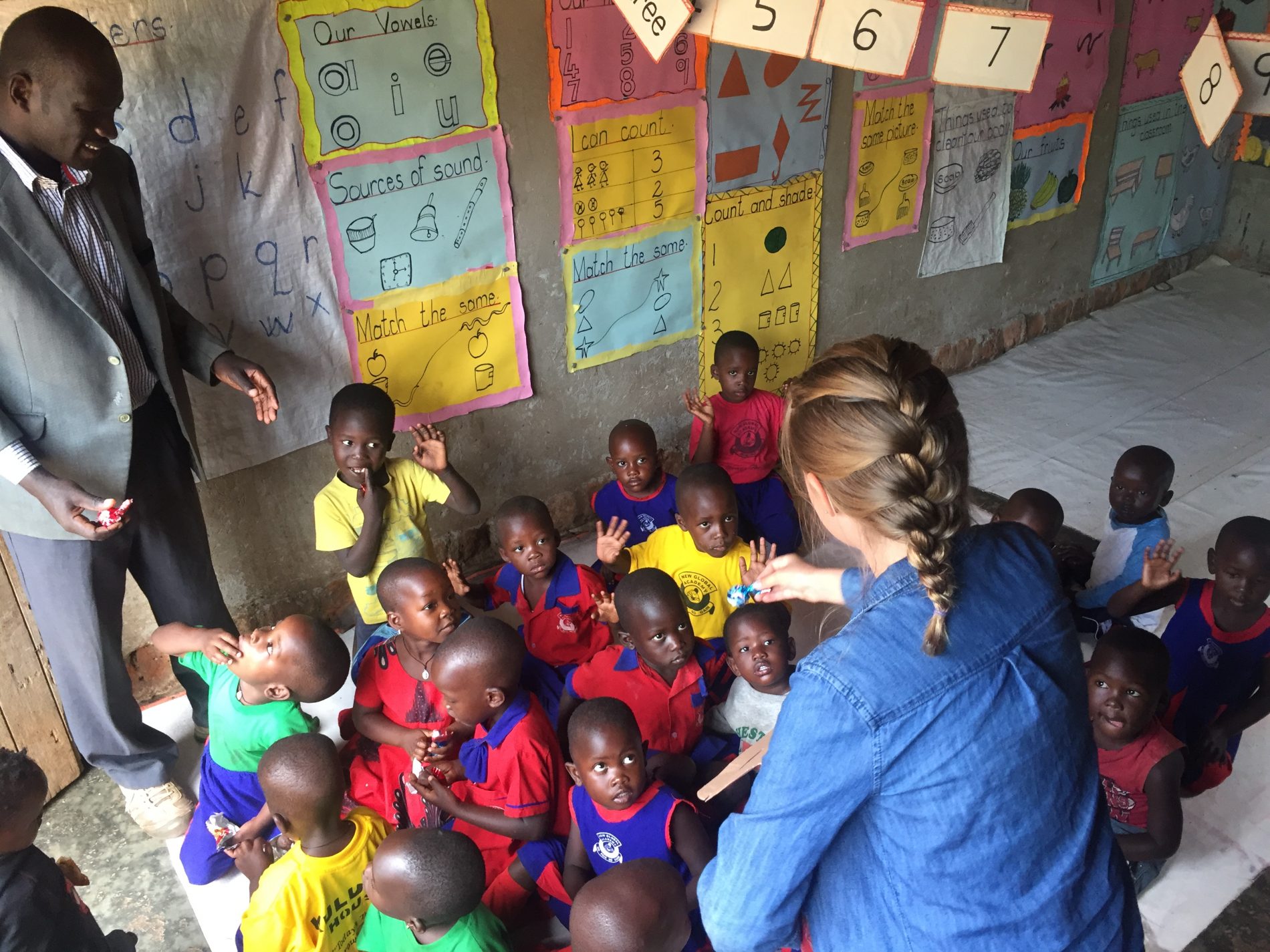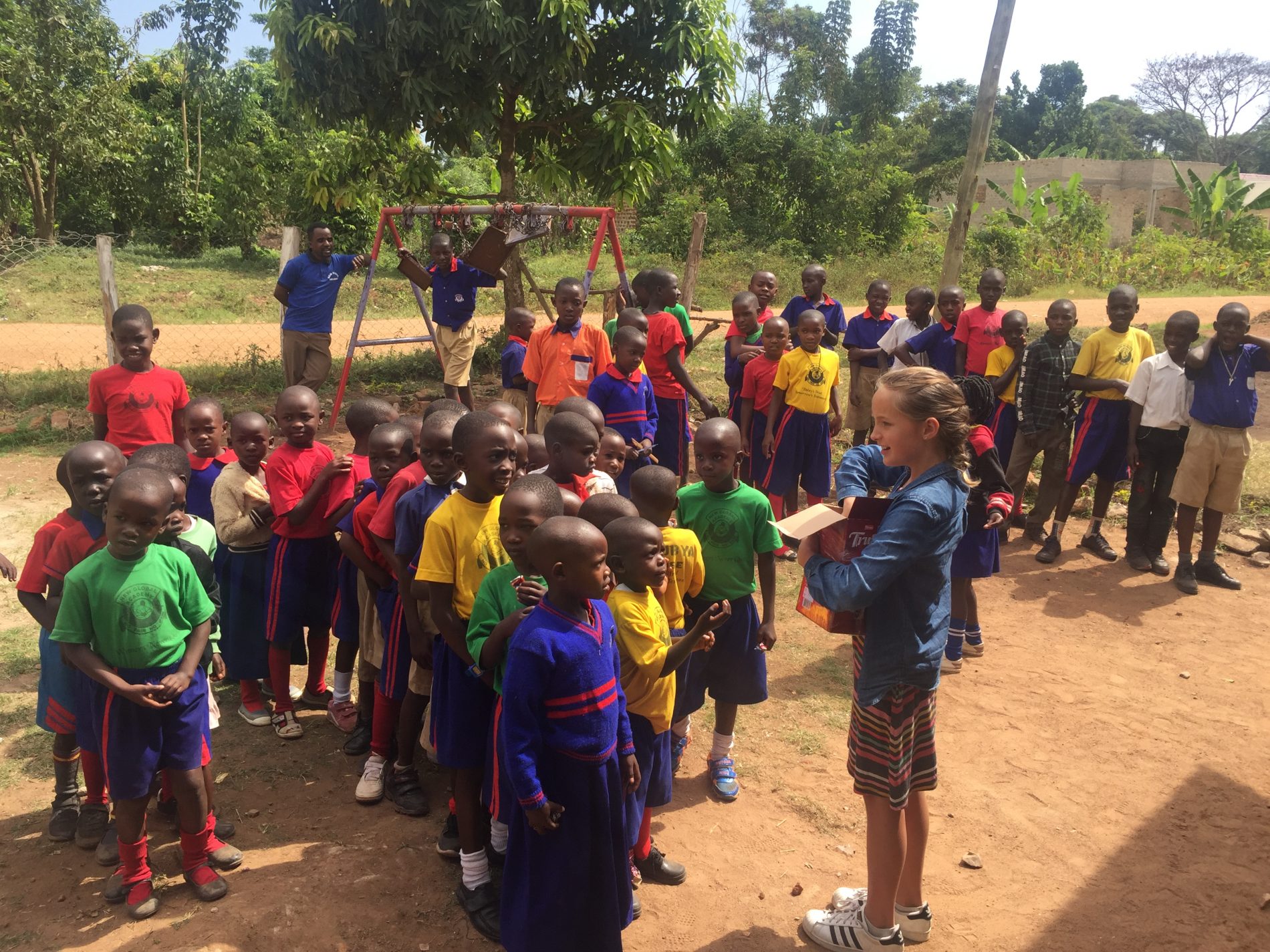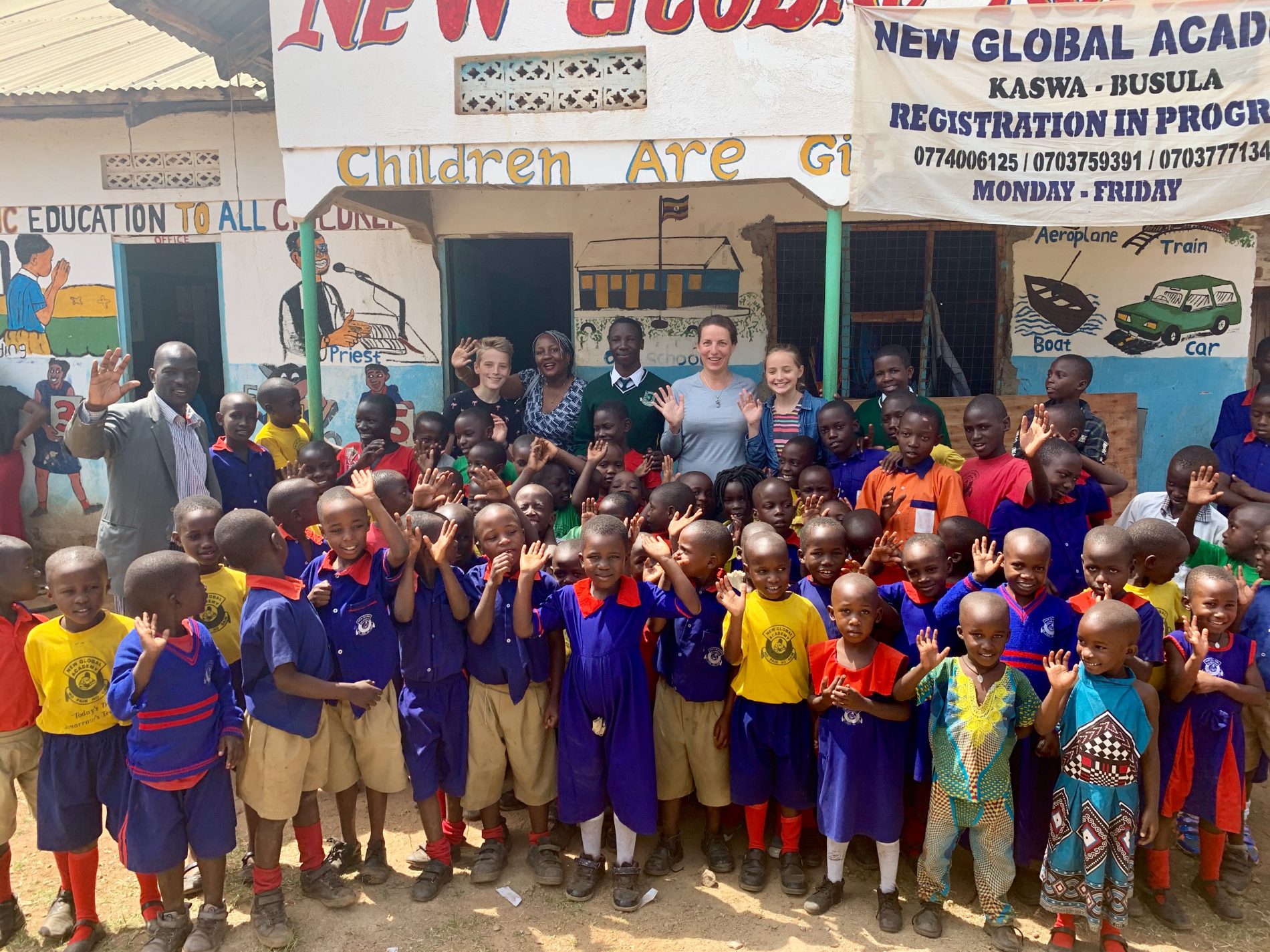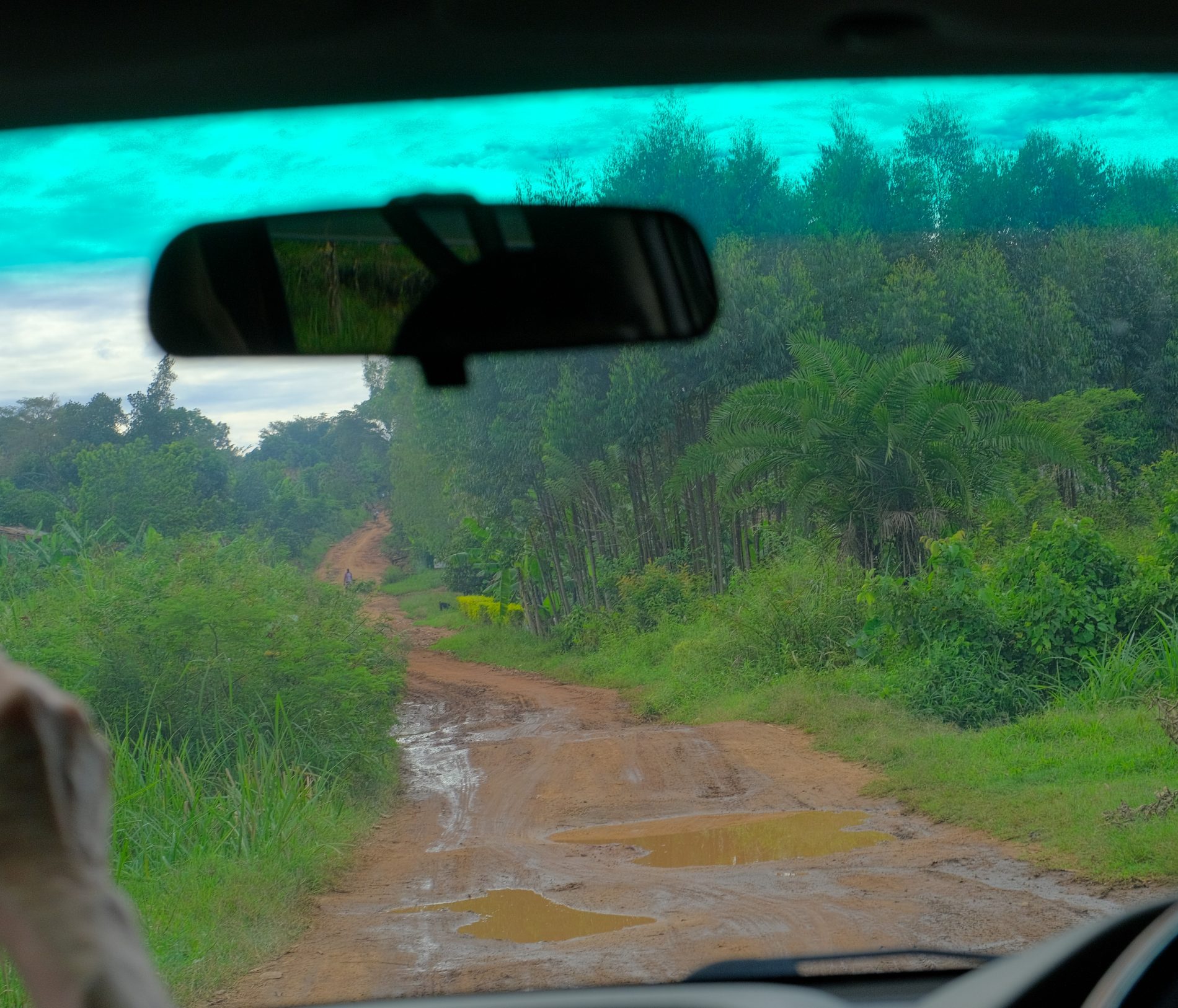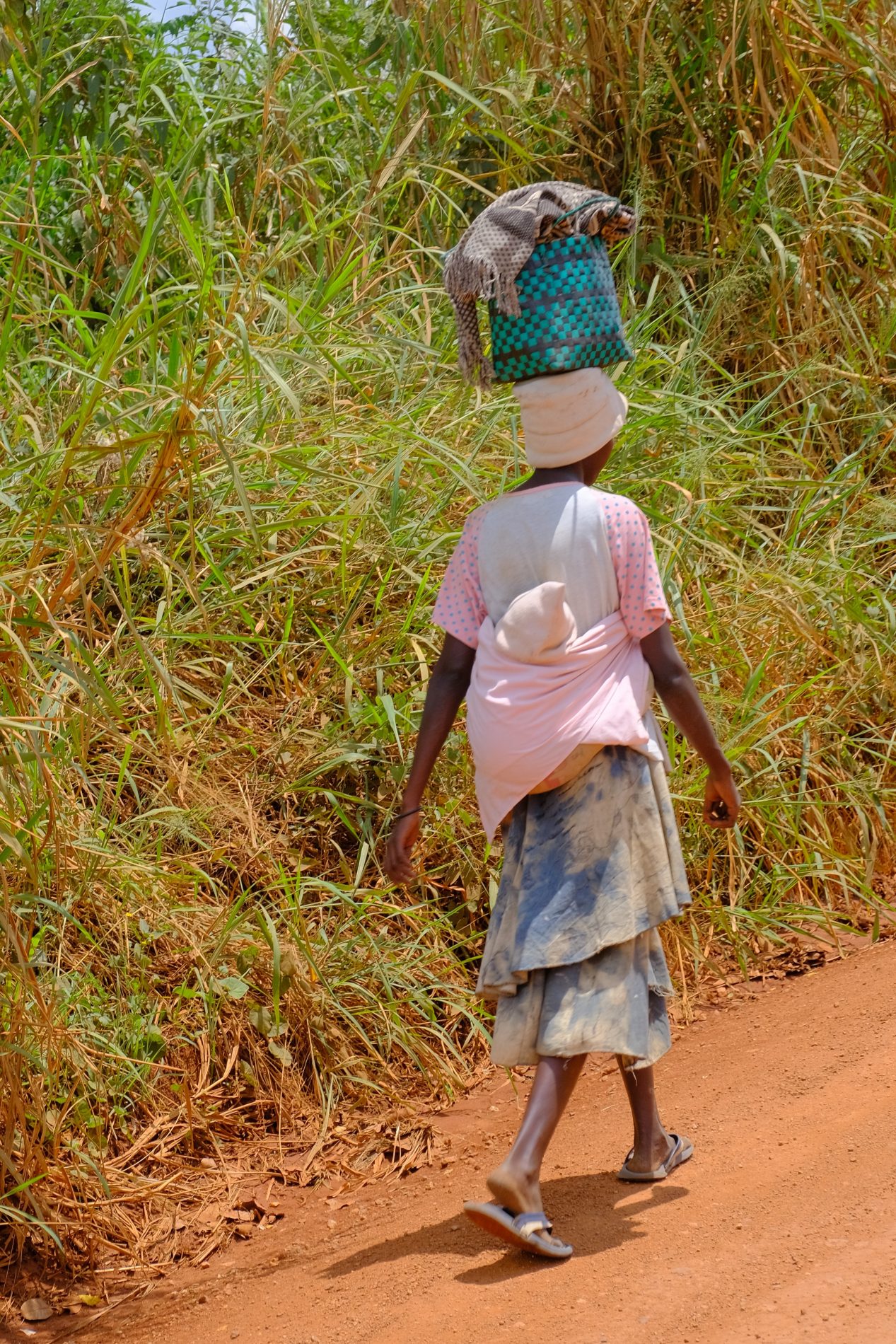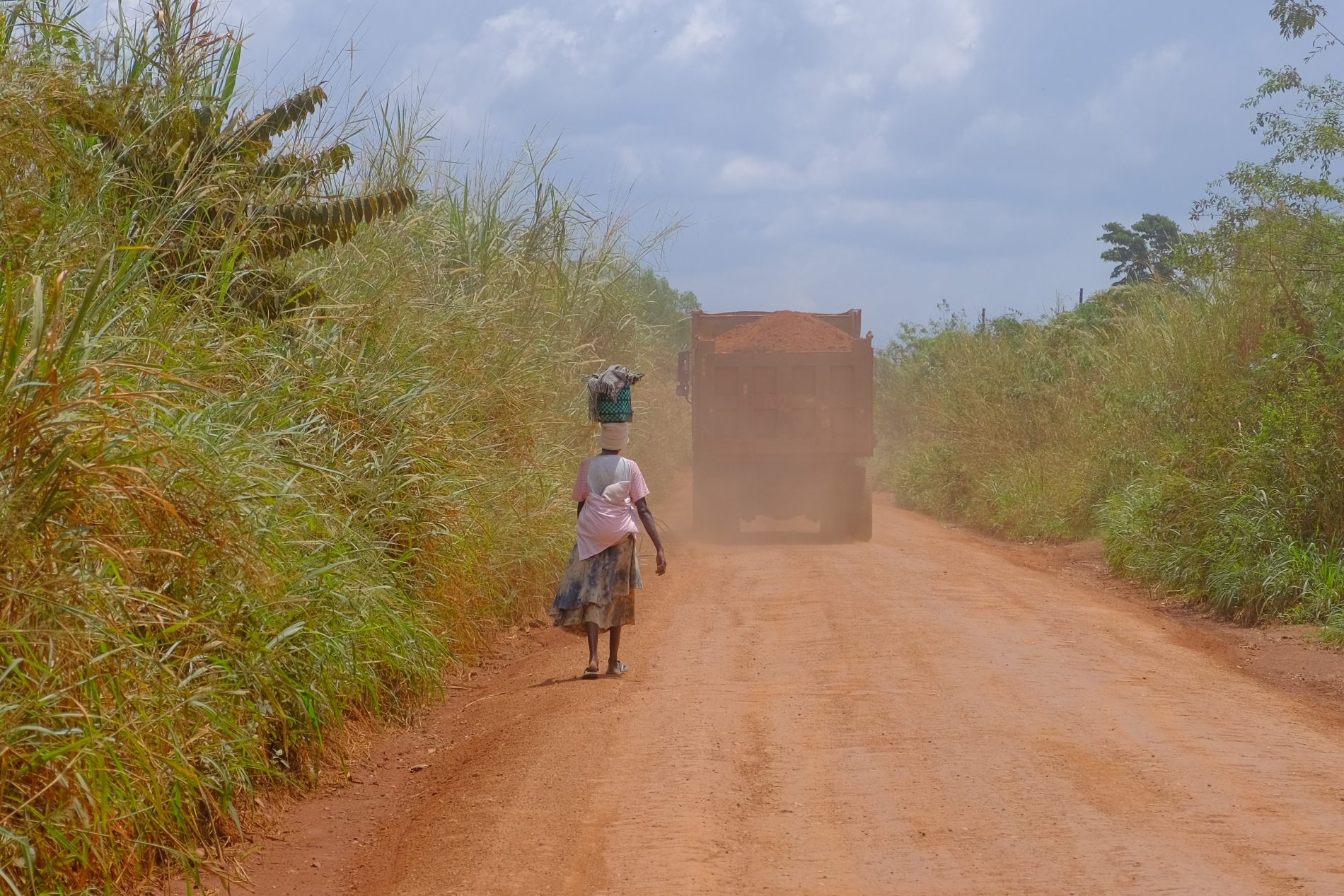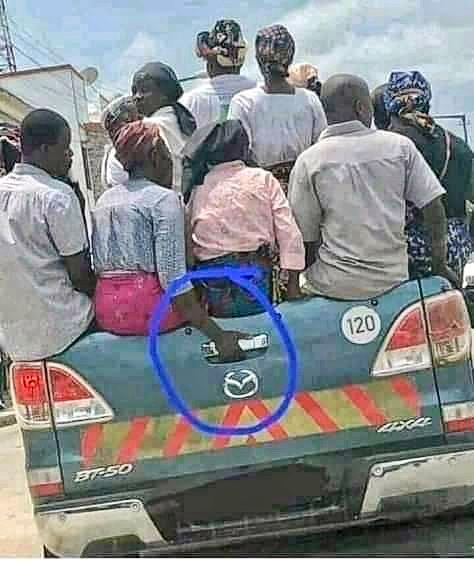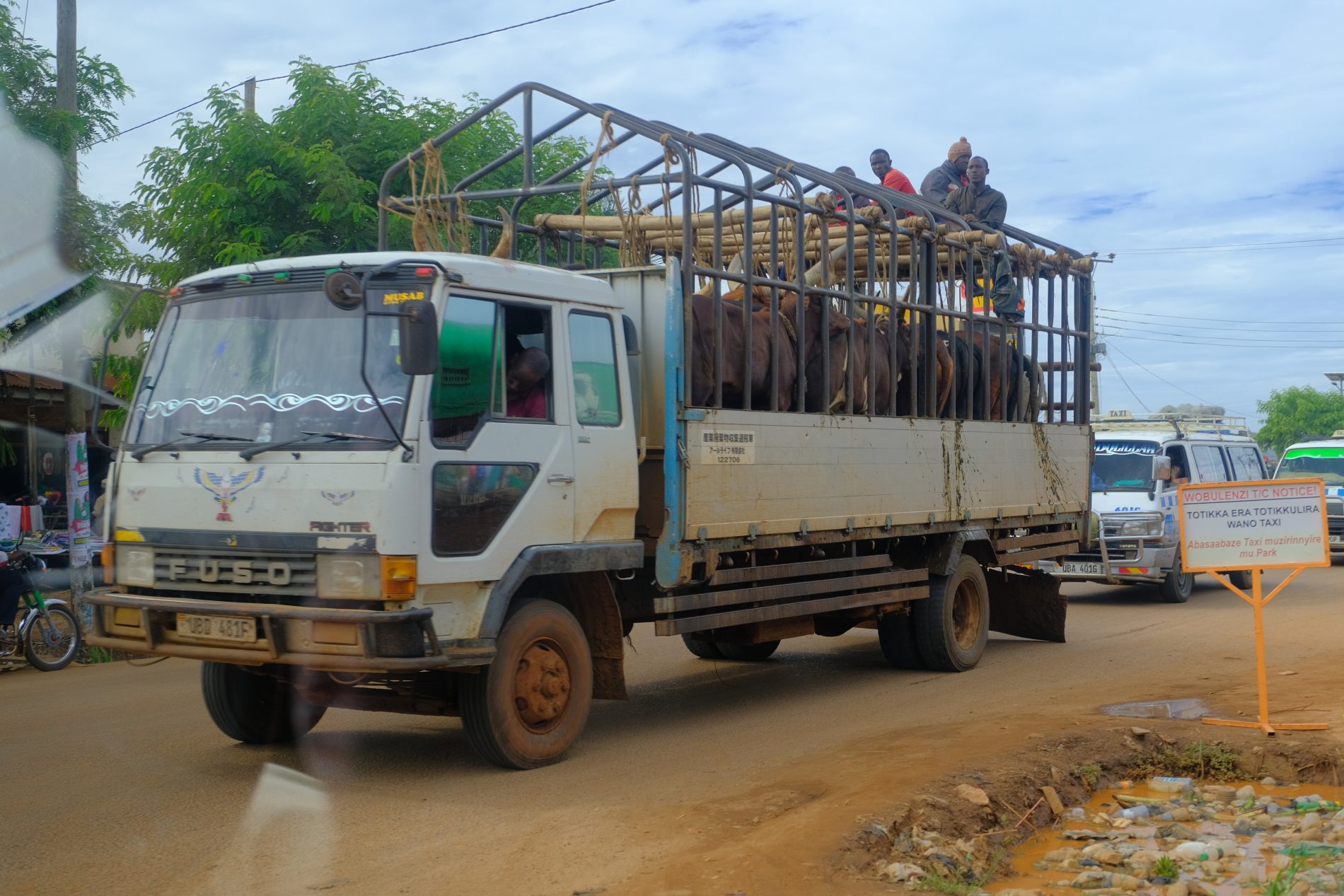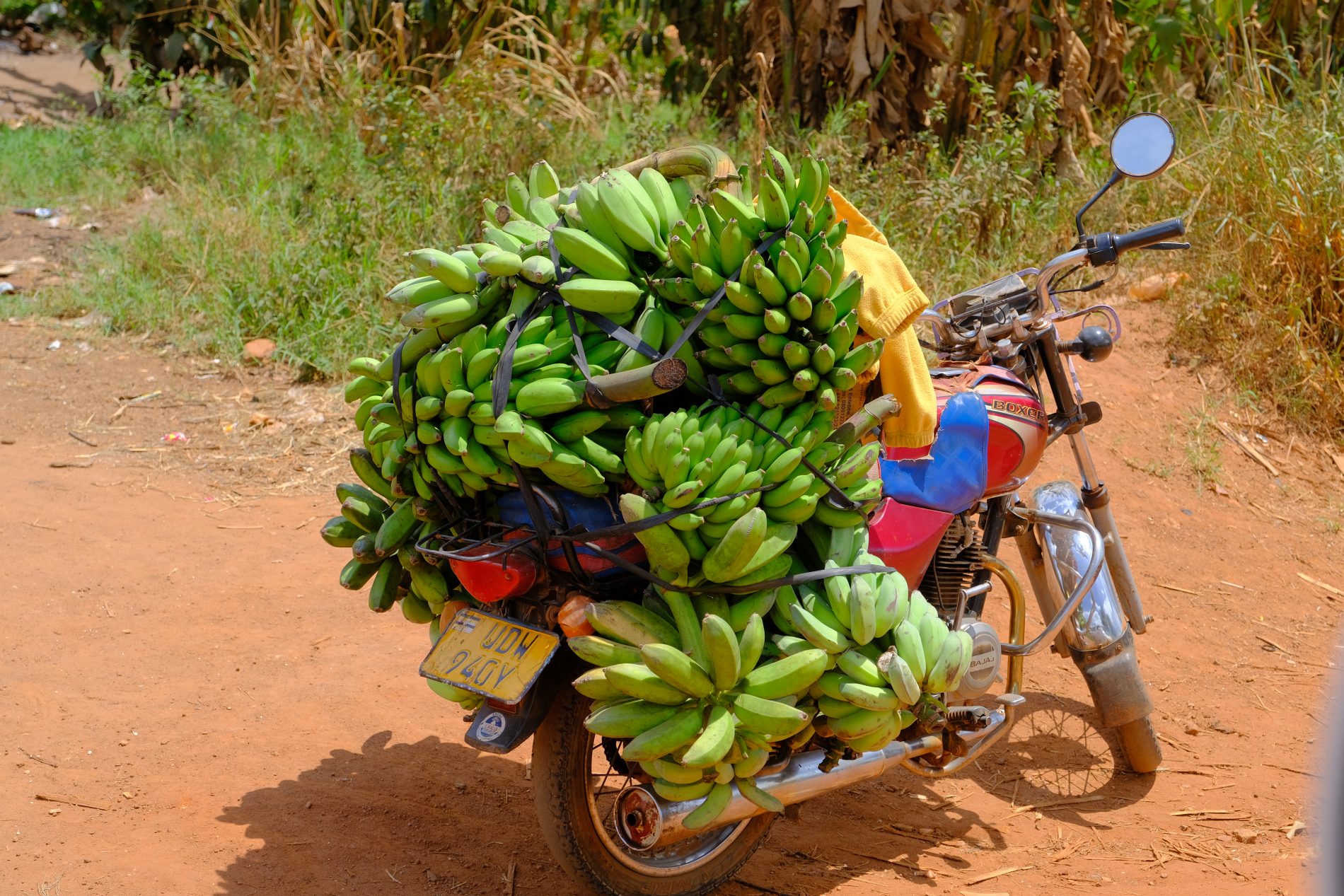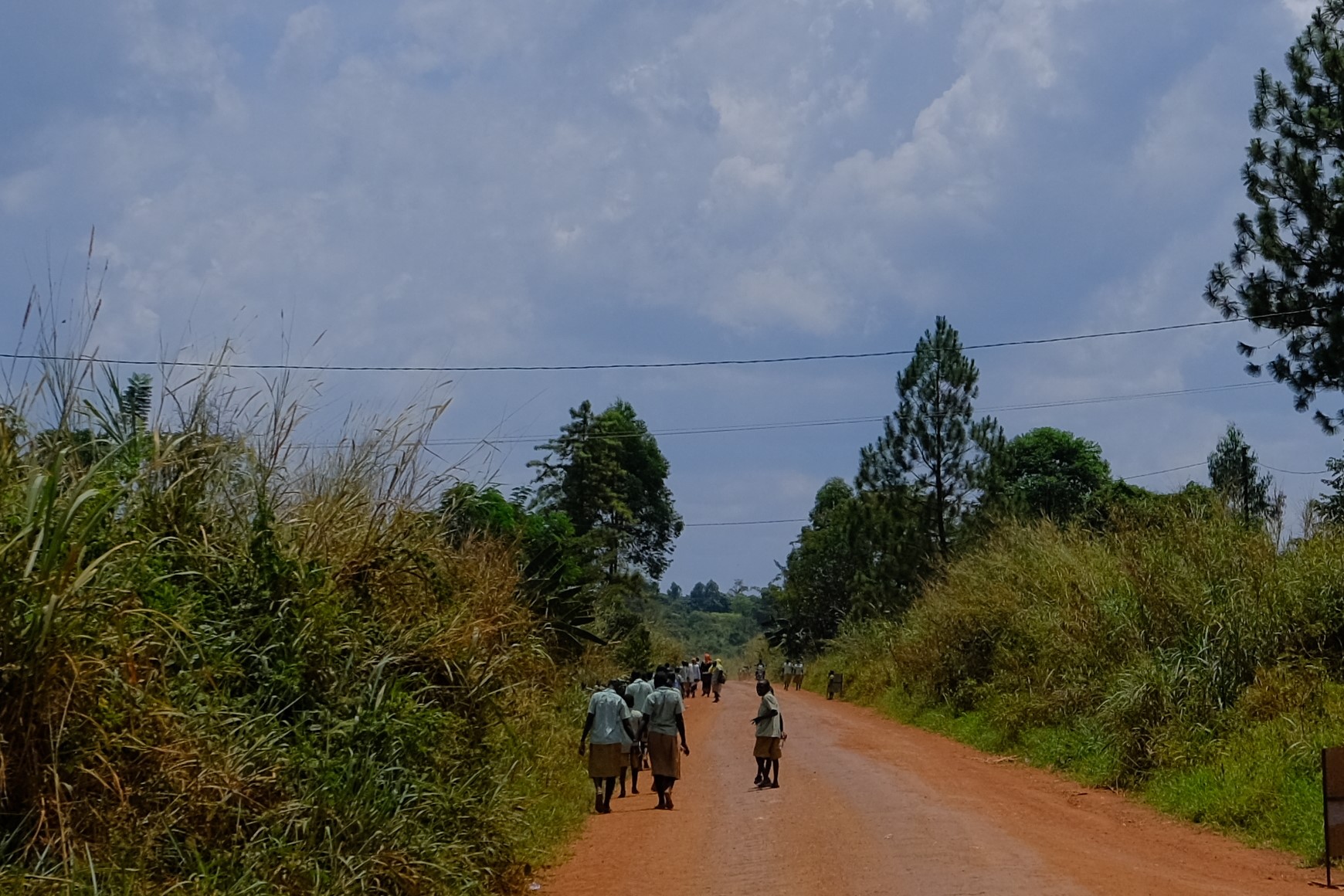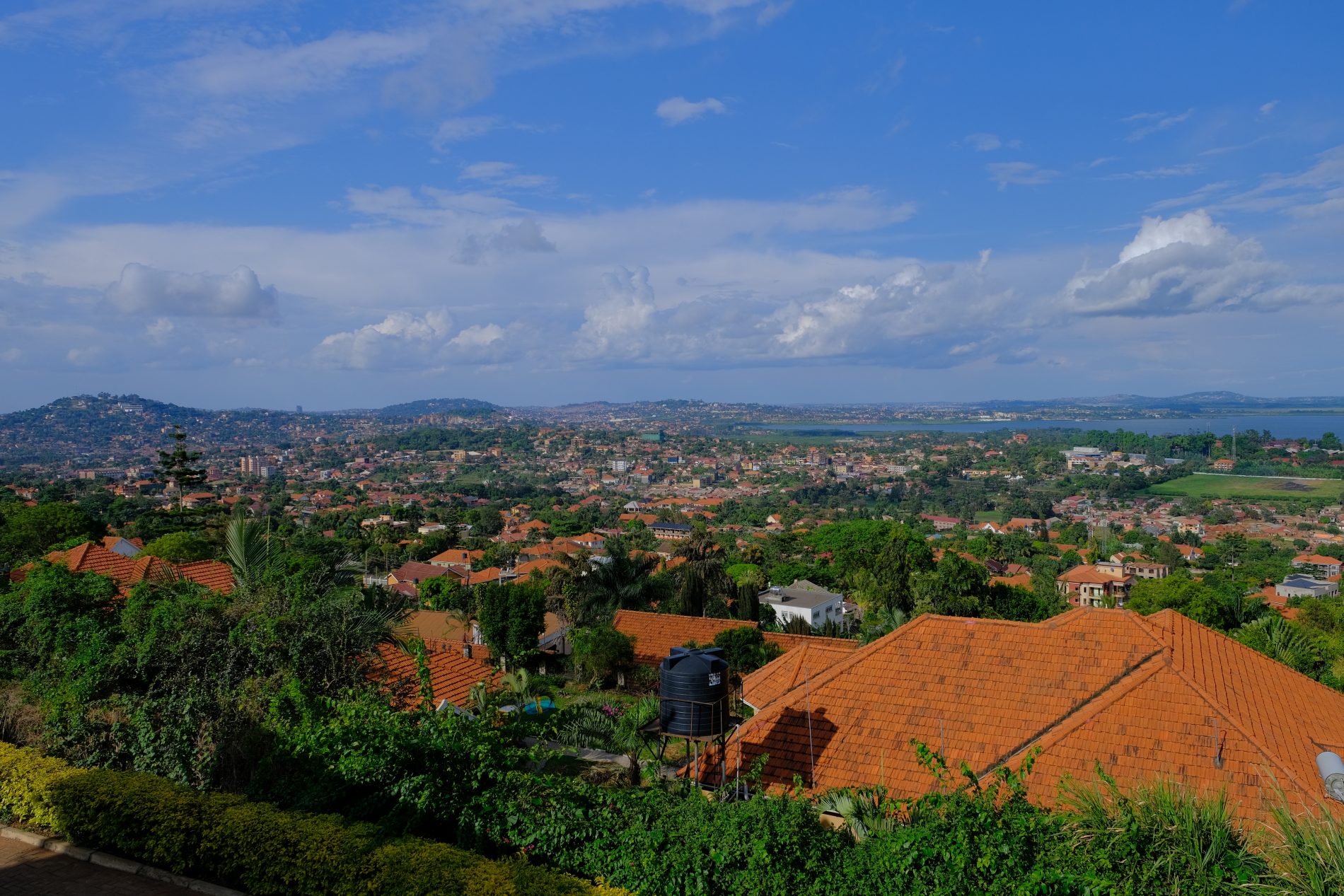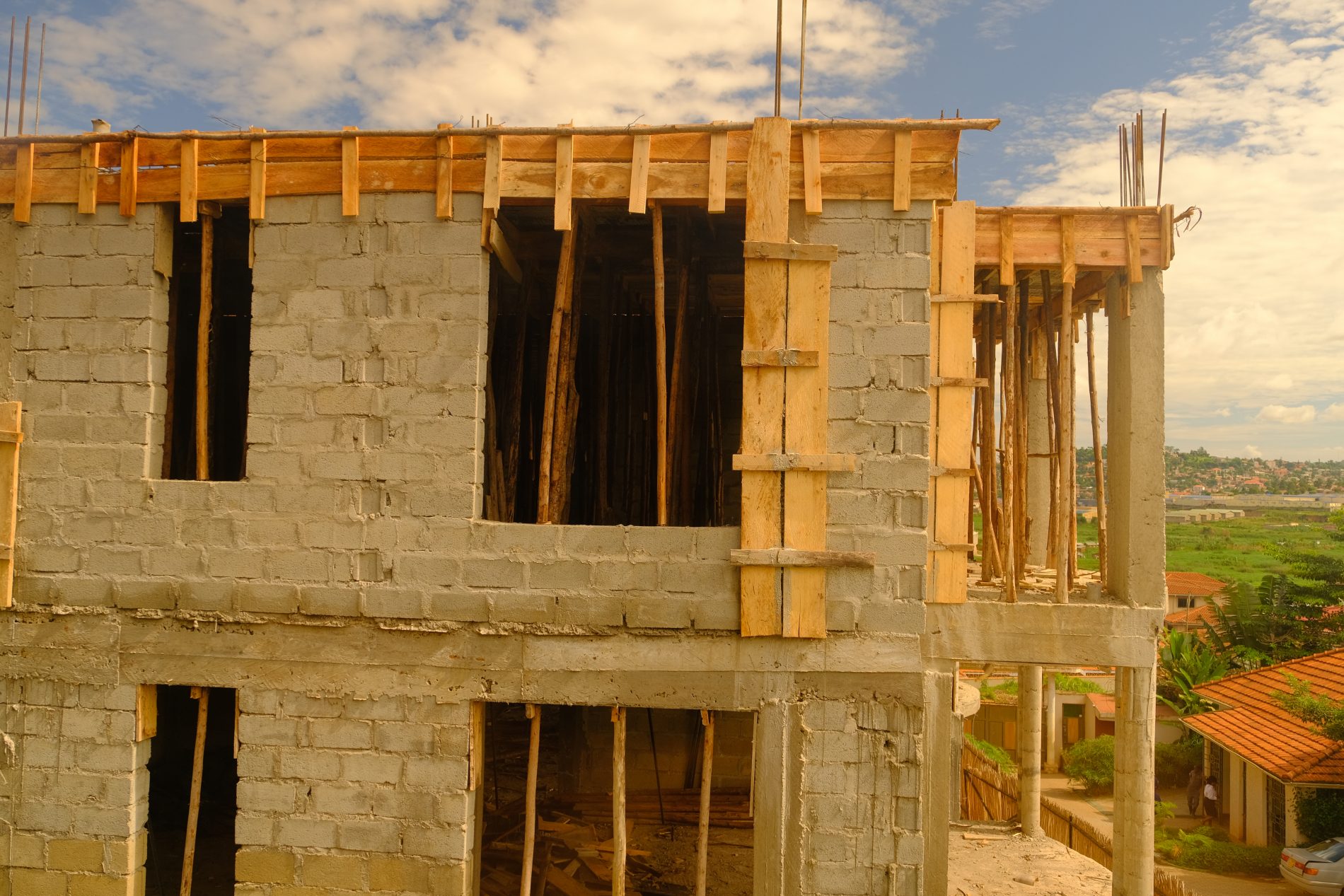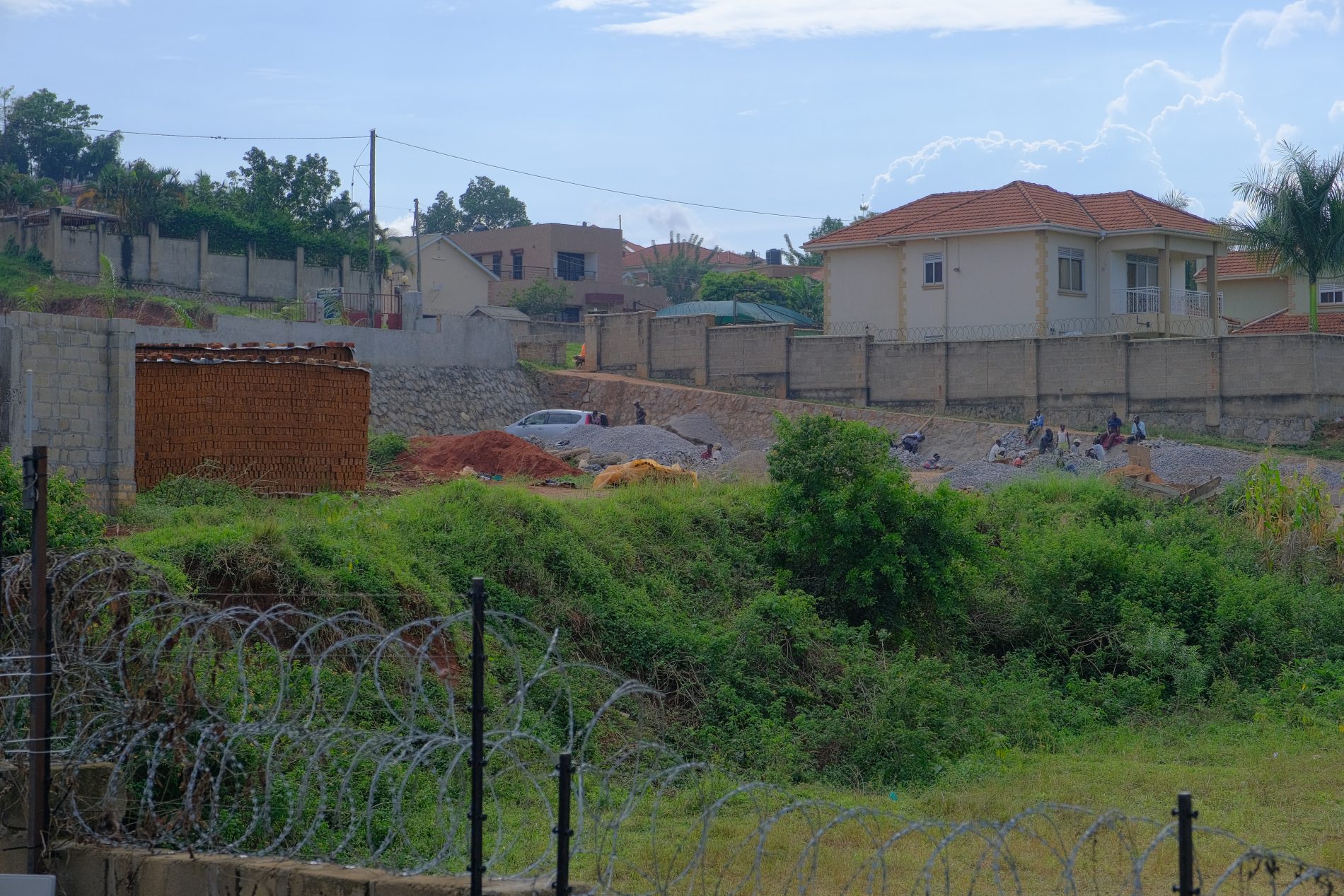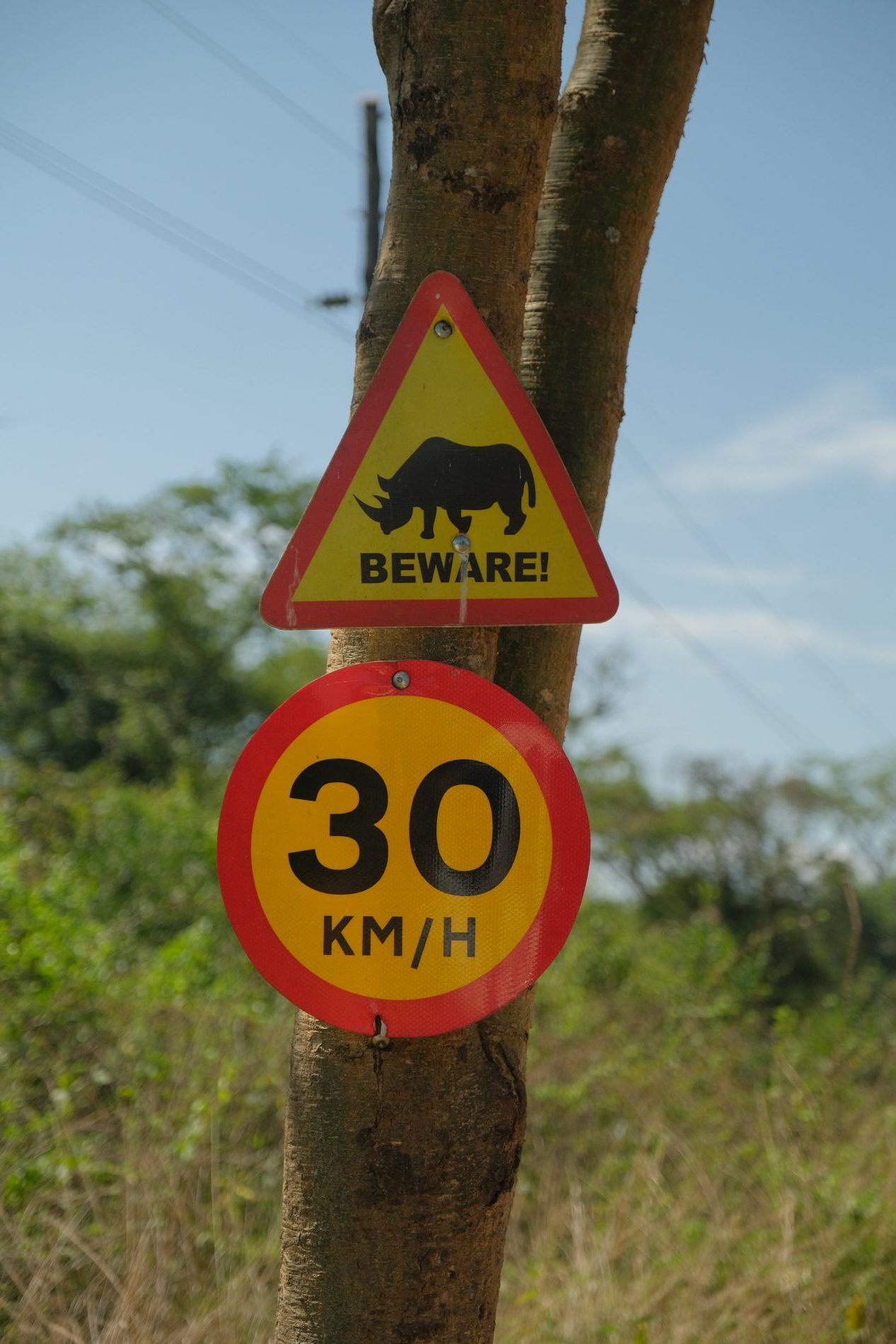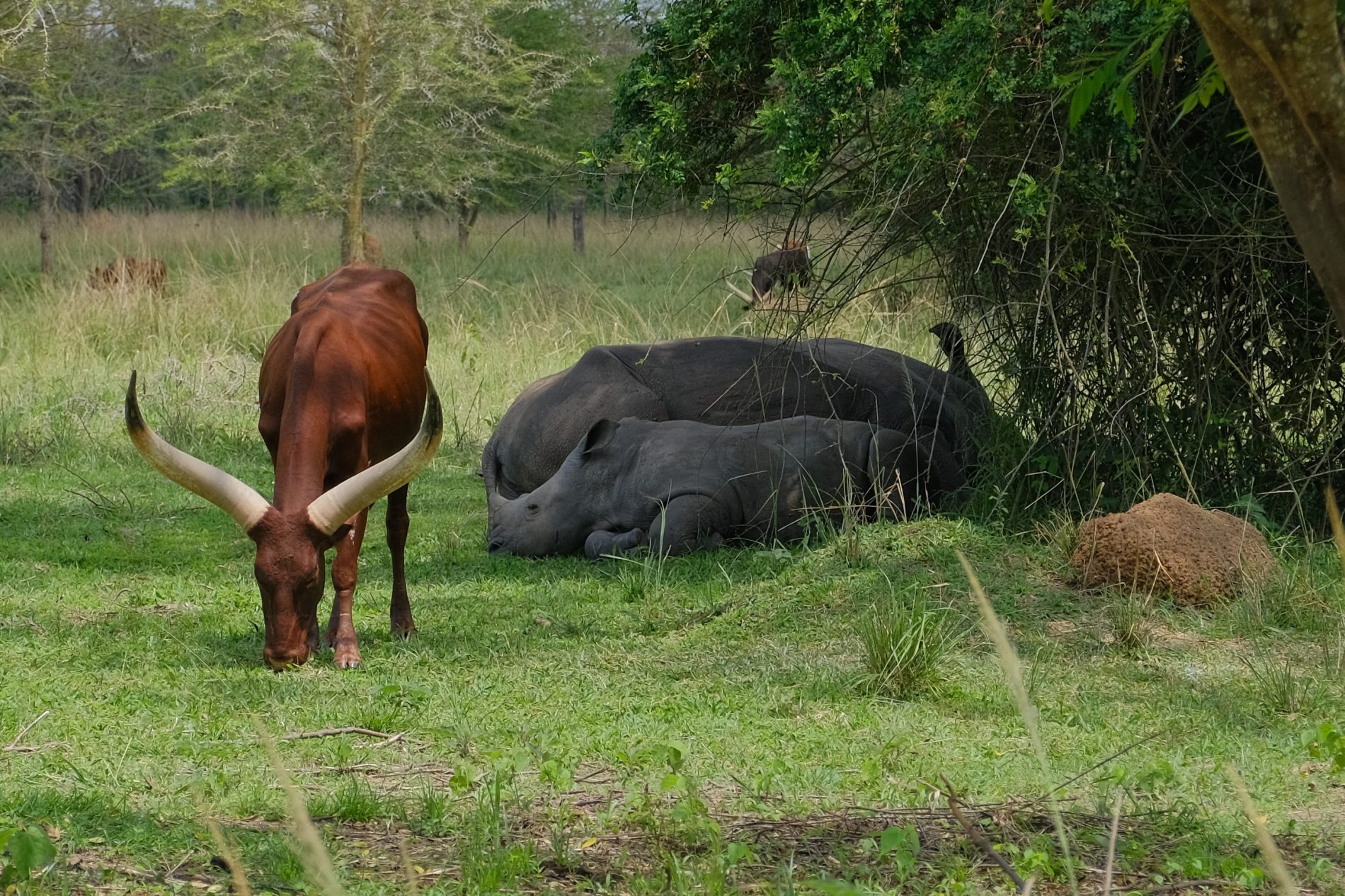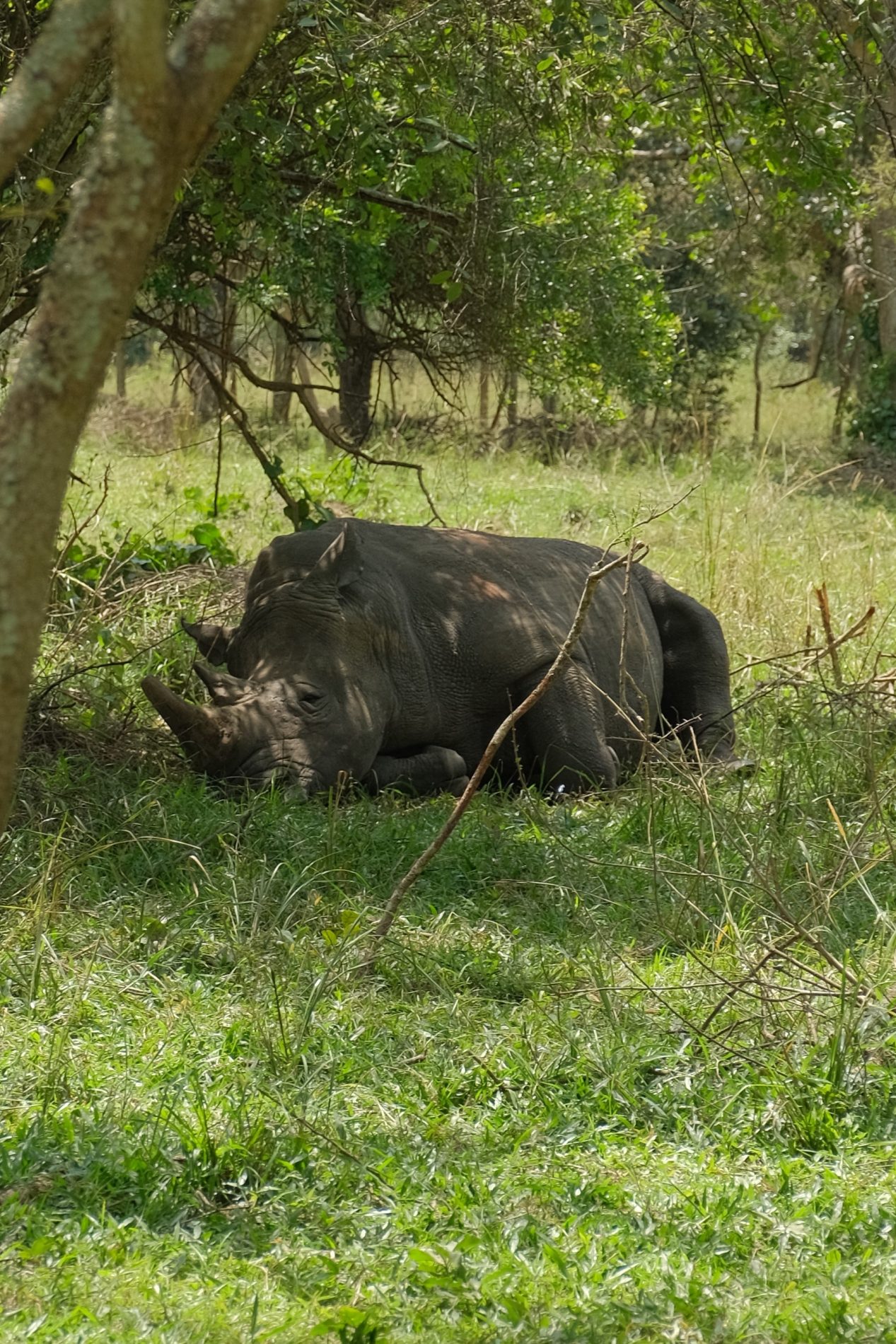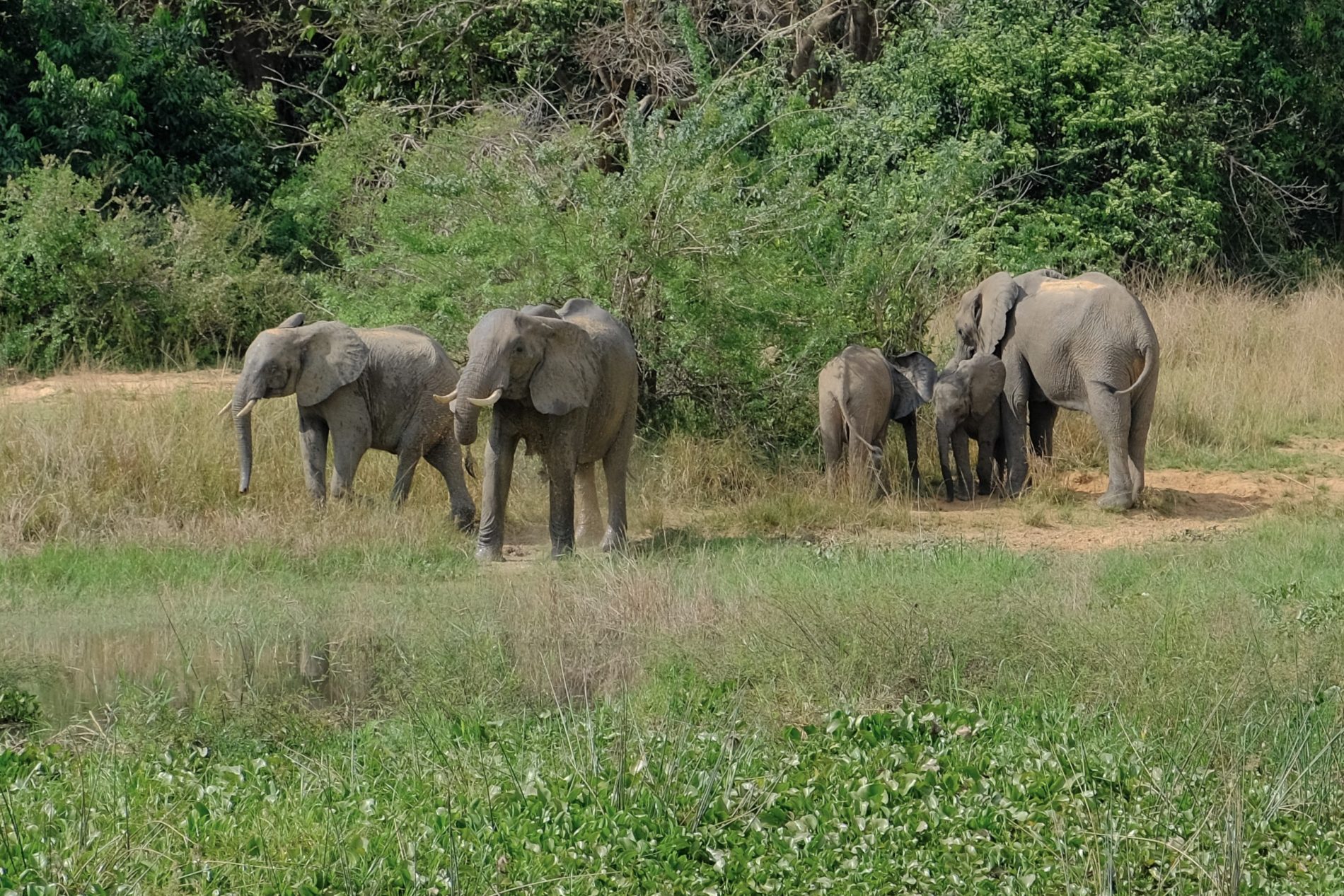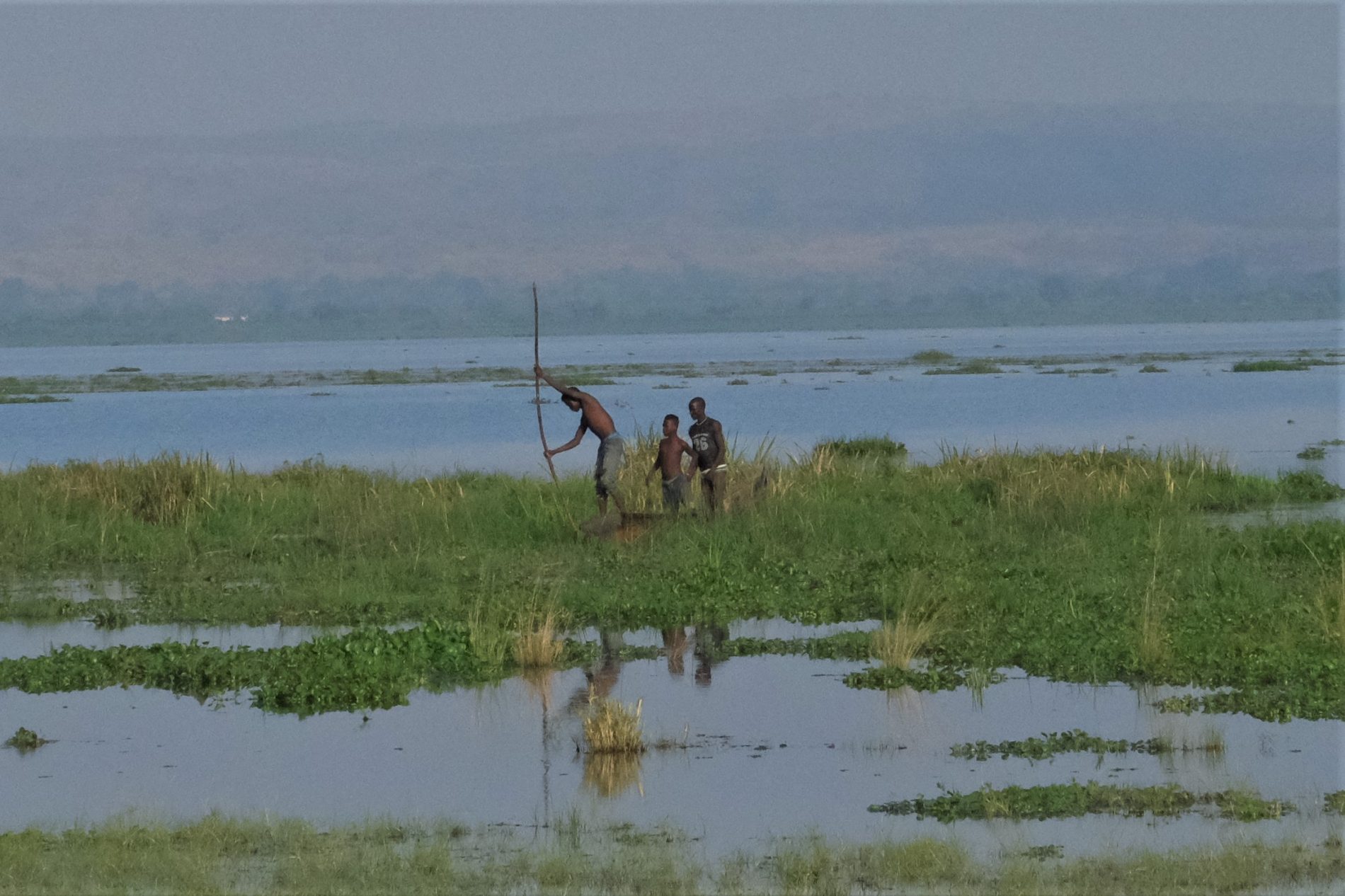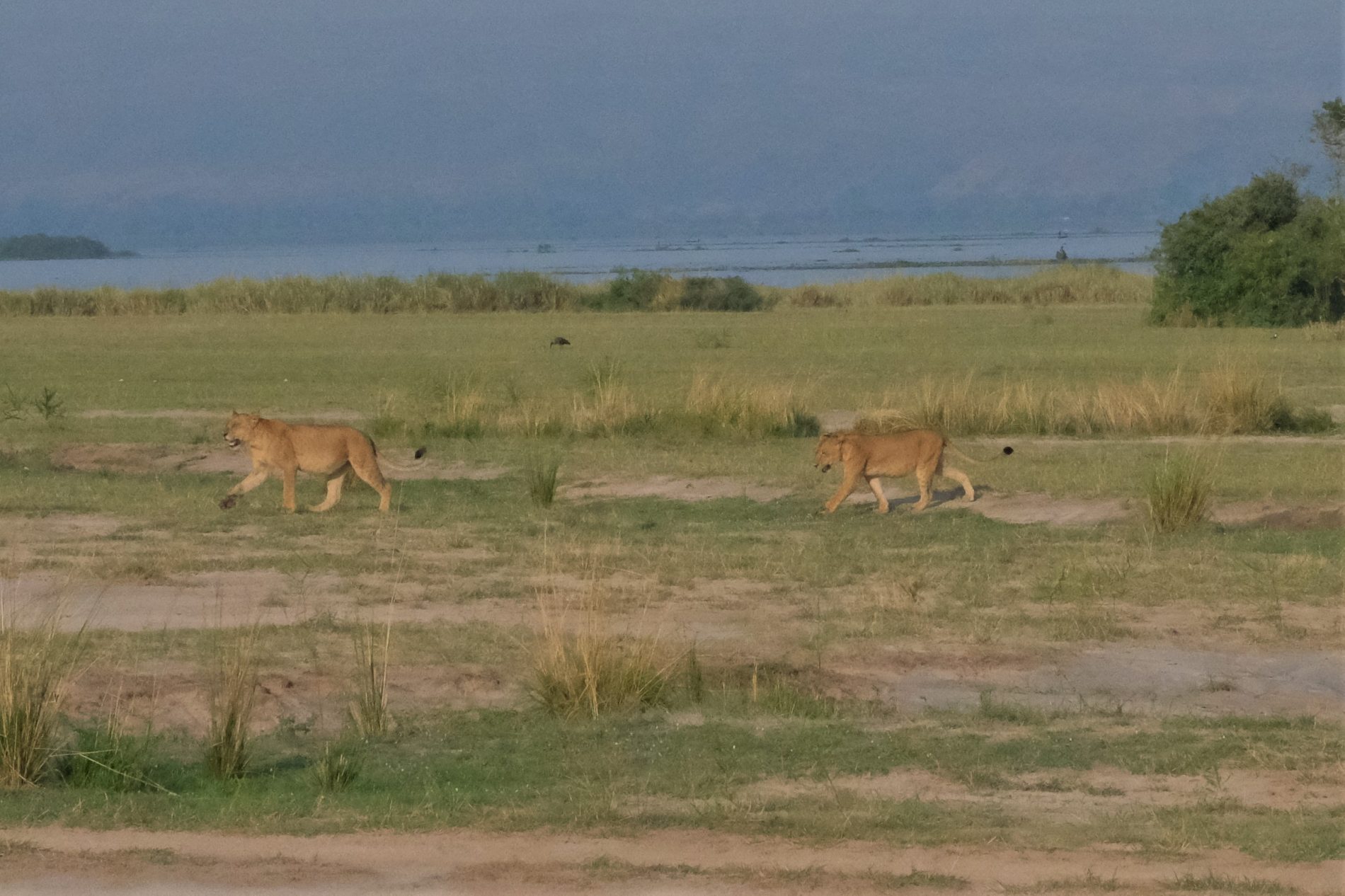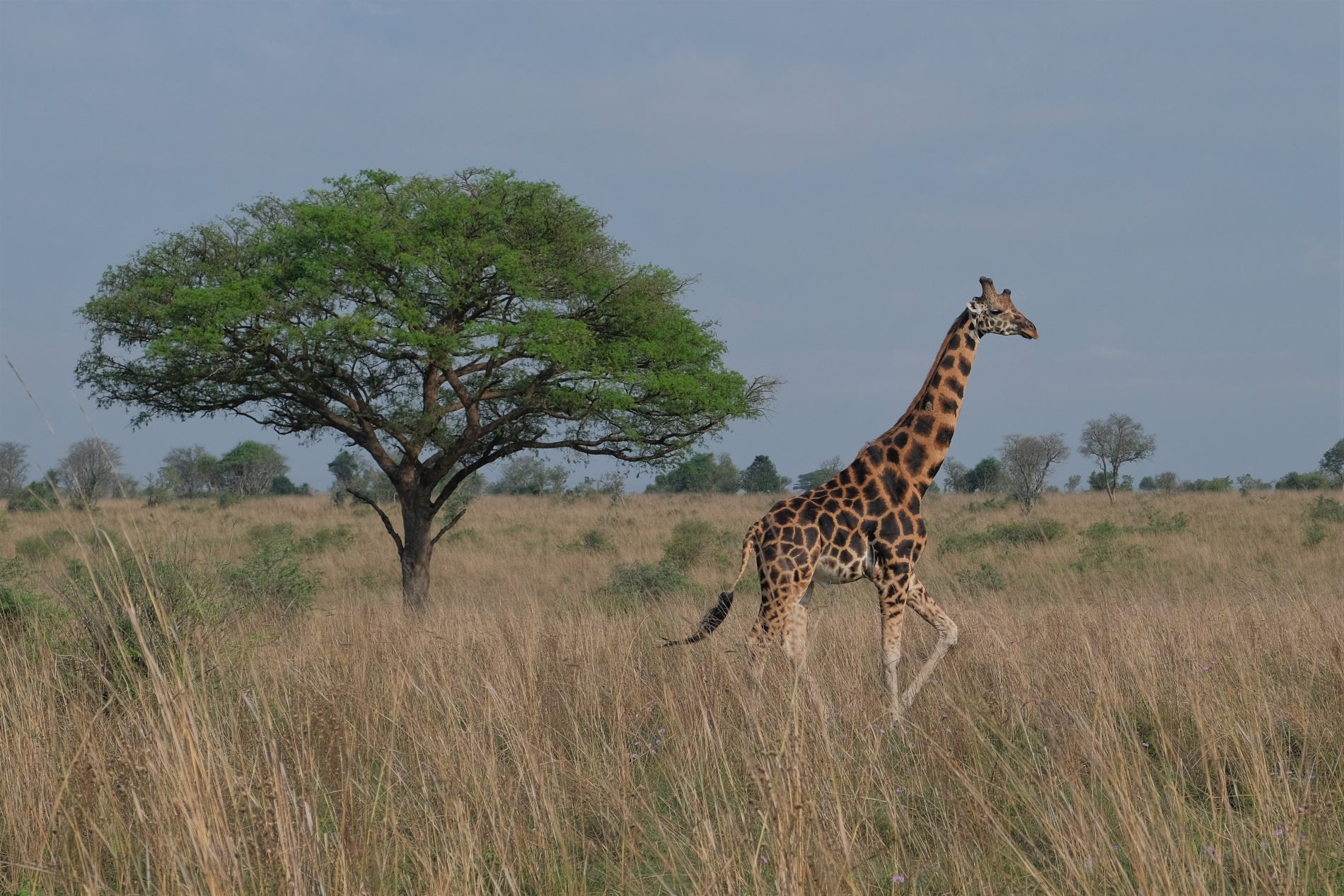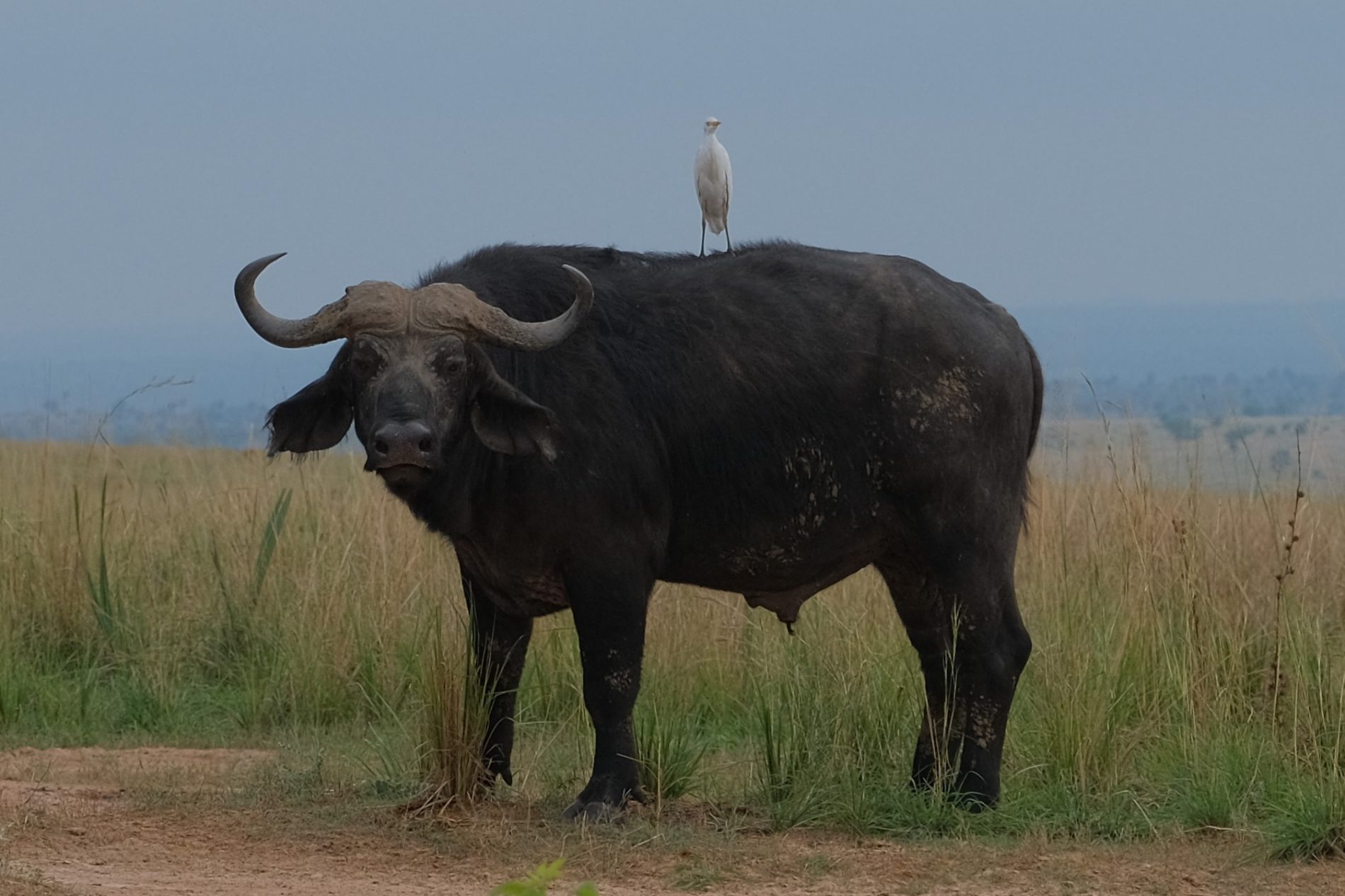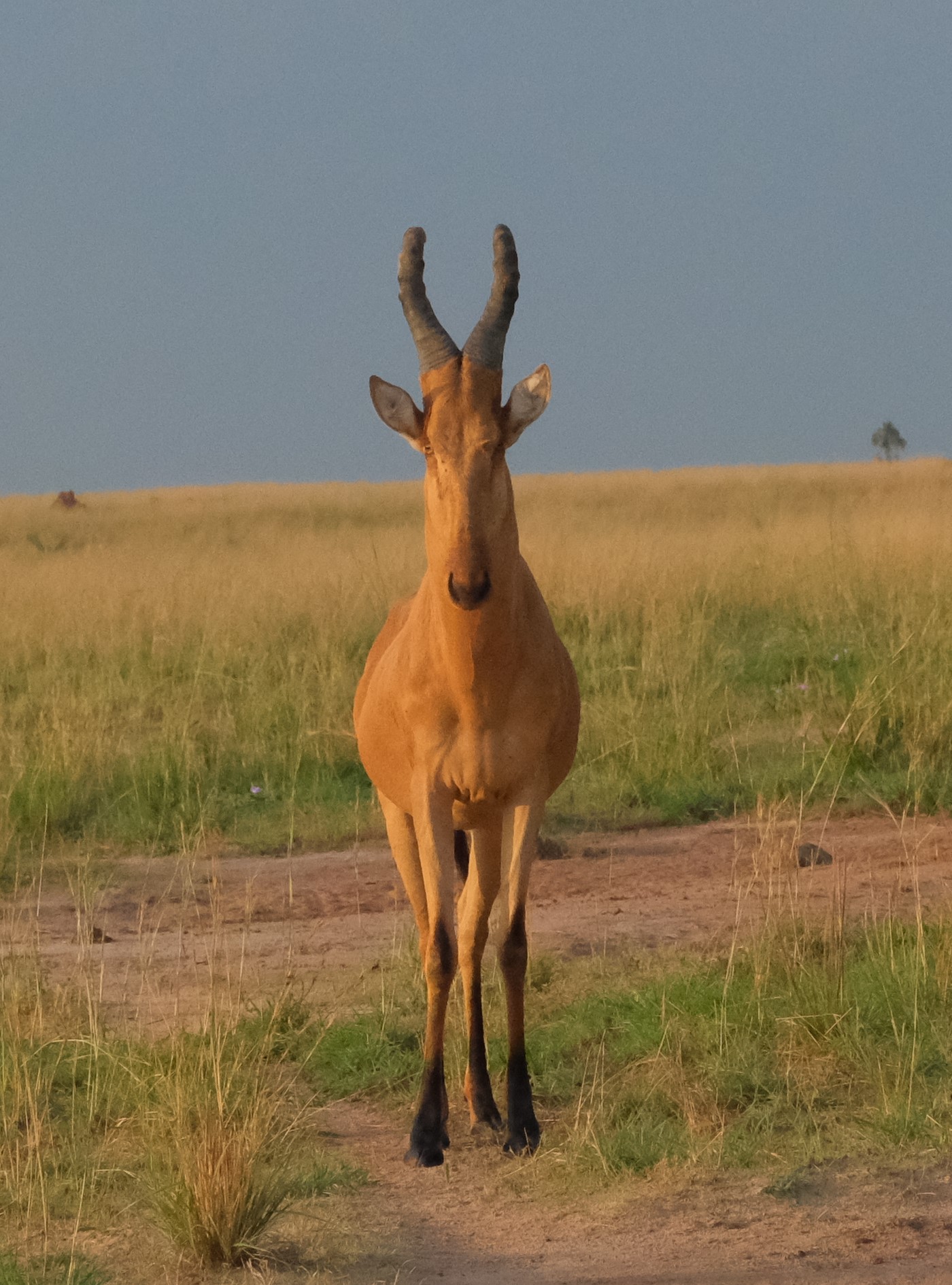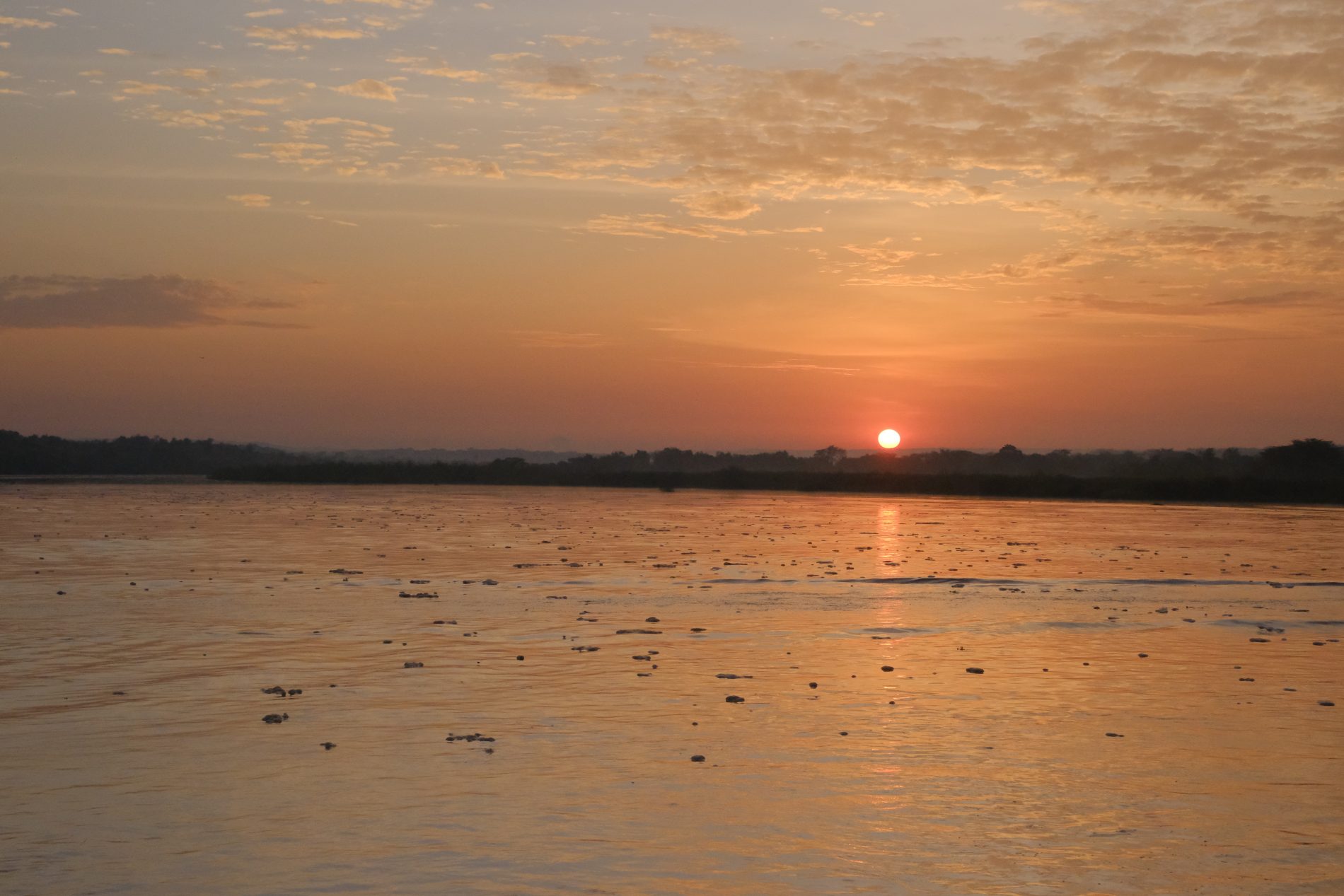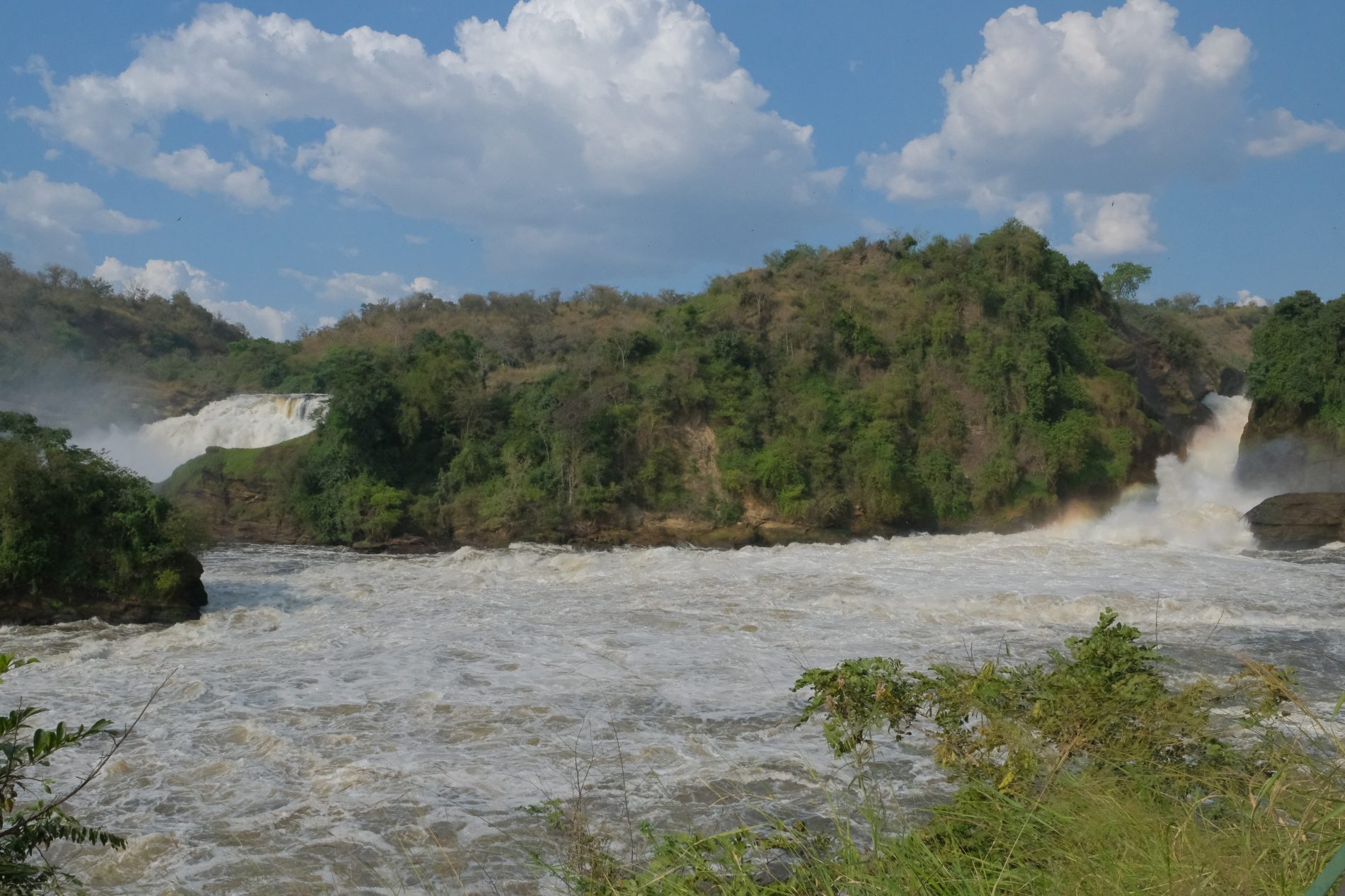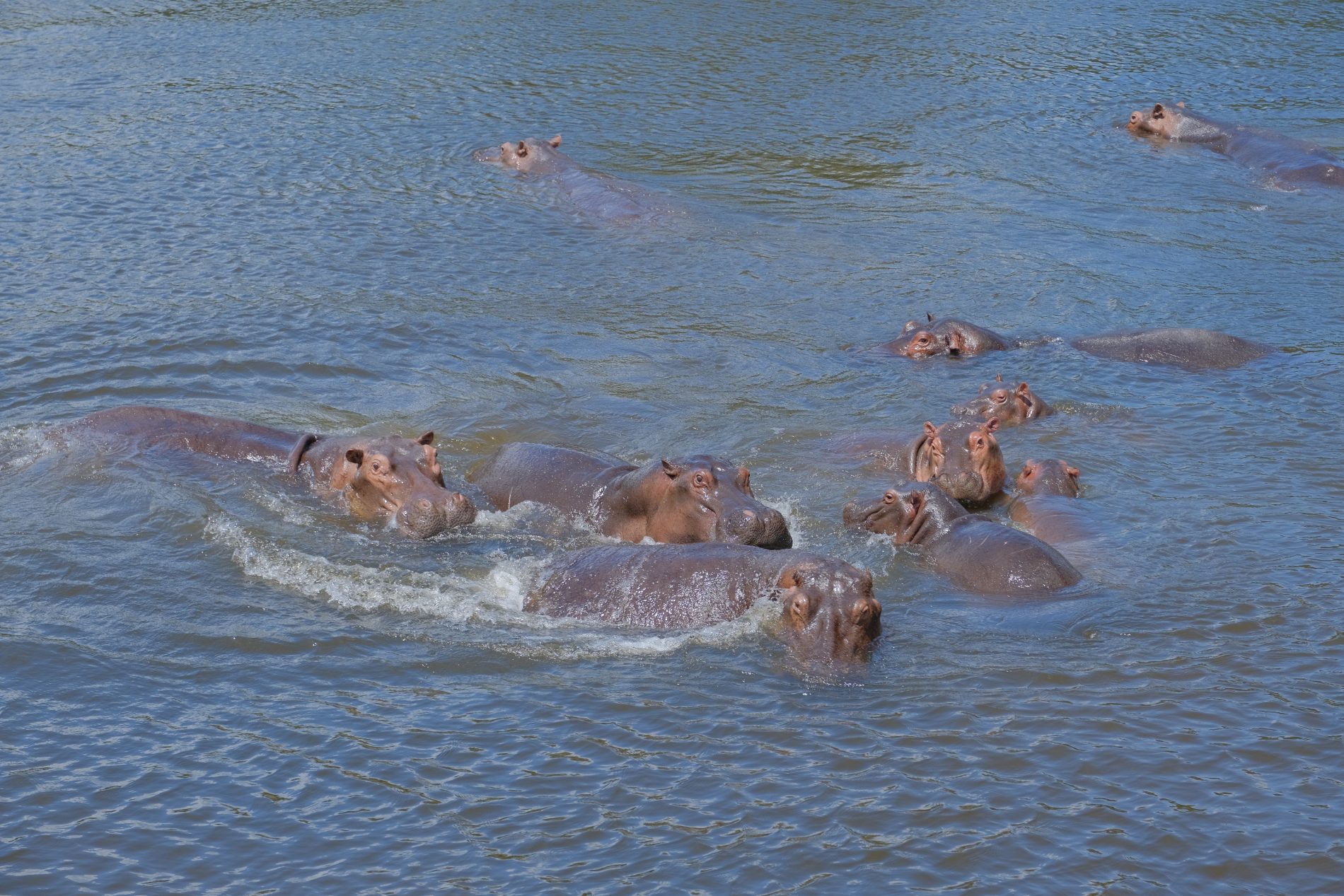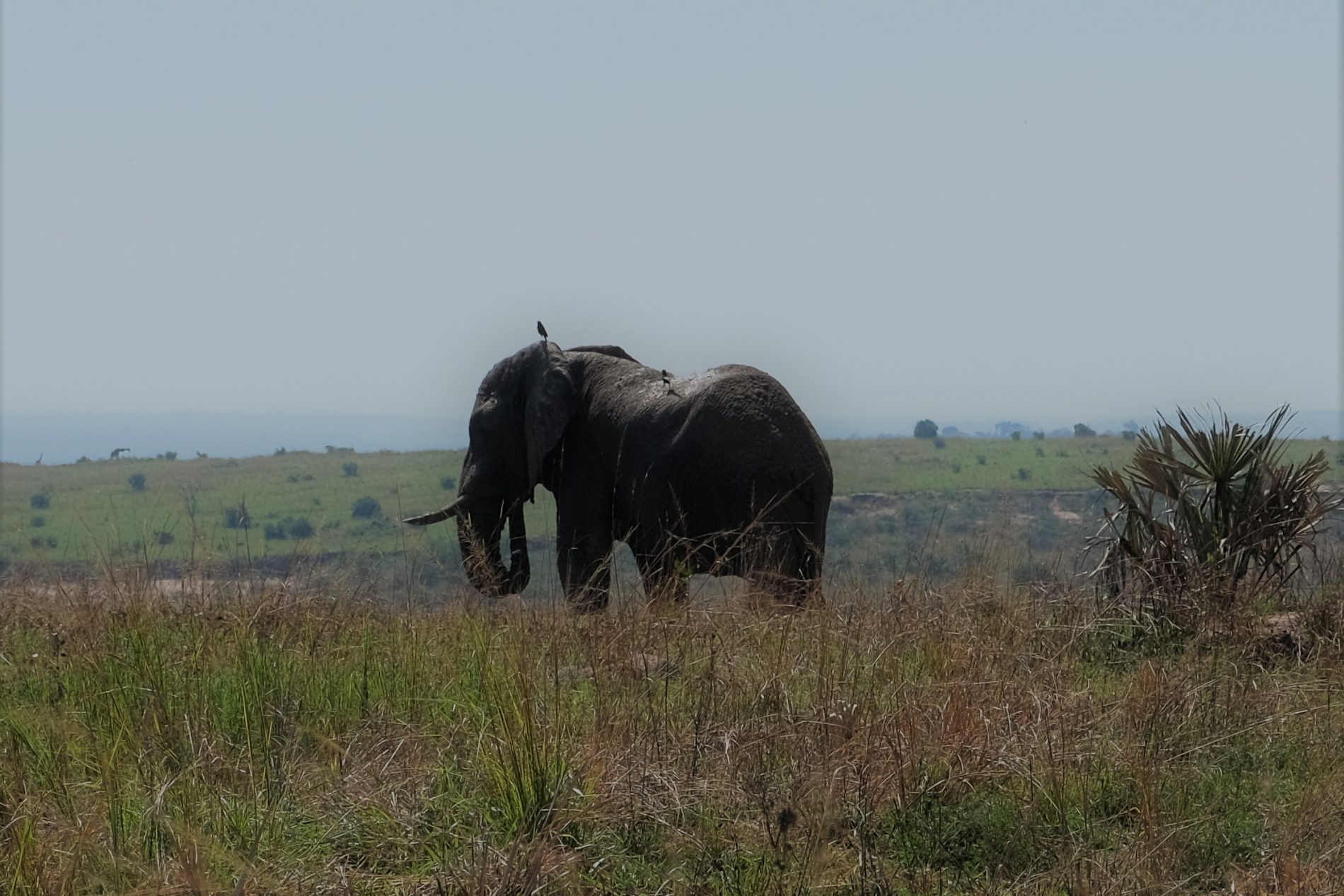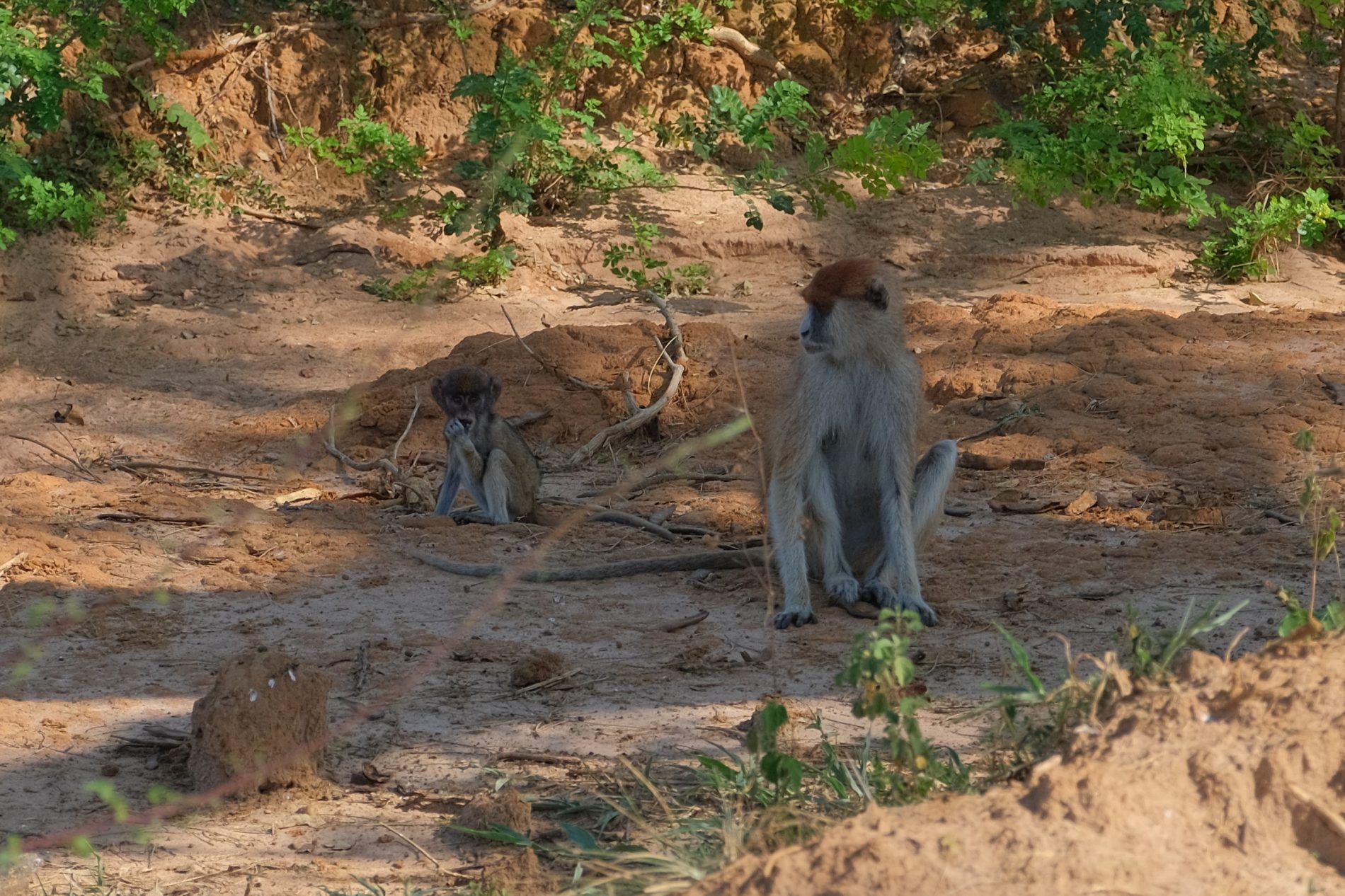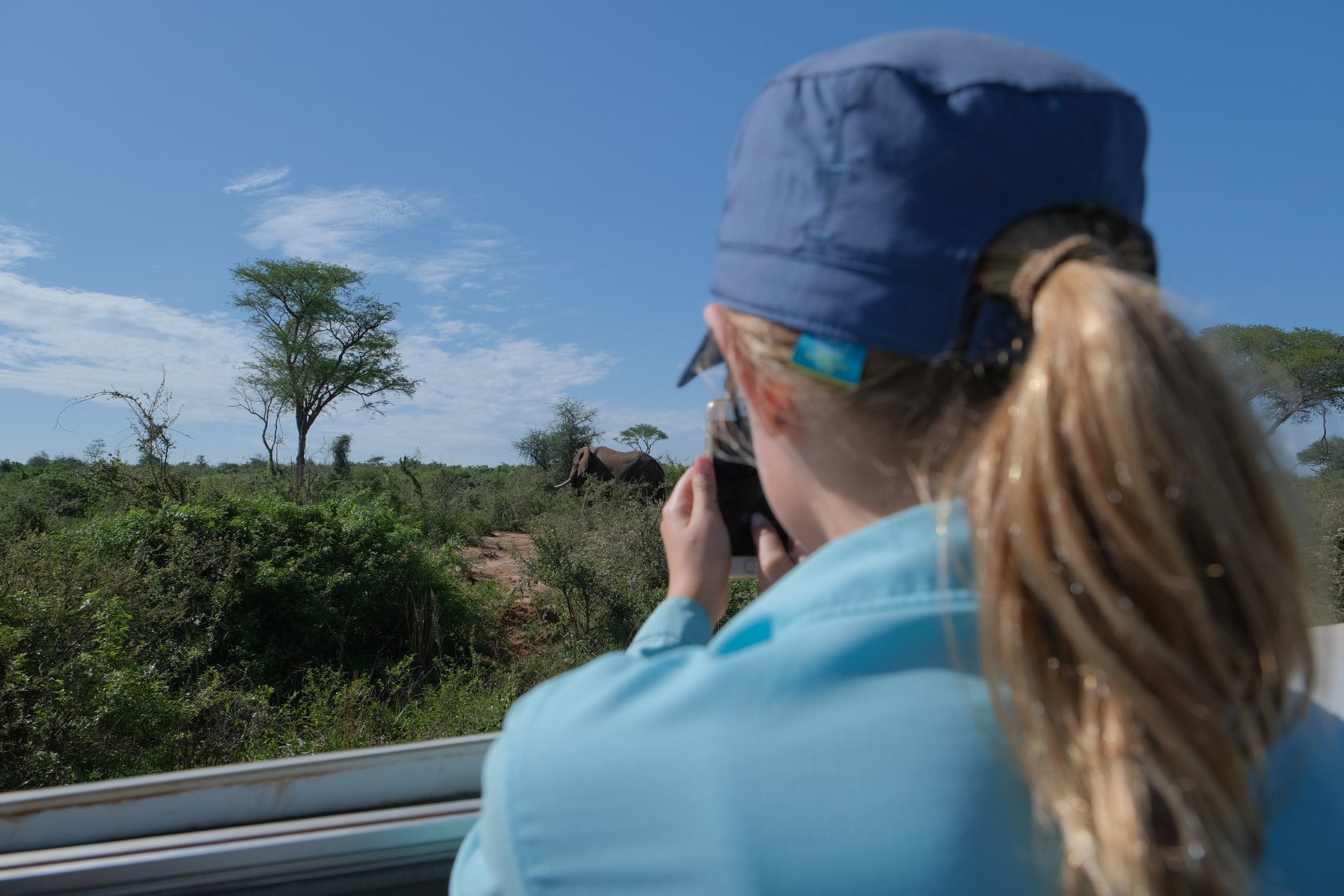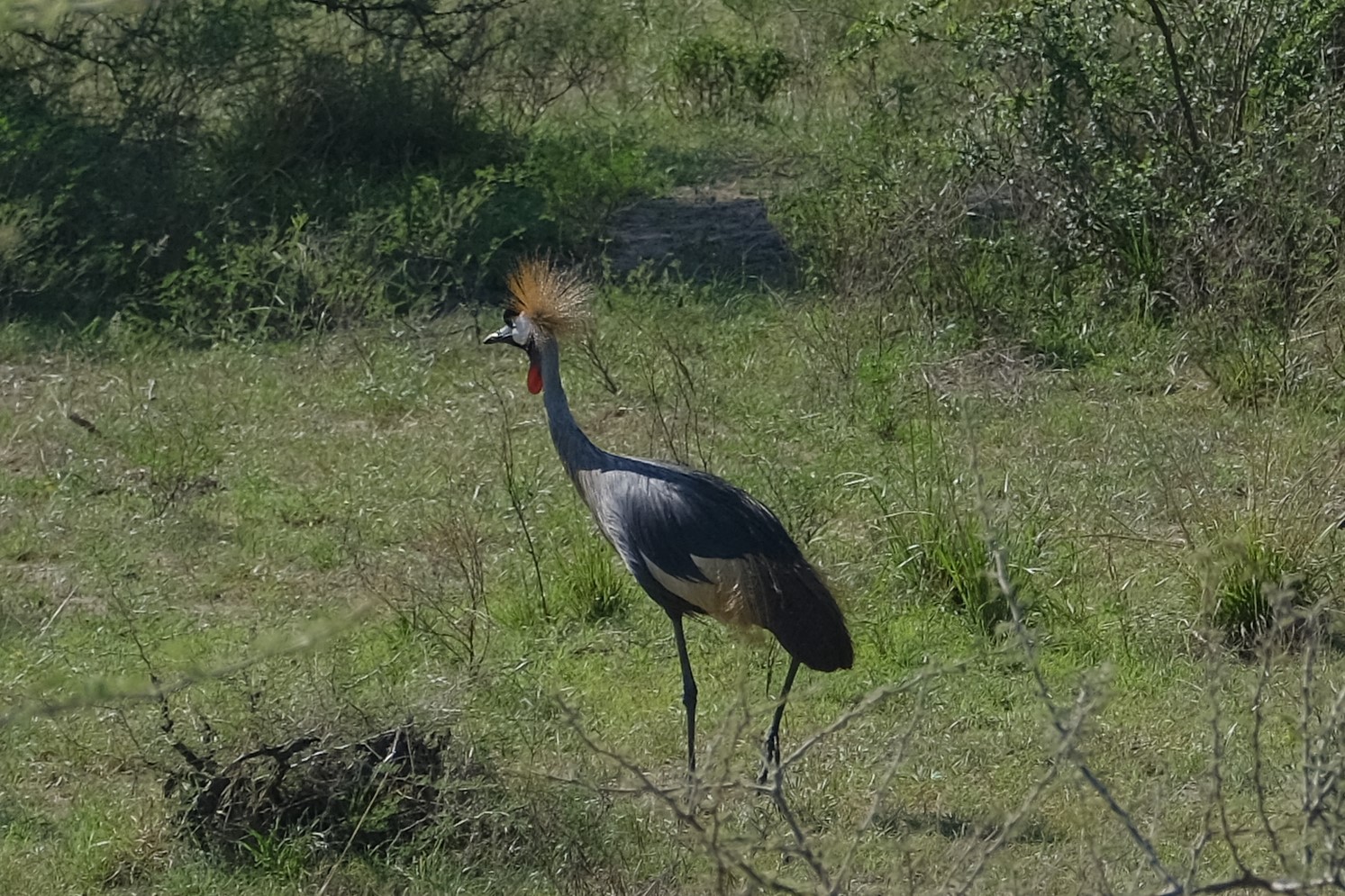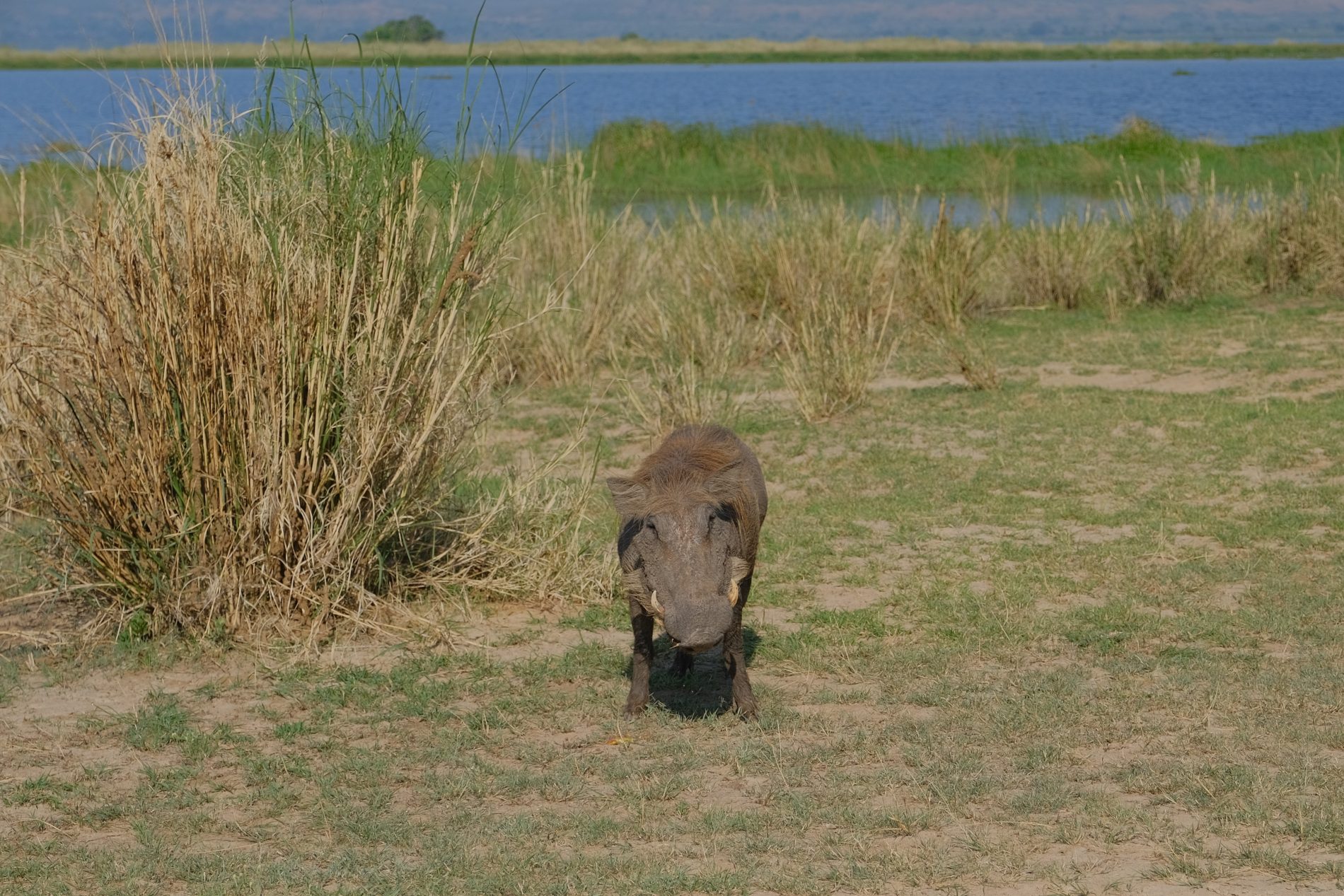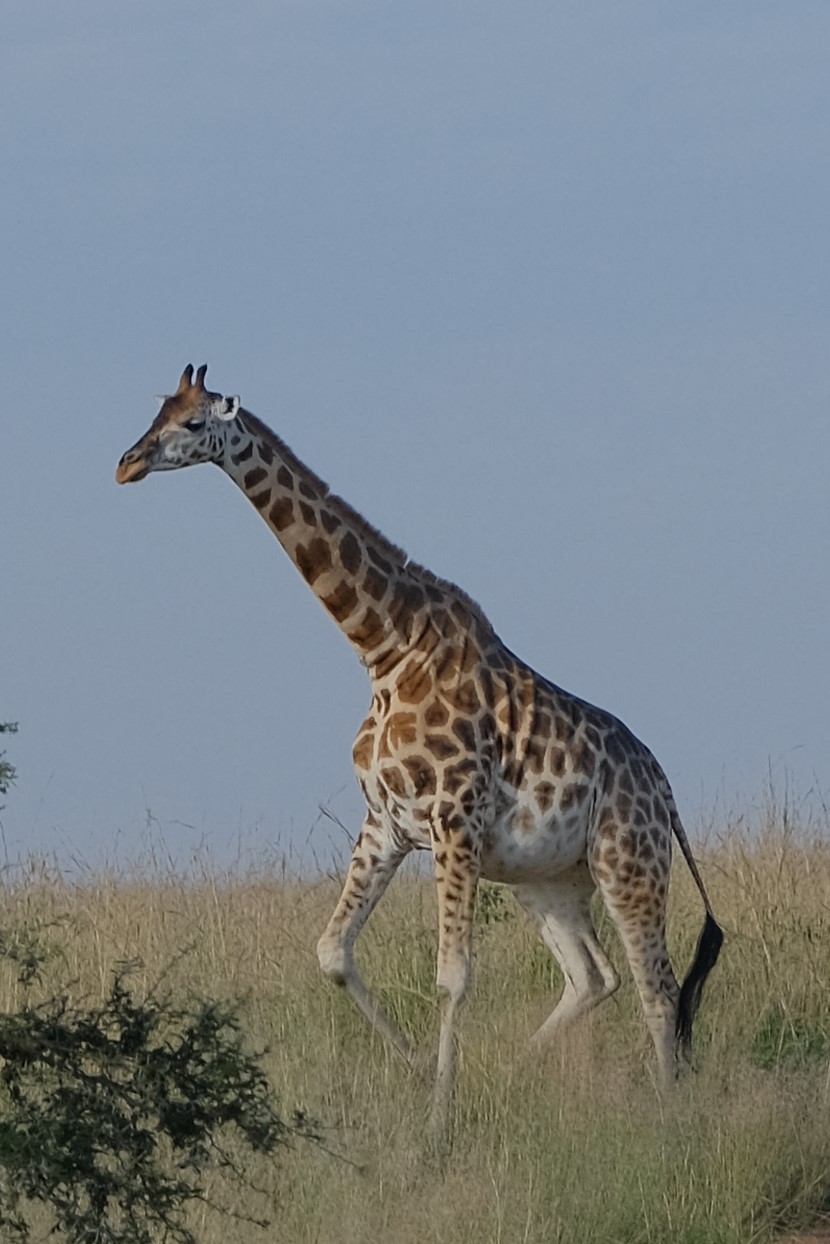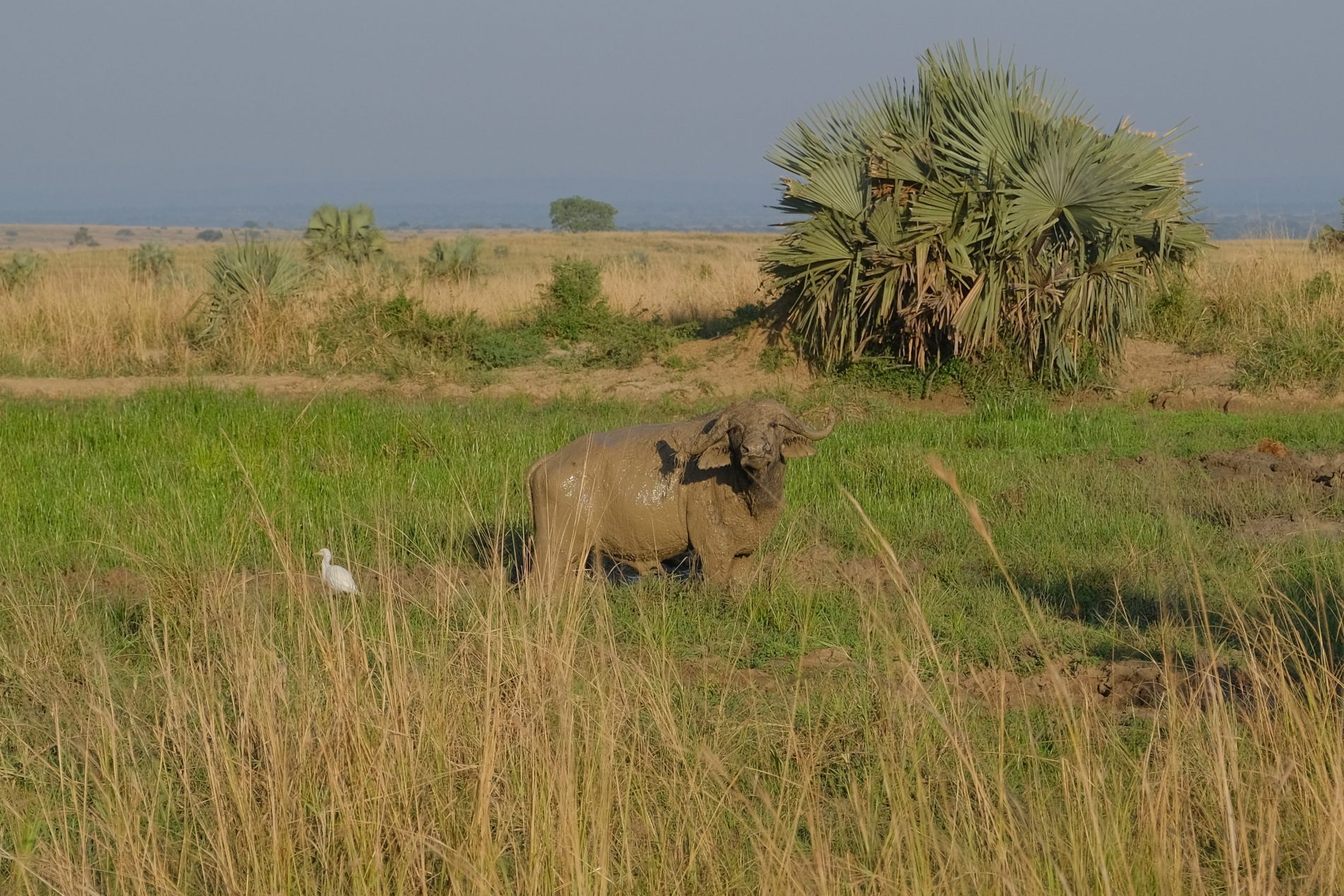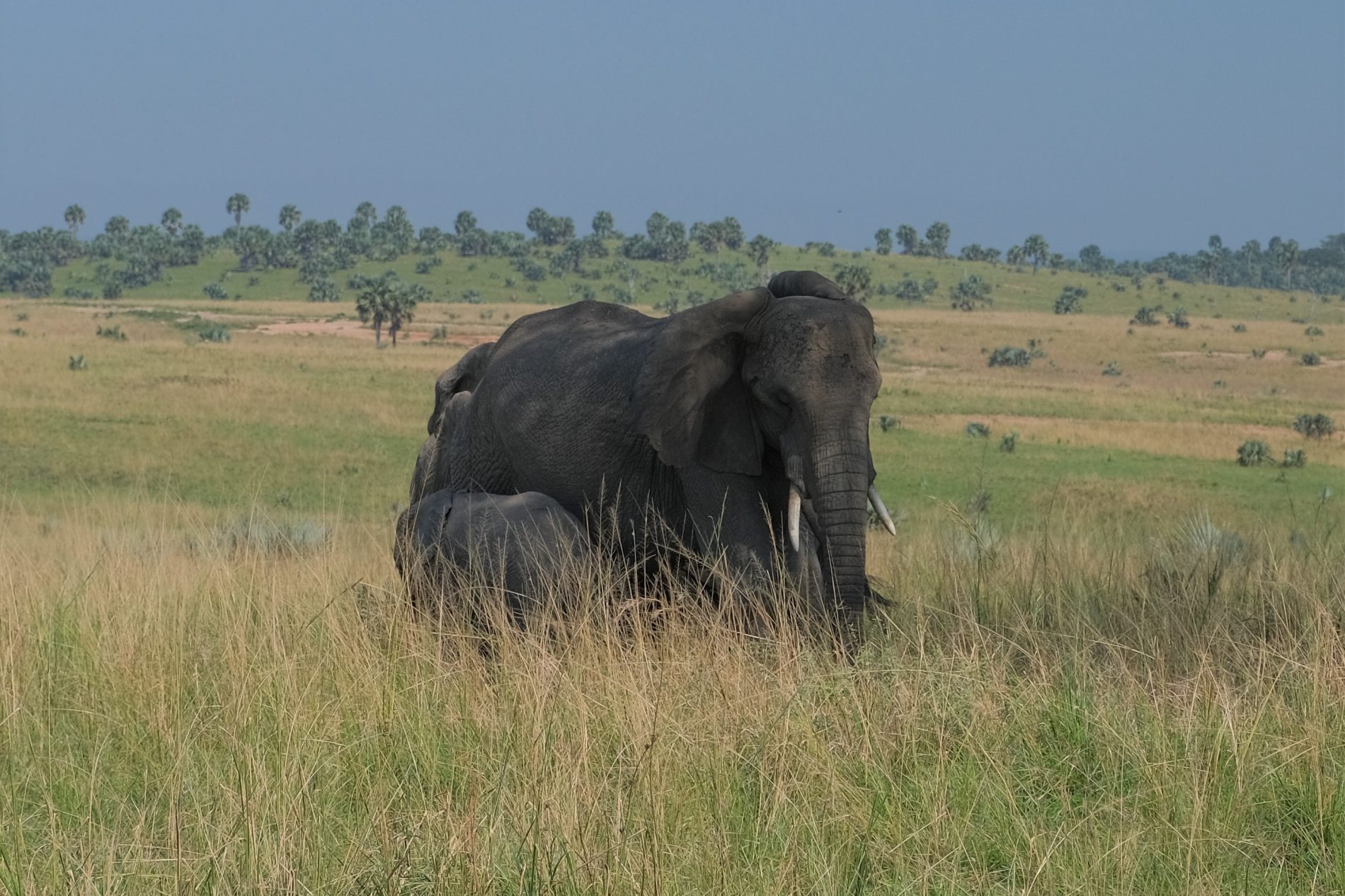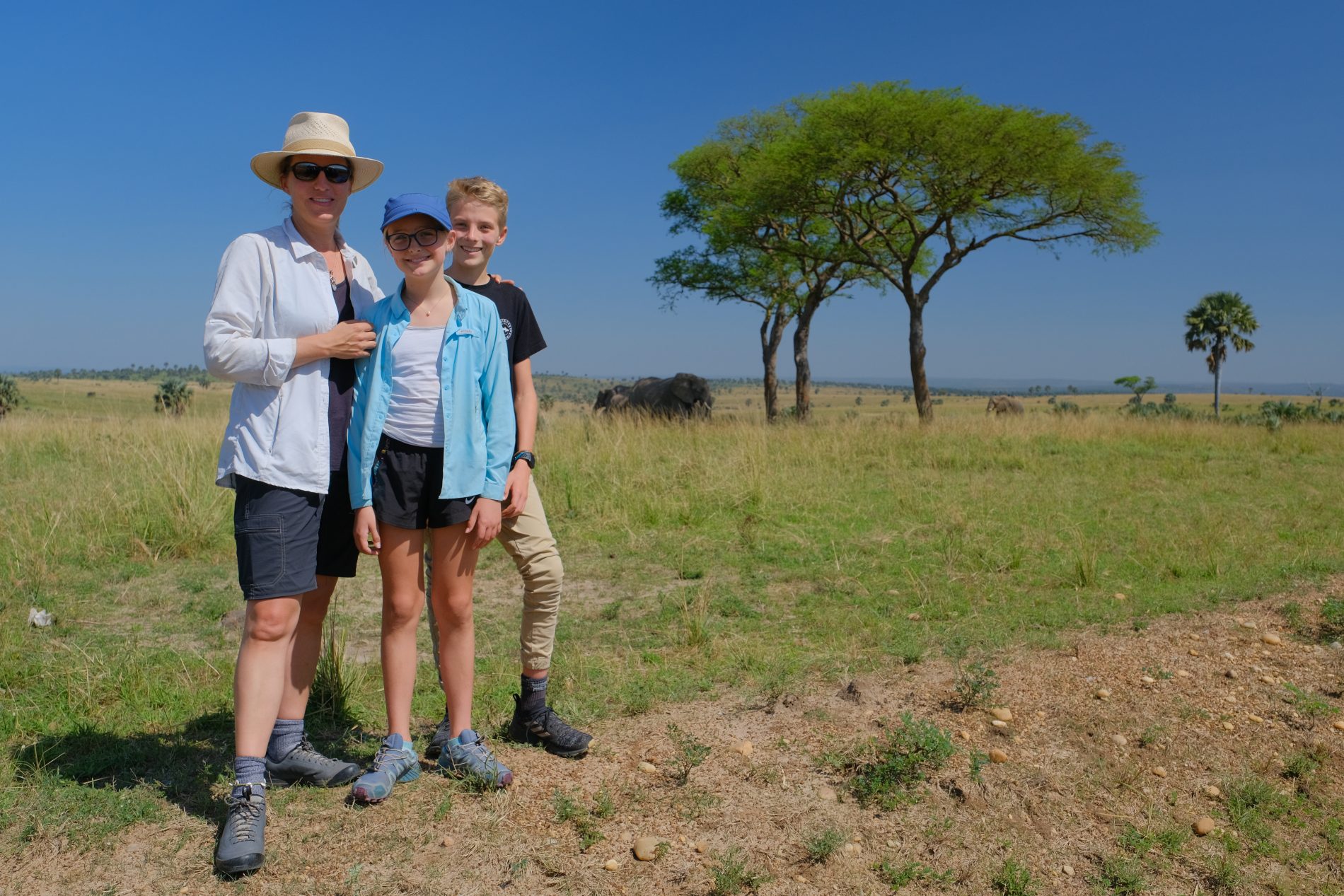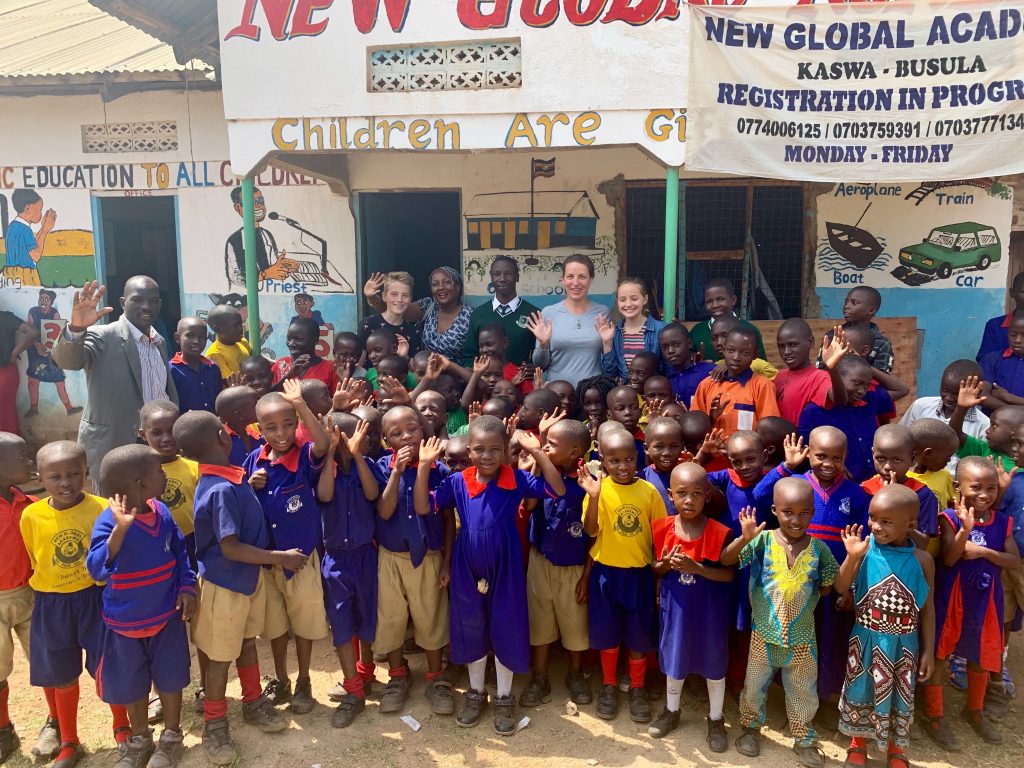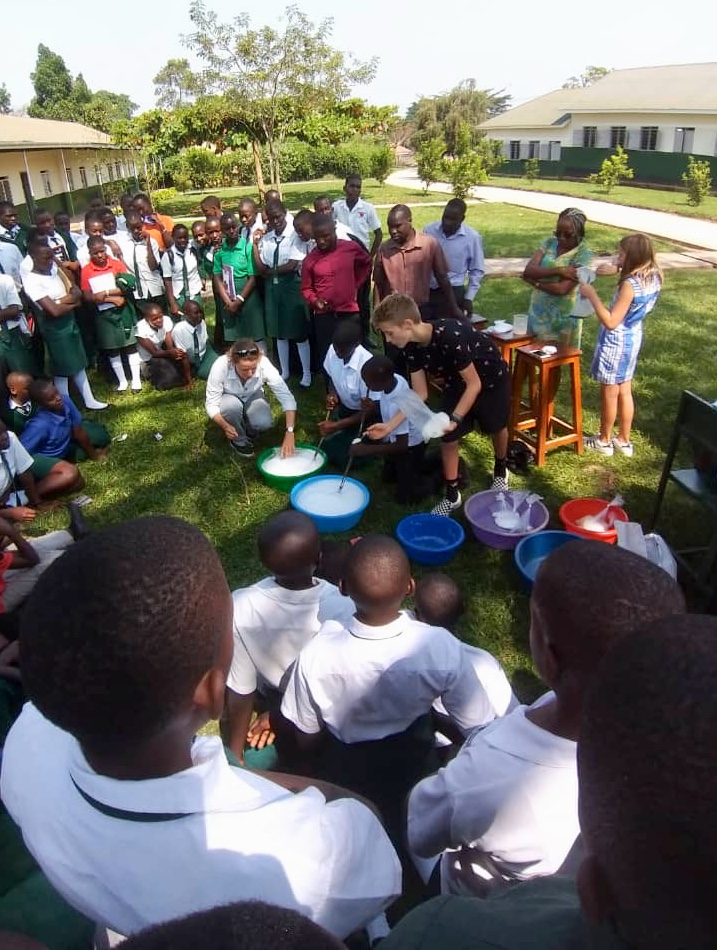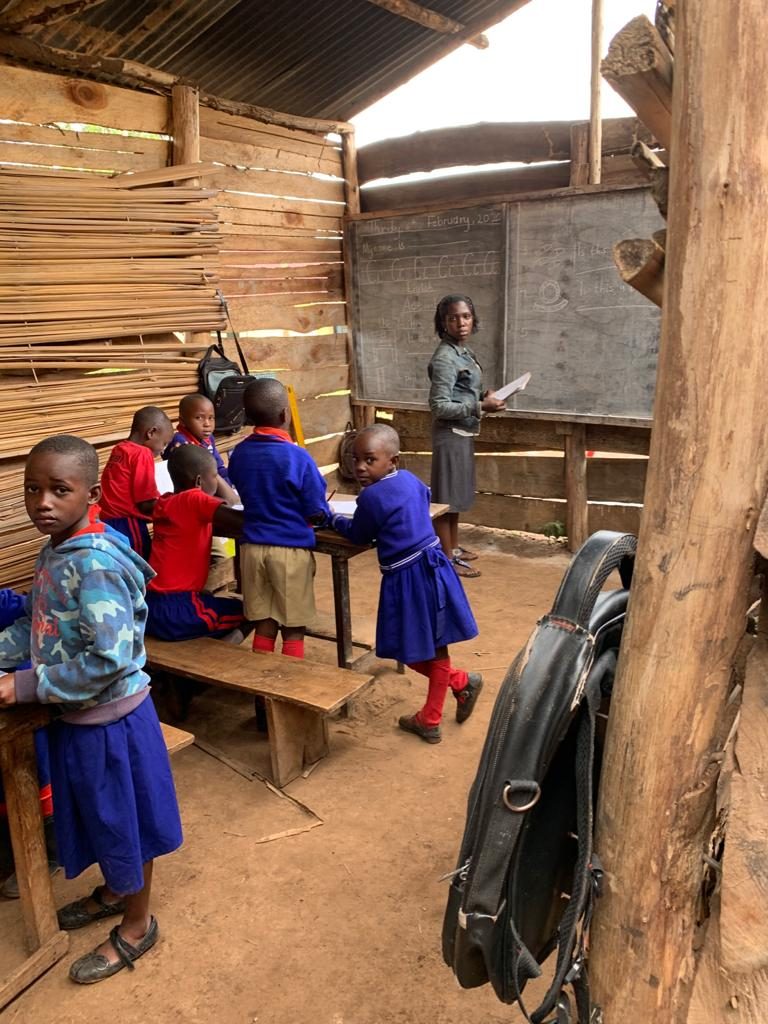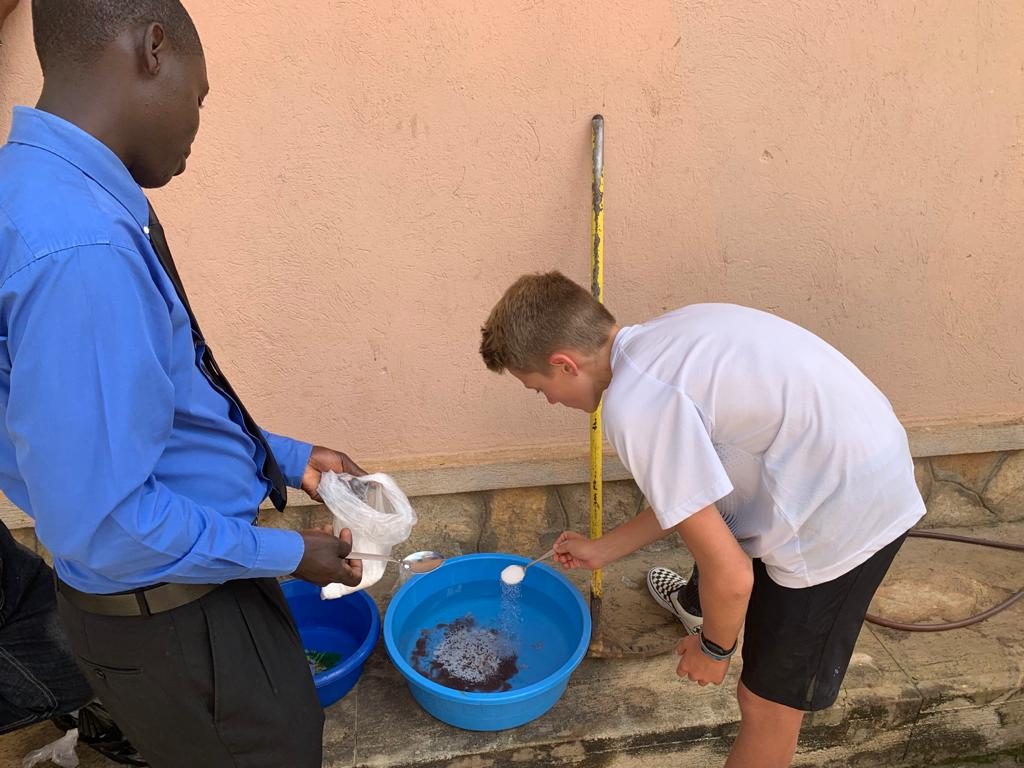February 2020

Nsawo 
Nsawo community clinic 
Deb’s passion to support this village and clinic is an inspiration 
The clinic ambulance 
Demonstrating ultrasound for use in pregnancy 
Nsawo typical brick home 
A patient’s gransdmother showing us where neighbors live 
Kids coming from their yard to greet us Mazungoss 
A superhero at the Nsawo primary school 
One of many wide loads on a bike rack; try also a wooden single bed frame, 100 KG of matooke, 3 kids 
Simple adobe house in Nsawo 
The jasmine-honeysuckle scent of coffee flowers everywhere 
With Herbert our gracious host in Nsawo 
Our very comfortable stay at Herbert’s home 
the nearest town center to buy a pan and a kitchen knife 
Going to plant matooke shoots 
Heading to the water borehole 
Nsawo Primary school morning 
Walking to the farm 
Bricks drying before being fired 
Kids wanting to see what we feel like 
“say Mazungo!” got alot of smiles 
Sunday School 
The school play yard 
An outdoor classroom 
New Global indoor classroom 
At the entry to the highschool – be warned 
teaching the chemistry class saponification 
Good Geography lesson in the new classroom on the board not yet painted black 
New Global kindergarten 
Siri handing out Valentines chocolates 
our friendly audience 
Rainy rutted roads 
Walking long commutes 
down dusty roads 
Possibly not a good choice for hand hold on bumpy roads.. 
Just some guys on the cattle truck 
Matooke moto 
School kids walking home 
Birds’ eye view of Kampala 
A view from our second story – like watching sausage being made 
From our kitchen, the Kampala quarry where gravel is hand-broken and paid by the kilo 
Only in Africa 
A little rhino at 10 months 
Obama – first born in the sanctuary in 2009 American mom and Kenyan dad 
Elephant family cooling at the river 
Fisherman on the Nile 
Young lionessess on an outing with mother 
a beautiful male rothschild giraffe 
an egret for every water buffalo 
The Uganda Kob 
Hartebest are known to forget they are being chased by a lion and start grazing 
African sunrise over the Nile 
Murchison and Freedom Falls 
The most powerful waterfall in the world, Murchison Falls 
A bloat of hippos on the Nile 
A beautiful old matriache 
monkey mama 
Riding with our head out the sunroof 
Crested crane 
Pumba 
Gestating giraffe 
A glorious mud bath 
42 degrees C – cooling in the shade 
So amazing to meander through this world
